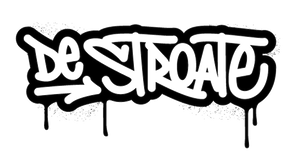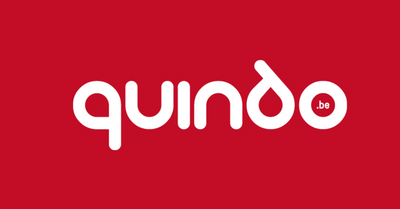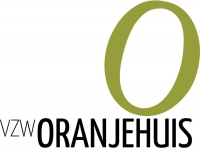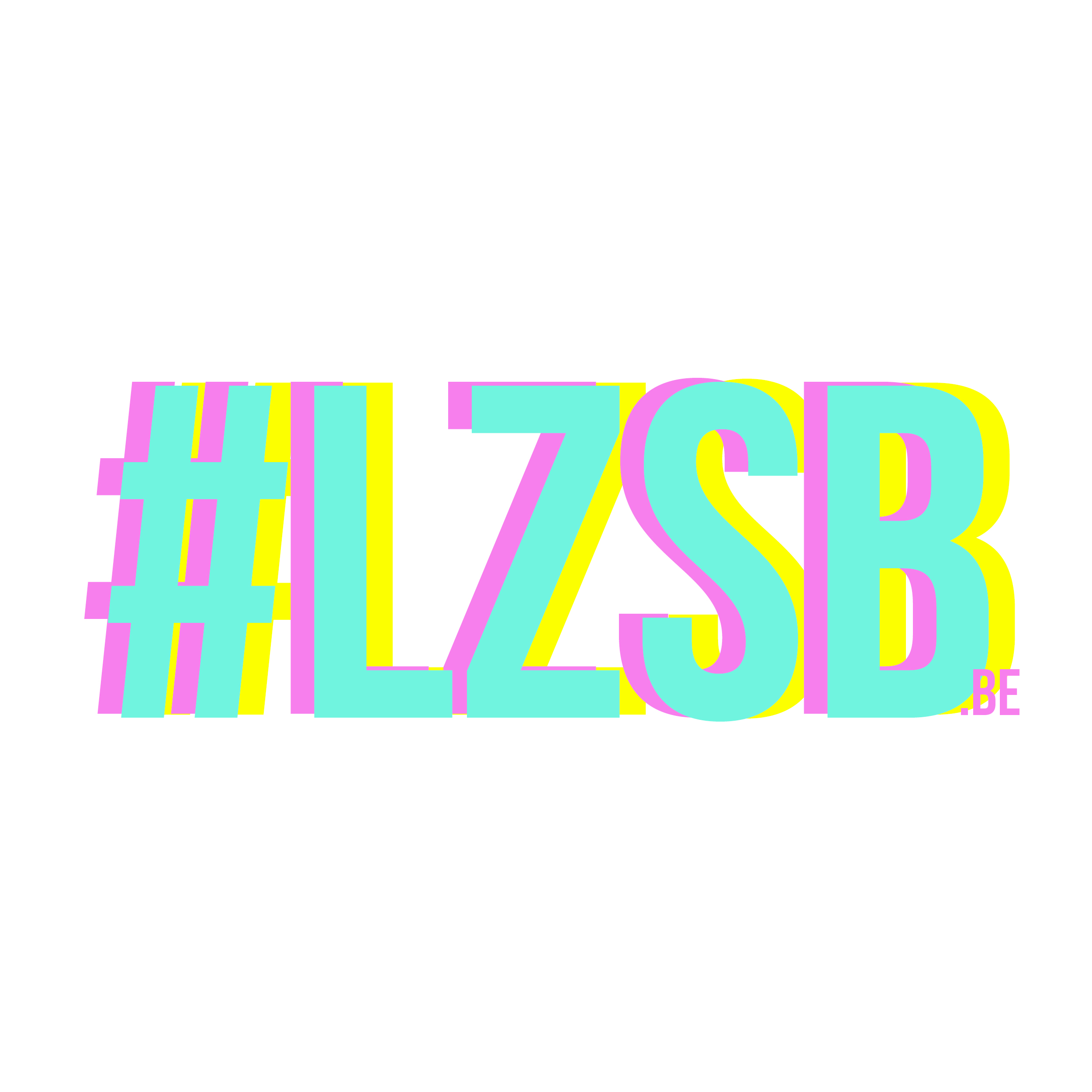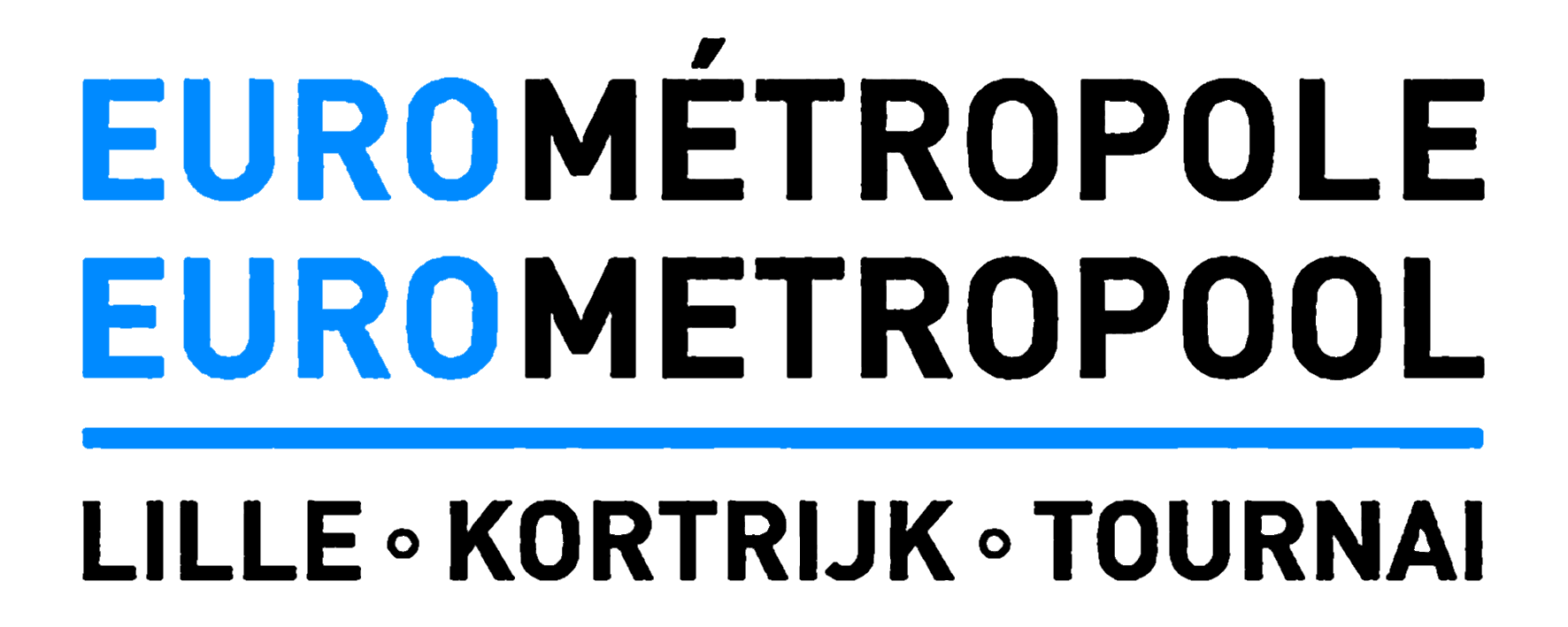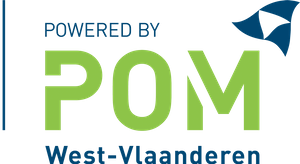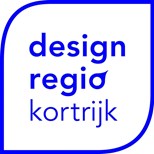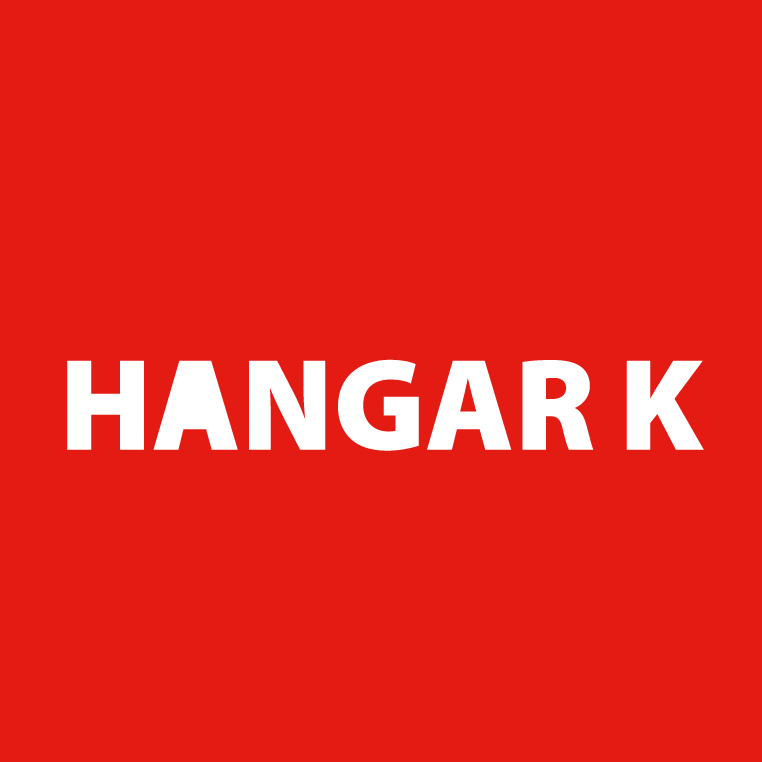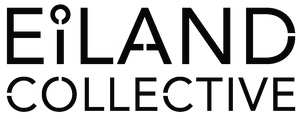What is the Living Summer School?
The Living Summer School (LSS) is a free annual informal education program that brings together young people to lead multidisciplinary experiments in territorial innovation in response to the urgent need for swift, effective action to address socioenvironmental issues within realistic social models.
The LSS is an Erasmus-certified informal training program and collaborates with a European Consortium of partners to devise its yearly curriculum. It is also a member of the New European Bauhaus’ Transformation of Places of Learning and of the LINA Architectural Platform & Community.
The program is held in Kortrijk, Belgium and through collaboration with local partners, students design and implement sustainable initiatives in the urban and rural areas of Southwest Flanders with the goal of nurturing a territorial mindset as a catalyst for innovation.
The program employs collaborative and experiential learning methods to promote a sense of shared responsibility. Every year, research is conducted on multifaceted social and climate challenges faced by local partners, including NGOs, policymakers, and private companies. Participants are then encouraged to work in teams to address these geography-specific challenges in collaboration with local communities and partners. The outcomes of the co-creation process are shared with local decision and policymakers.
Who is it for?
We strongly believe that the planning and transformation of our territories should be an inclusive and multidisciplinary process that transcends existing professional boundaries and constraints. We warmly invite students and professionals from various fields, including architecture, urban planning, design, real estate, graphic design, political studies, geography, history, art, and more, to participate in this experience.
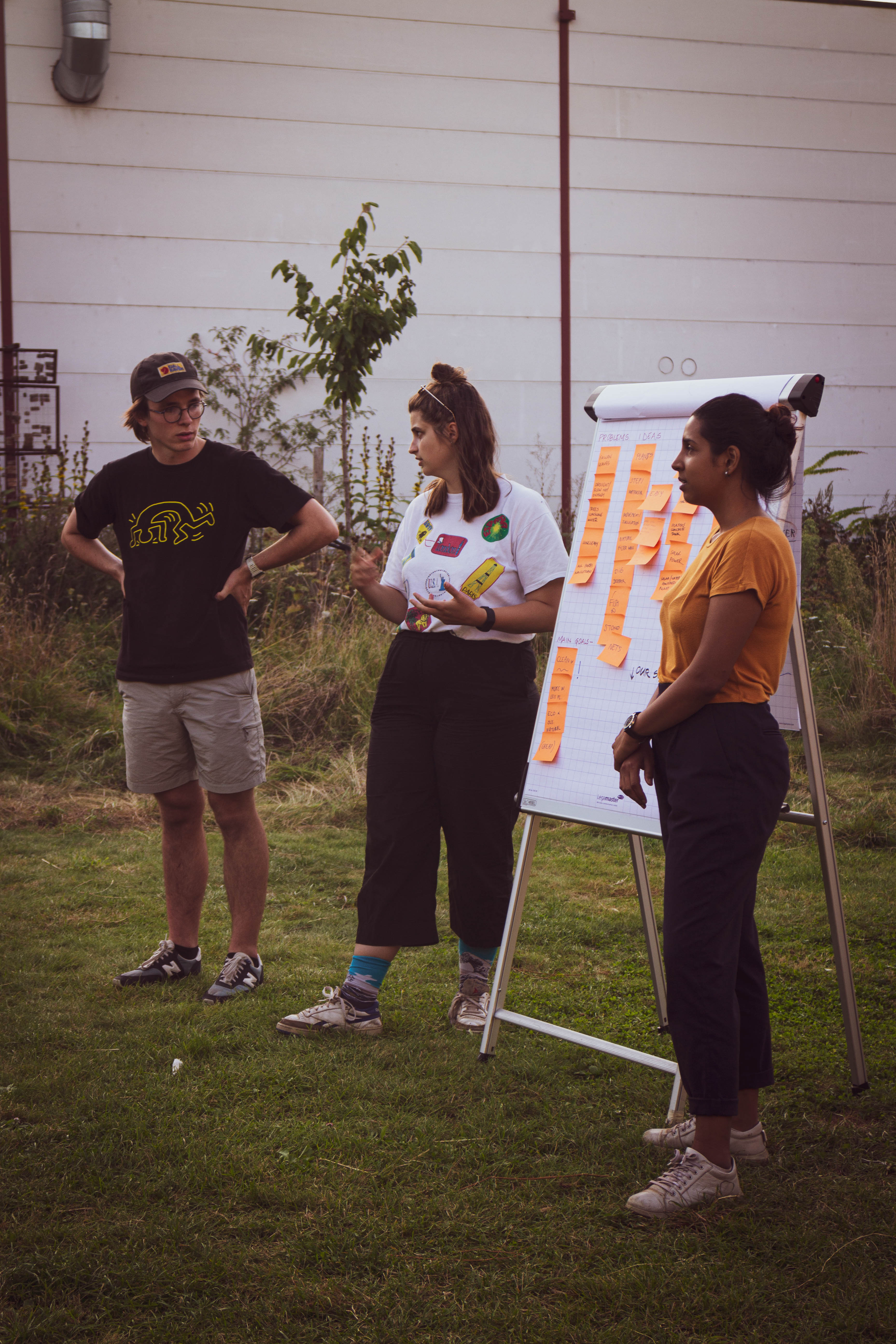


Informal Education
At the LSS, young people from different backgrounds experiment and learn together. The focus on social & environmental themes is essential: we want to actively engage young practitioners to work with this kind of challenge as designers, as entrepreneurs, as social activists, … and to give them the opportunity to see things from different perspectives and practices. Our unique educational approach combines specific use cases with a mix of hands-on competences and lectures tied within a programme that closely follows the structure of a design sprint. It stimulates interaction and cooperation, allowing for very unique insights to emerge.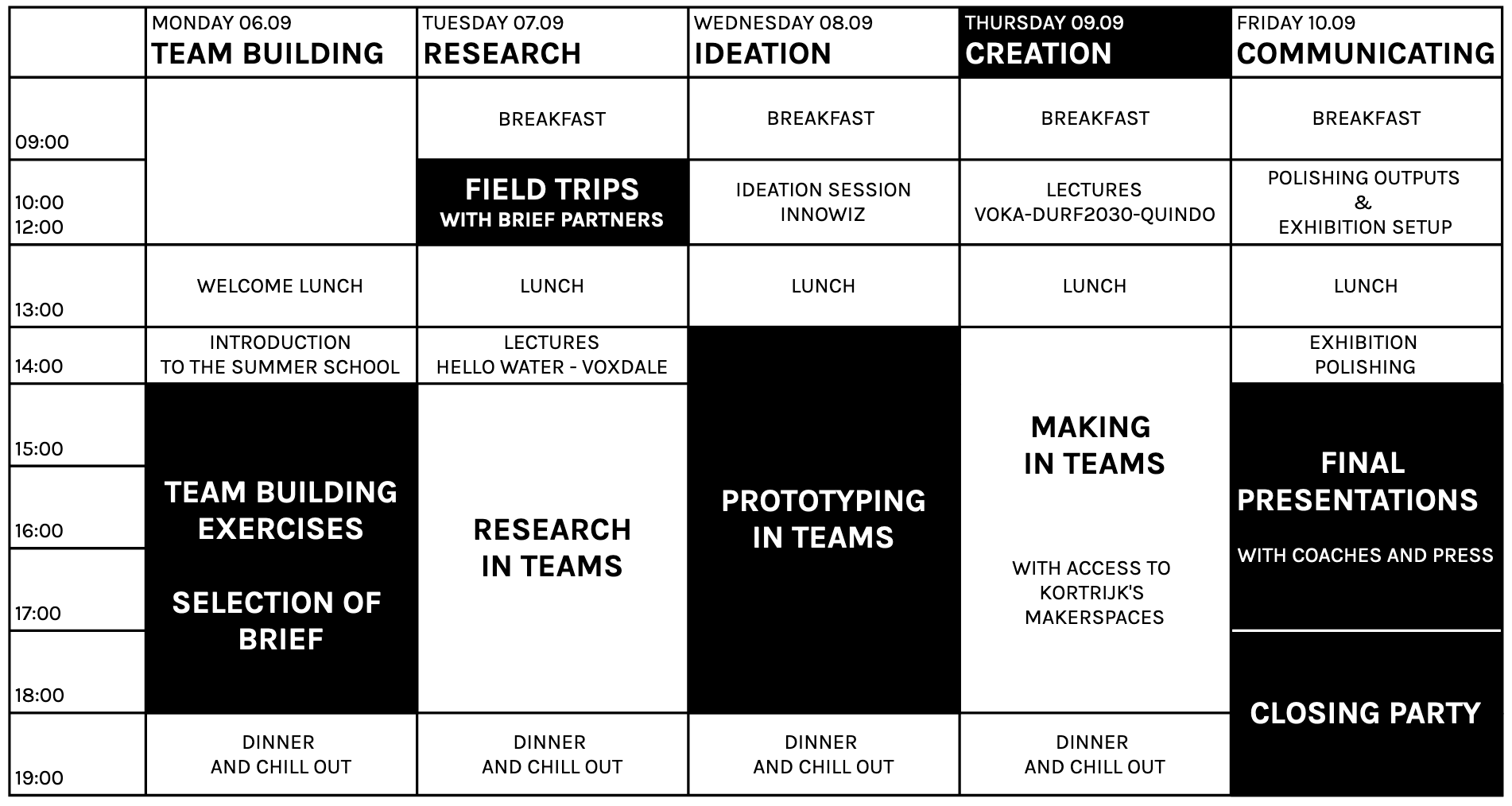

Mentorship, Partnerships & Collaboration
The LSS offers its participants a highly collaborative experience. Students work in teams and in close collaboration with partners: local experts who co-create with students responses to complex and systematic challenges they are being confronted with. Partners are selected every year to help us create territorial briefs thanks to their first-hand experiences and knowledge.Students also get daily lectures from local and international experts on various topics, as well as hands-on workshops to facilitate their creative process.
During the LSS students are are accompanied and mentored by our resident team which comprises of experts in art, design, social impact and enterpreneurship as well as participants from the previous LSS edition.
LSS, through collaboration, focuses on two main takeaways:
- Providing participants with soft and hard skills outside academic institutions,
- Providing our partners with outside-the-box visions of the future.
Organising Team
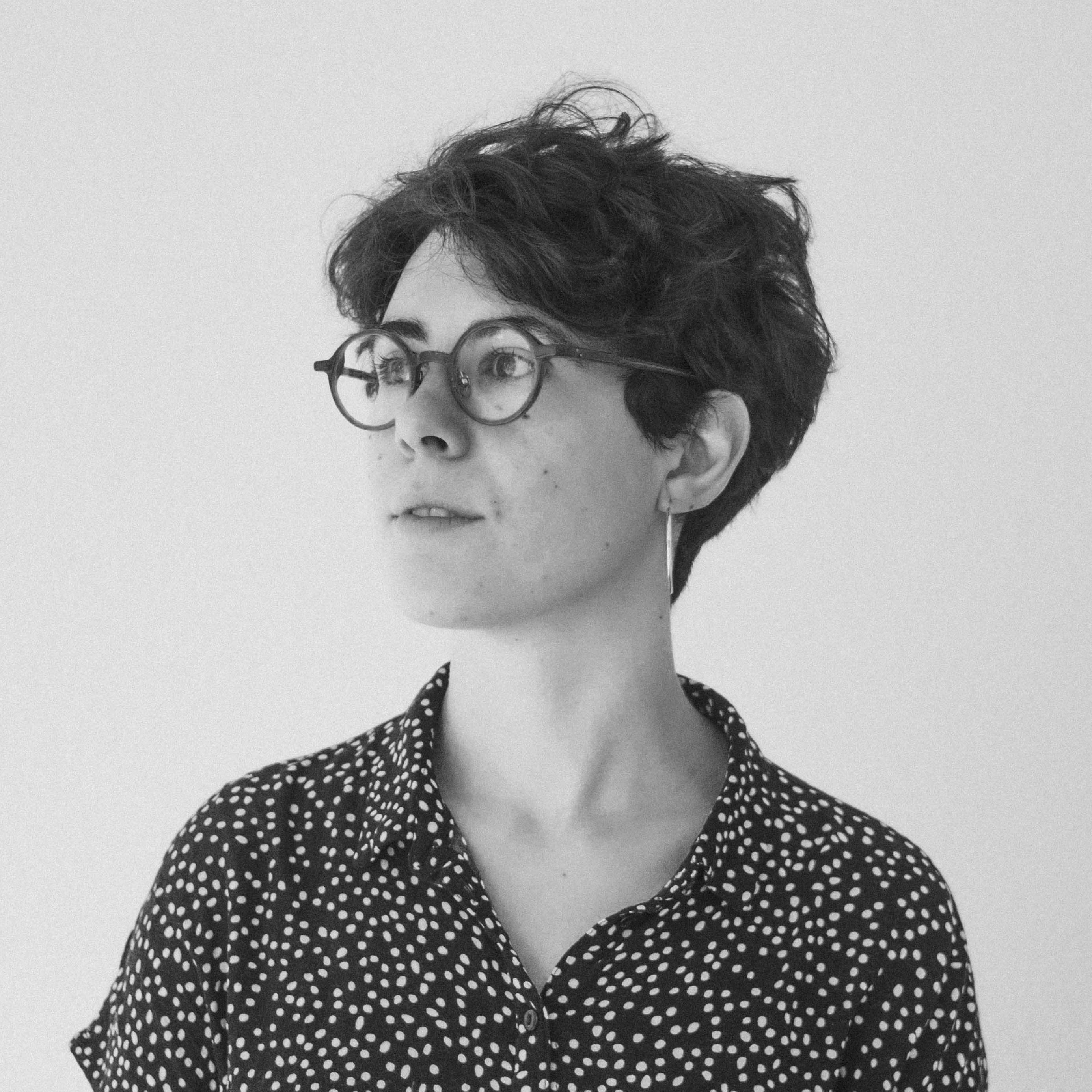
ELENA FALOMO
Elena is an Italian design researcher interested in digital, social, and ecological matters. She likes to carefully investigate systems welcoming complexity and ambiguity to design more equitable and participated futures (or alternate presents). She's also a passionate educator teaching in universities across Europe creative technologies and design.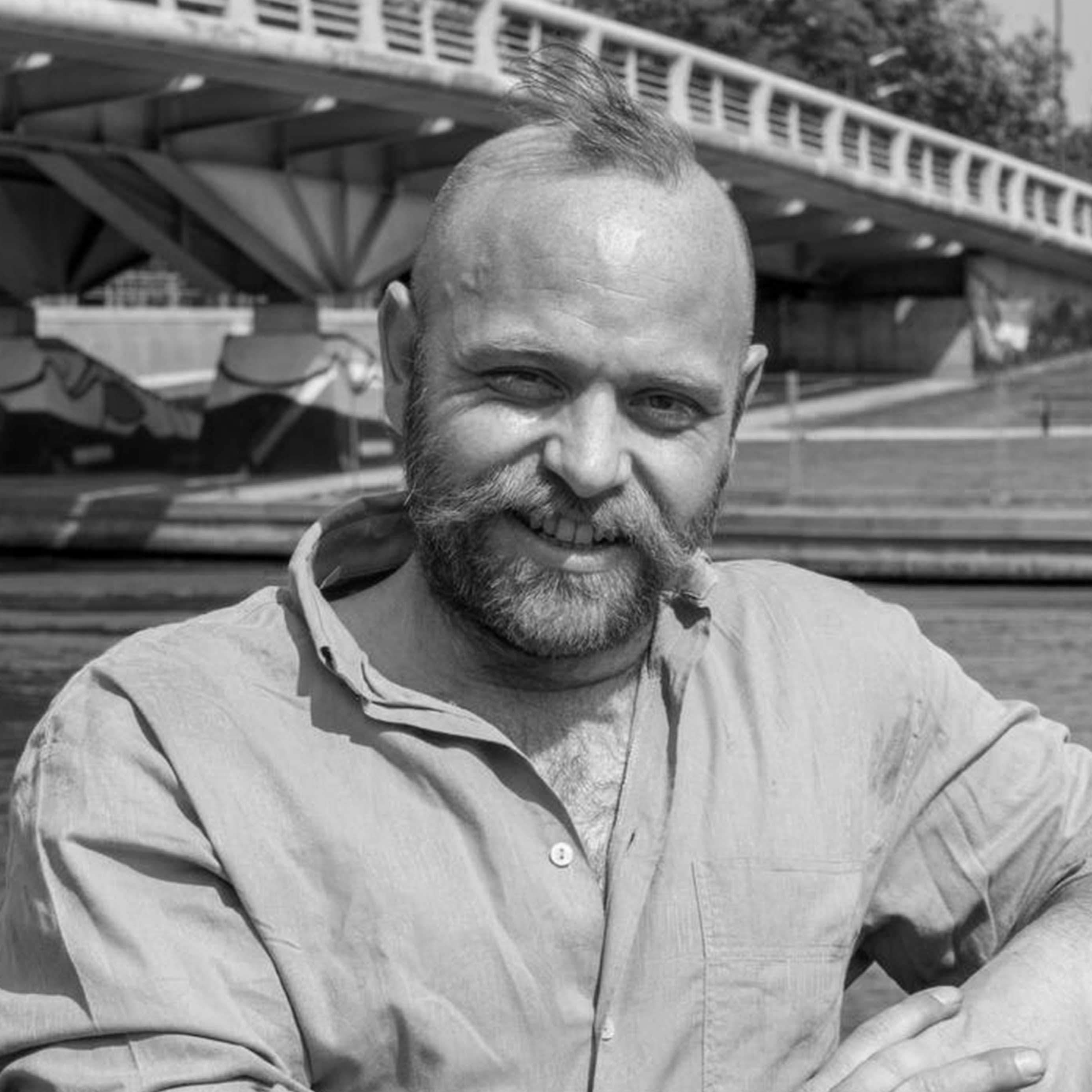
RUBEN BENOIT
Ruben co-founded Bolwerk and he is constantly working on the vision of the creative hub, developing new ideas and approaches to connect artistic, social, youth-focused and educational projects. Ruben guards the focus on sustainability throughout this organisation. He is a member of several boards in the youth and culture sector and a guest lecturer at Ghent University-Howest.
JADD HALLAJ
Jadd is a Syrian-American architect and cartographer. He holds his own practice in Paris, and is engaged in projects throughout Europe and the Middle East / North Africa region.
Learn more about the LSS by listening to Co-founder Elena Falomo present the project during our acceptance speach to the LINA European Architecture Network (Dec 2022):
Experience
We design each Living Summer School to be unique immersions in the territory. Living Summer Schools are short but intense. They aim at providing participants with practical tools to handle fast pased design sprints with a sense of climate and social urgency.
Price
The LSS is Free for all participants. As an ERASMUS + program, we also guarantee students residing in Europe help in covering their travel costs to and from Kortrijk.
Yearly Theme
Every year we pick and choose educational methodologies that are fit for the topic being dealt with in the summer school. The topics, in turn, emerge from our community's needs and urgent issues of the contemporary world. Methodology and topics are refined year-round through an intertwined process, until their implementation.
The Living Summer School participants are always provided with the opportunity to practise a mixture of soft and hard skills, these include building and making, prototyping, technological experimentation, service design, design thinking, ethnography research, vision making,...
We experiment yearly intending to offer participants tools that would allow them to better tackle complex situations in the future, and develop innovative practices to accommodate the needs of our societies. Participants always gain experience in dealing with human and non-human stakeholder networks, in negotiating priorities within them and in advocating for change.
The Living Summer School participants are always provided with the opportunity to practise a mixture of soft and hard skills, these include building and making, prototyping, technological experimentation, service design, design thinking, ethnography research, vision making,...
We experiment yearly intending to offer participants tools that would allow them to better tackle complex situations in the future, and develop innovative practices to accommodate the needs of our societies. Participants always gain experience in dealing with human and non-human stakeholder networks, in negotiating priorities within them and in advocating for change.
Living
While participants are welcome to arrange their own housing in nearby hostels or hotels, we would like to encourage co-living as part of the program experience. Living together fosters a sense of community and facilitates the exchange of ideas and experiences among participants.
Throughout the duration of the LSS, participants reside together and share cooking and dining facilities. Their accommodation is situated in Dock 27, a container city repurposed for Kortijk's Sea Scouts. The site comprises a spacious dining hall, a professional kitchen used for meal preparation, a large living hall that extends outdoors through two opening gates, three sleeping quarters, and sanitation facilities with two bathrooms and four showers. The site's proximity to the city's main lake and its location only 15 minutes away from the city center by bicycle.
Each night, participants will have the opportunity to work alongside a chef in preparing meals and setting/clearing the table. After dinner, participants are invited to unwind and enjoy the surroundings of the lake area. We encourage everyone to take advantage of the green outdoors and engage in outdoor activities. However, we kindly request that noise be kept to a minimum between the hours of 12 am to 8 am, so that everyone can enjoy a comfortable night's sleep.
We believe that this well-rounded approach to daily activities provides a balance between structured learning and personal time for reflection and relaxation. Participants can organise their own housing in nearby hostels or hotels, but we would like to encourage co-living.
We want to ensure that all participants have a comfortable and enjoyable experience during our program. If you have any special requests or needs related to your diet, sleep, or any other aspect, please let us know before the start of the program.
We will do our best to accommodate any requests and ensure that everyone's needs are met. Whether you have dietary restrictions, require special accommodations for sleeping, or have any other concerns, we are here to help.
DOCK 27 →
![]()
![]()
![]()
Throughout the duration of the LSS, participants reside together and share cooking and dining facilities. Their accommodation is situated in Dock 27, a container city repurposed for Kortijk's Sea Scouts. The site comprises a spacious dining hall, a professional kitchen used for meal preparation, a large living hall that extends outdoors through two opening gates, three sleeping quarters, and sanitation facilities with two bathrooms and four showers. The site's proximity to the city's main lake and its location only 15 minutes away from the city center by bicycle.
Each night, participants will have the opportunity to work alongside a chef in preparing meals and setting/clearing the table. After dinner, participants are invited to unwind and enjoy the surroundings of the lake area. We encourage everyone to take advantage of the green outdoors and engage in outdoor activities. However, we kindly request that noise be kept to a minimum between the hours of 12 am to 8 am, so that everyone can enjoy a comfortable night's sleep.
We believe that this well-rounded approach to daily activities provides a balance between structured learning and personal time for reflection and relaxation. Participants can organise their own housing in nearby hostels or hotels, but we would like to encourage co-living.
We want to ensure that all participants have a comfortable and enjoyable experience during our program. If you have any special requests or needs related to your diet, sleep, or any other aspect, please let us know before the start of the program.
We will do our best to accommodate any requests and ensure that everyone's needs are met. Whether you have dietary restrictions, require special accommodations for sleeping, or have any other concerns, we are here to help.
DOCK 27 →
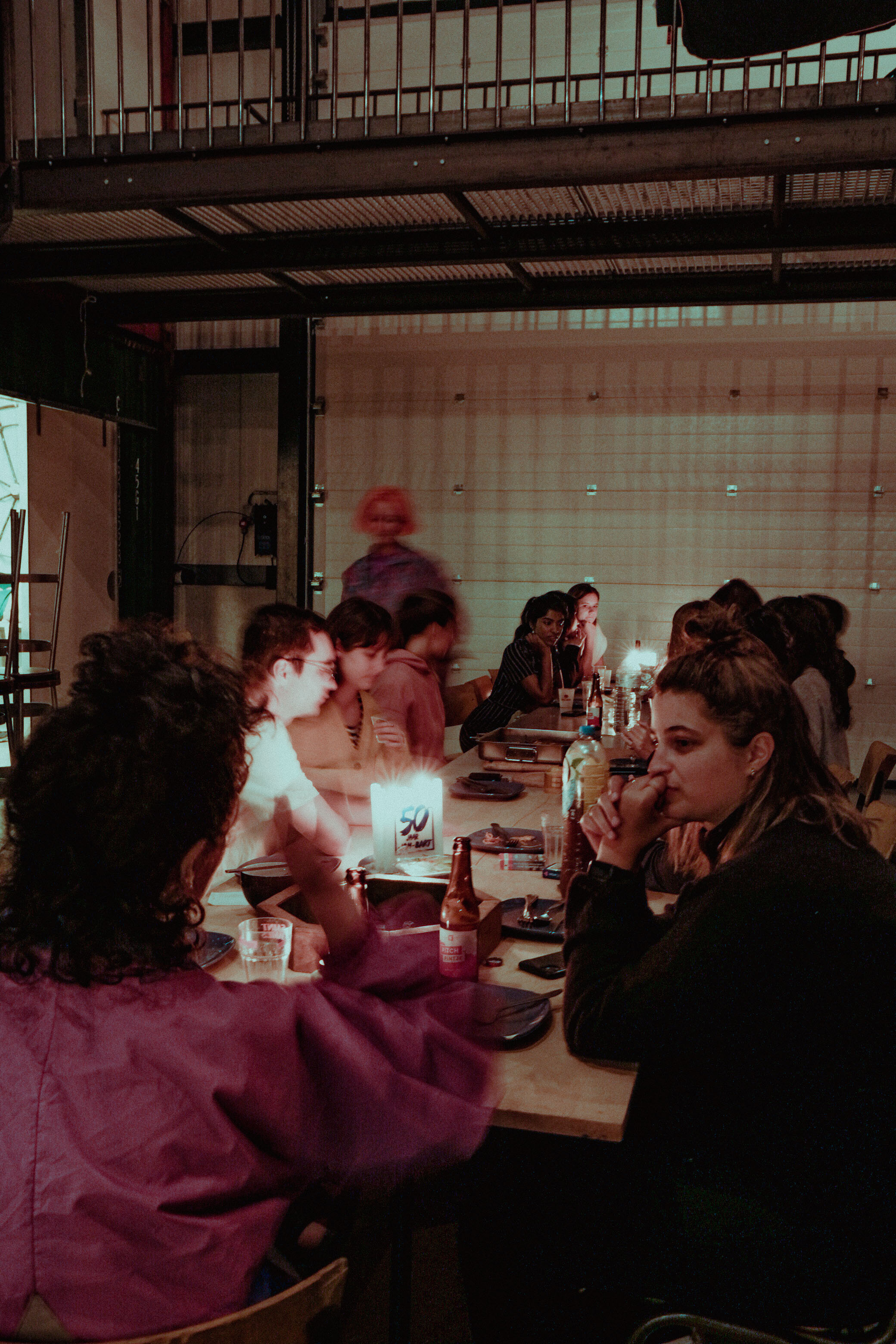
Biking
As part of our program, each participant will be provided with a bicycle. Biking will be the primary mode of transportation for all activities and field trips, as we believe it is the best way to explore the territory. Site visits are a very important part of the research process. Participants will have the chance to meet with different organisations and experts.
However, we understand that some heavy materials may require transportation by car. For this reason, we will have one car available to assist with transportation. Also, if you have a medical condition or any other reason that prevents you from biking, you may request transportation by car during the summer school. However, please note that due to limited space, we kindly ask that you notify us in advance if you require car transportation.
We believe that biking is not only an environmentally-friendly way to travel, but it also allows participants to fully immerse themselves in the local culture and surroundings.
We kindly ask that each participant take responsibility for their own bicycle during the summer school program. We trust that you will treat your bike with care and respect, as it will be your primary mode of transportation throughout the program. Please note that in the event of any damage, theft, or loss of your bicycle, you will be responsible for the related costs. We understand that accidents can happen, so we encourage everyone to take precautions and lock their bikes securely when not in use.
Bycicles are rented from: Fietsencentrum Mobiel
![]()
![]()
![]()
![]()
However, we understand that some heavy materials may require transportation by car. For this reason, we will have one car available to assist with transportation. Also, if you have a medical condition or any other reason that prevents you from biking, you may request transportation by car during the summer school. However, please note that due to limited space, we kindly ask that you notify us in advance if you require car transportation.
We believe that biking is not only an environmentally-friendly way to travel, but it also allows participants to fully immerse themselves in the local culture and surroundings.
We kindly ask that each participant take responsibility for their own bicycle during the summer school program. We trust that you will treat your bike with care and respect, as it will be your primary mode of transportation throughout the program. Please note that in the event of any damage, theft, or loss of your bicycle, you will be responsible for the related costs. We understand that accidents can happen, so we encourage everyone to take precautions and lock their bikes securely when not in use.
Bycicles are rented from: Fietsencentrum Mobiel

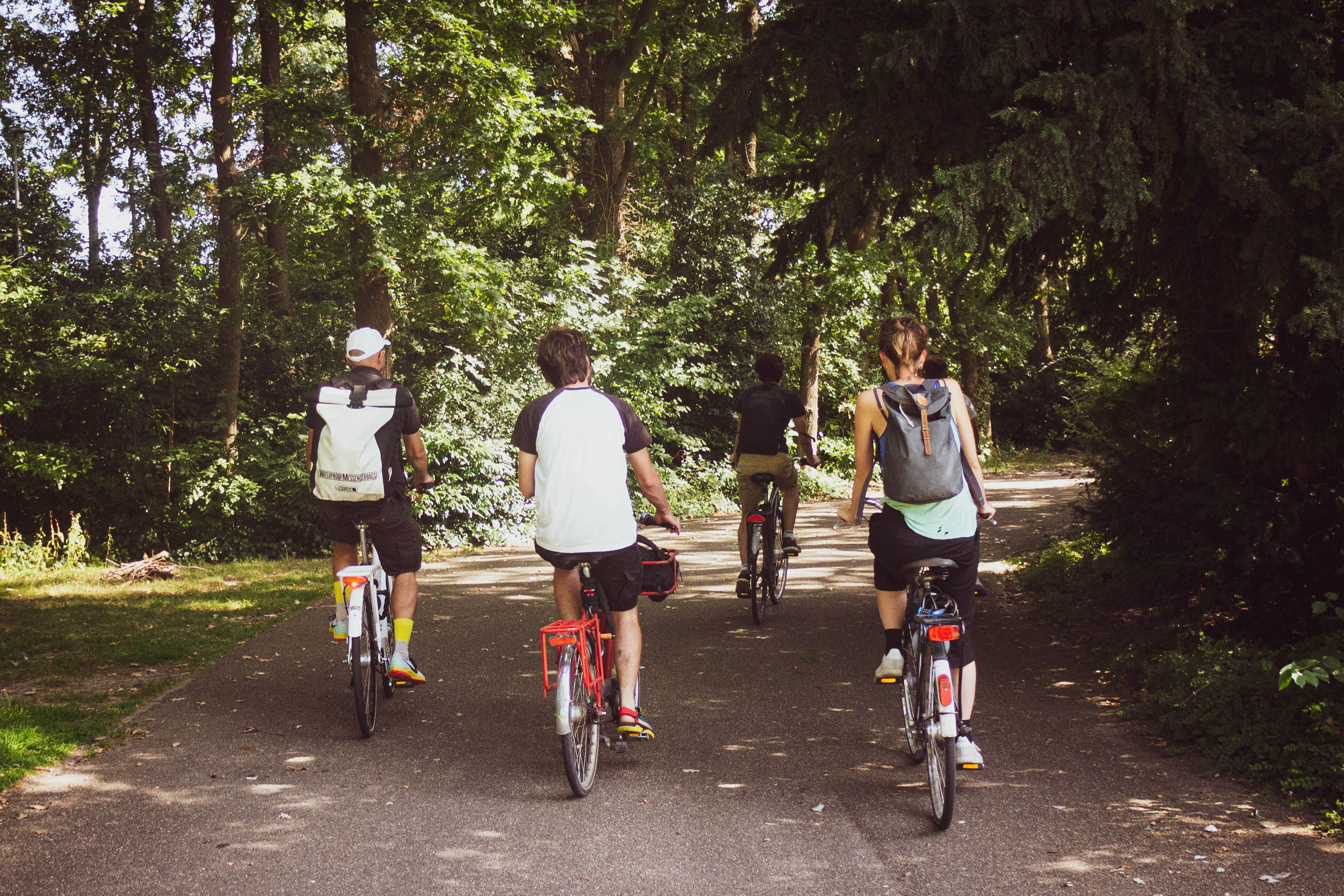

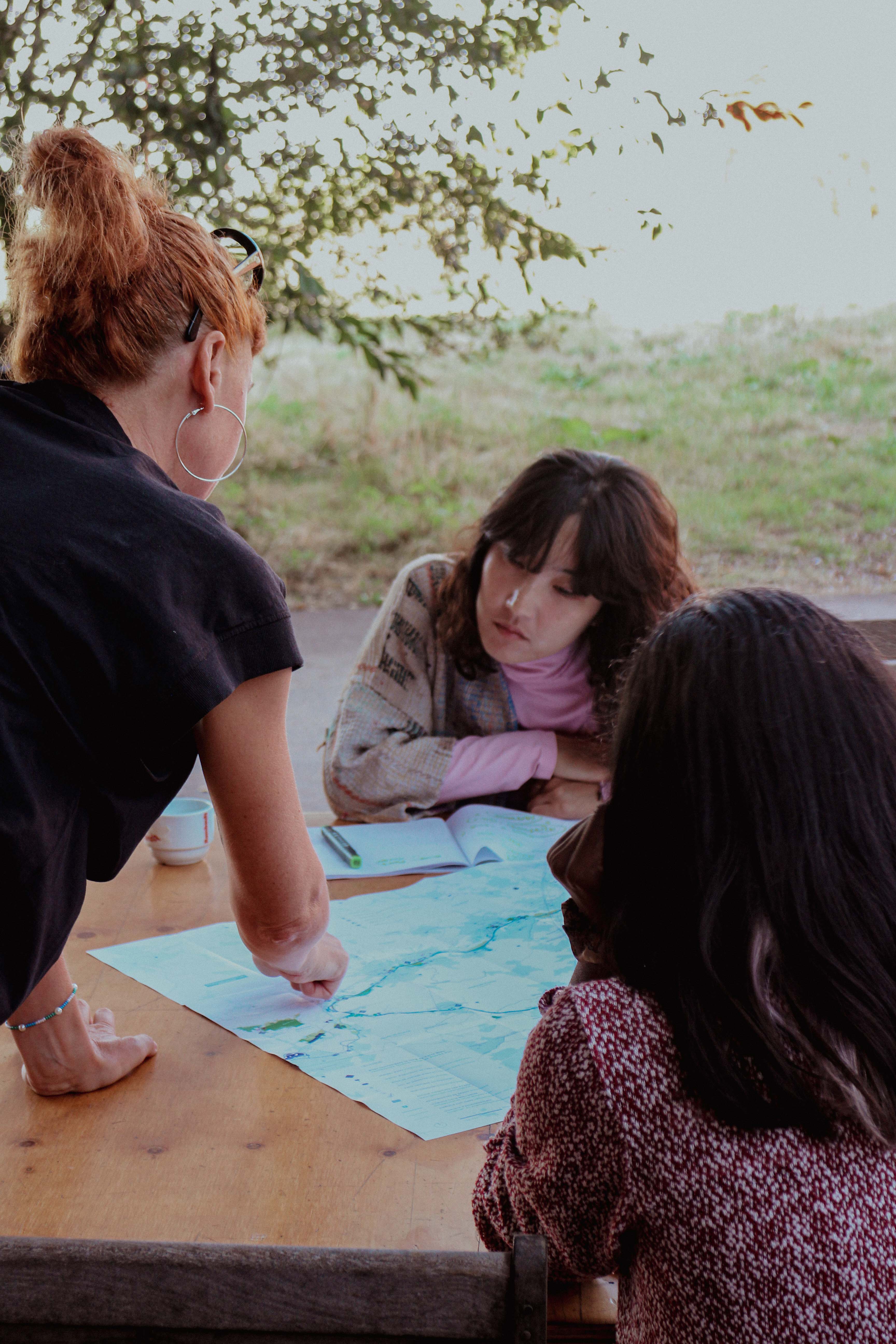
Learning
Every year, we invite local experts, policy and decision makers, researchers and creatives to give a series of talks and workshops in relation to the year’s theme. The program is carefully spaced to allow for free prototyping and making time, with regular feedback sessions between all the participants and organising team.
We regard every person involved in the summer school as an expert in their own right. We believe that the interaction between individuals from diverse backgrounds, knowledge, skills, and experiences, is where real insights and growth can happen. Our local collaborators hold a wealth of knowledge about their territory and the communities they serve, and we treasure their contributions. We see informal exchanges between peers as not just a formative experience but also as a chance to develop valuable soft skills that can support our participants in tackling the challenges of the future.
Our methodology could be compared to the creation of scaffolding: we firmly believe that in each edition we should provide space for participants and our network to bring forward their interests, experiences and expertise. That’s why we build the yearly experience around three pillars that constitute the Living Summer School's main educational interactions:
![]()
![]()
![]()
![]()
![]()
![]()
We regard every person involved in the summer school as an expert in their own right. We believe that the interaction between individuals from diverse backgrounds, knowledge, skills, and experiences, is where real insights and growth can happen. Our local collaborators hold a wealth of knowledge about their territory and the communities they serve, and we treasure their contributions. We see informal exchanges between peers as not just a formative experience but also as a chance to develop valuable soft skills that can support our participants in tackling the challenges of the future.
Our methodology could be compared to the creation of scaffolding: we firmly believe that in each edition we should provide space for participants and our network to bring forward their interests, experiences and expertise. That’s why we build the yearly experience around three pillars that constitute the Living Summer School's main educational interactions:
- Lectures and workshops: these constitute the most academic learning opportunities for participants. Every year, we invite international university lecturers and professionals to give lectures on topics and projects that are relevant to the theme. Moreover, we punctuate the school’s week with workshops that help the participants be propelled forward in their processes, such as team building, ideation and communication design workshops.
- Peer learning and group work: these are the most informal and spontaneous learning opportunities for participants. One constant aspect of our yearly experience is that at the very beginning of the week, we match each participant to a group based on their thematic interests, skills and experience. Every group, then, works together for the entirety of the week. We support moments of sharing throughout the week to encourage peer learning across the whole cohort. Given the cooperative nature of the work at hand, every group has the chance to leverage each member’s unique profile, deepen their confidence in international teamwork, and, above all, build long-lasting personal and professional relationships.
- “Field trips” and interaction with our local network: these provide the most unique aspect of the summer school’s educational experience. Every year we gather and grow our communities and networks of local and regional experts from the non-profit, private and governmental sectors around the year’s theme. We then bring these experts to the summer school through various formats and moments throughout the week. The goal of these interactions is for participants to build their initiative as much as possible on the localised and contextualised experience of our network of experts in a co-design process. Two highlights of these interactions are the field trips and the closing event.
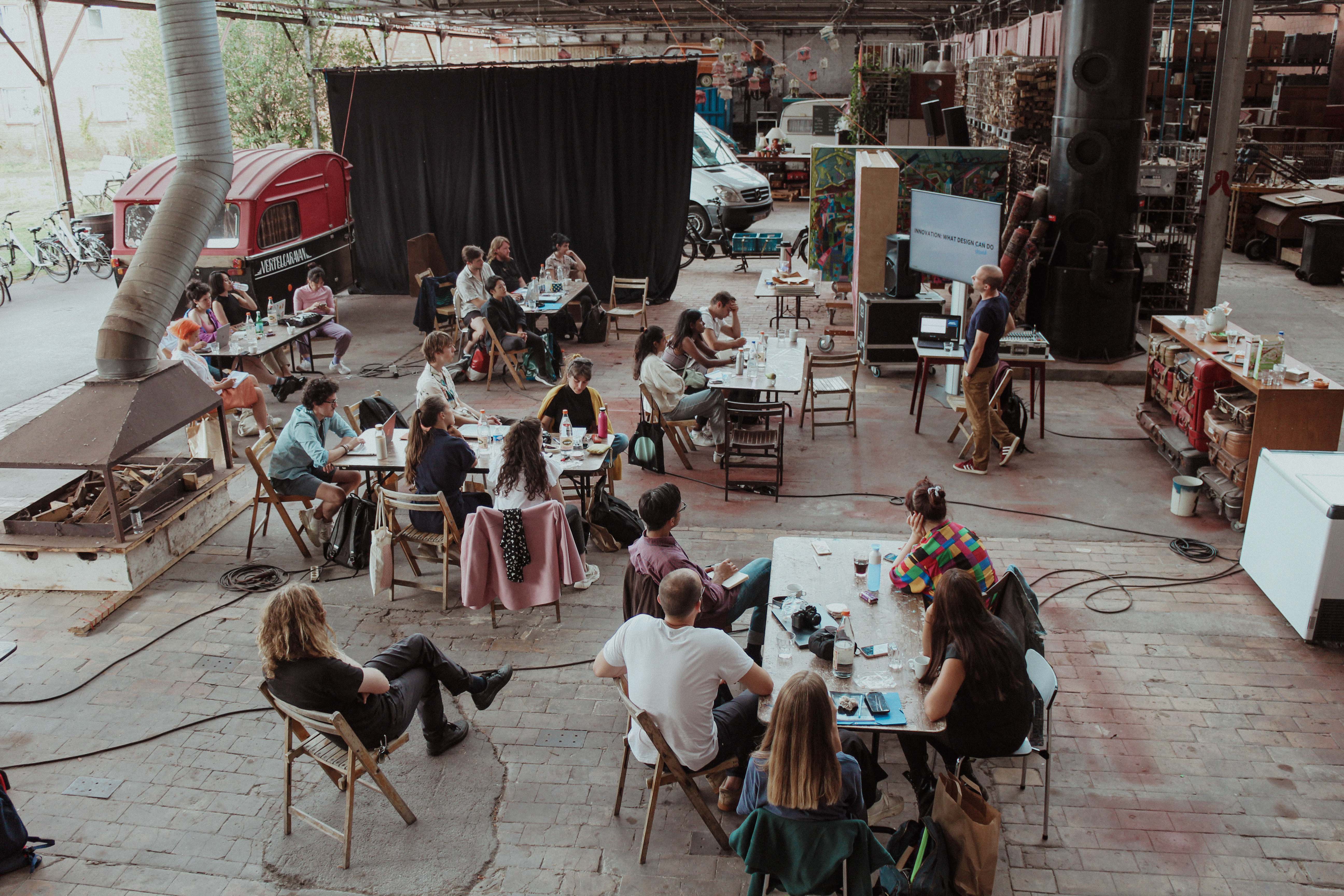

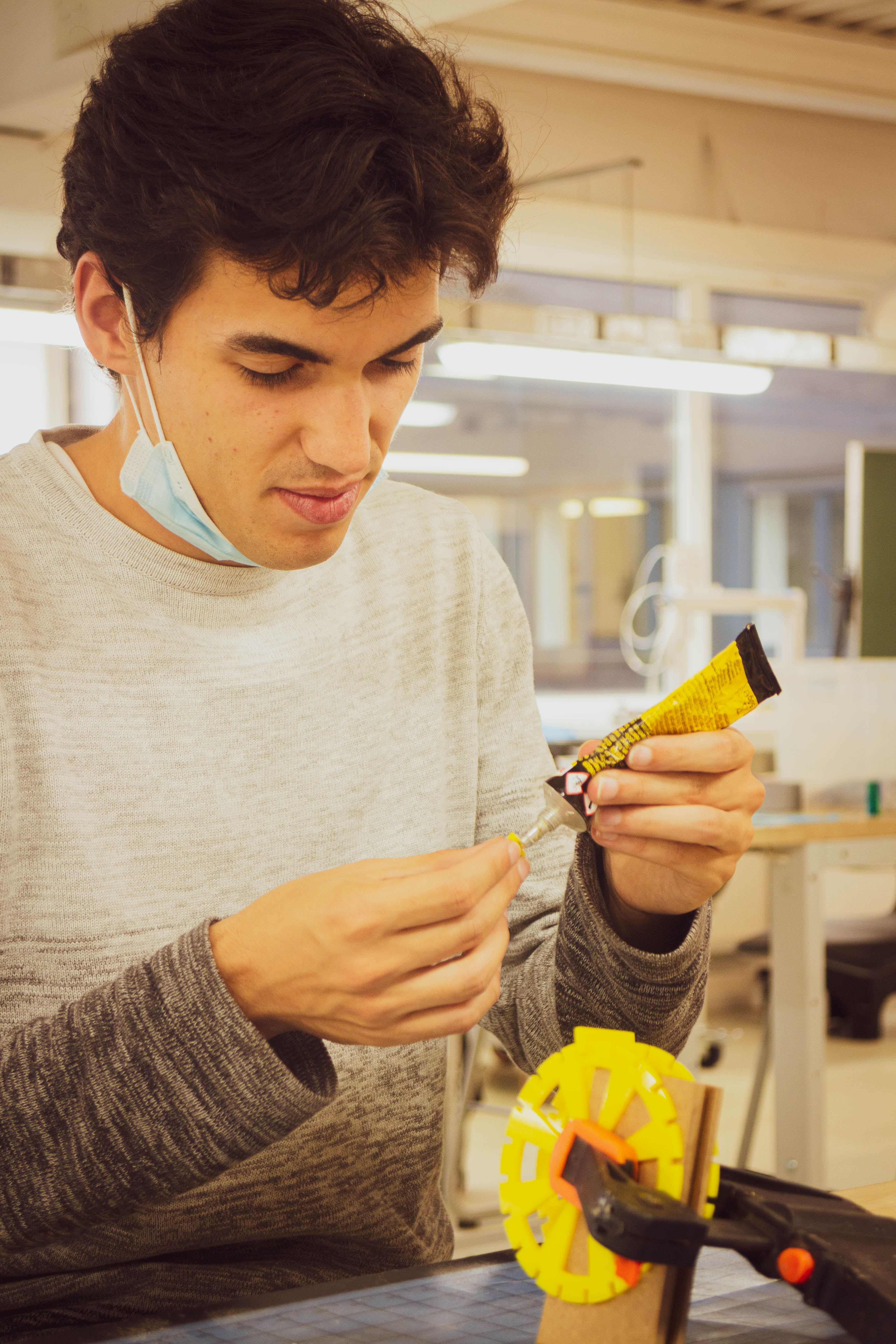
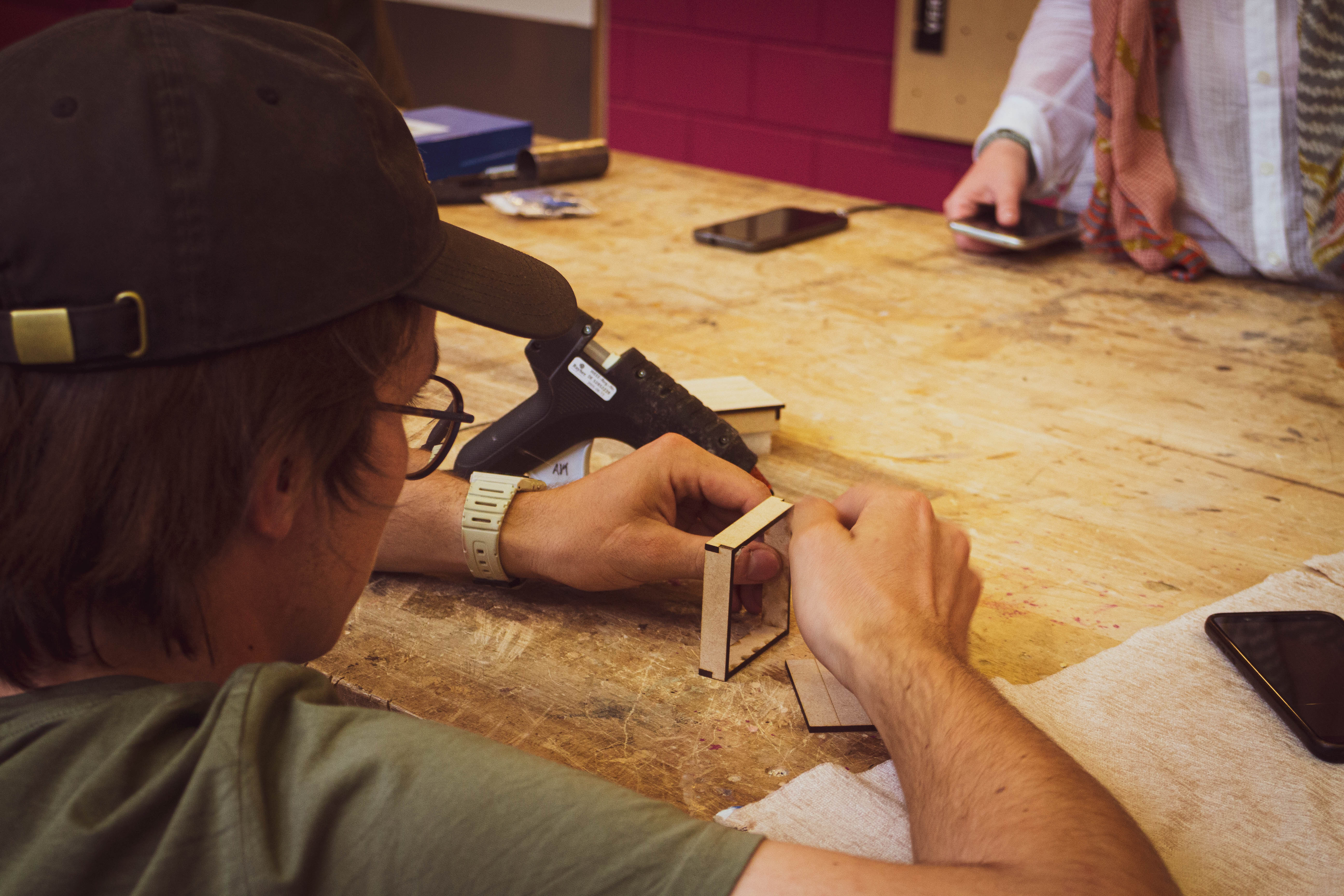
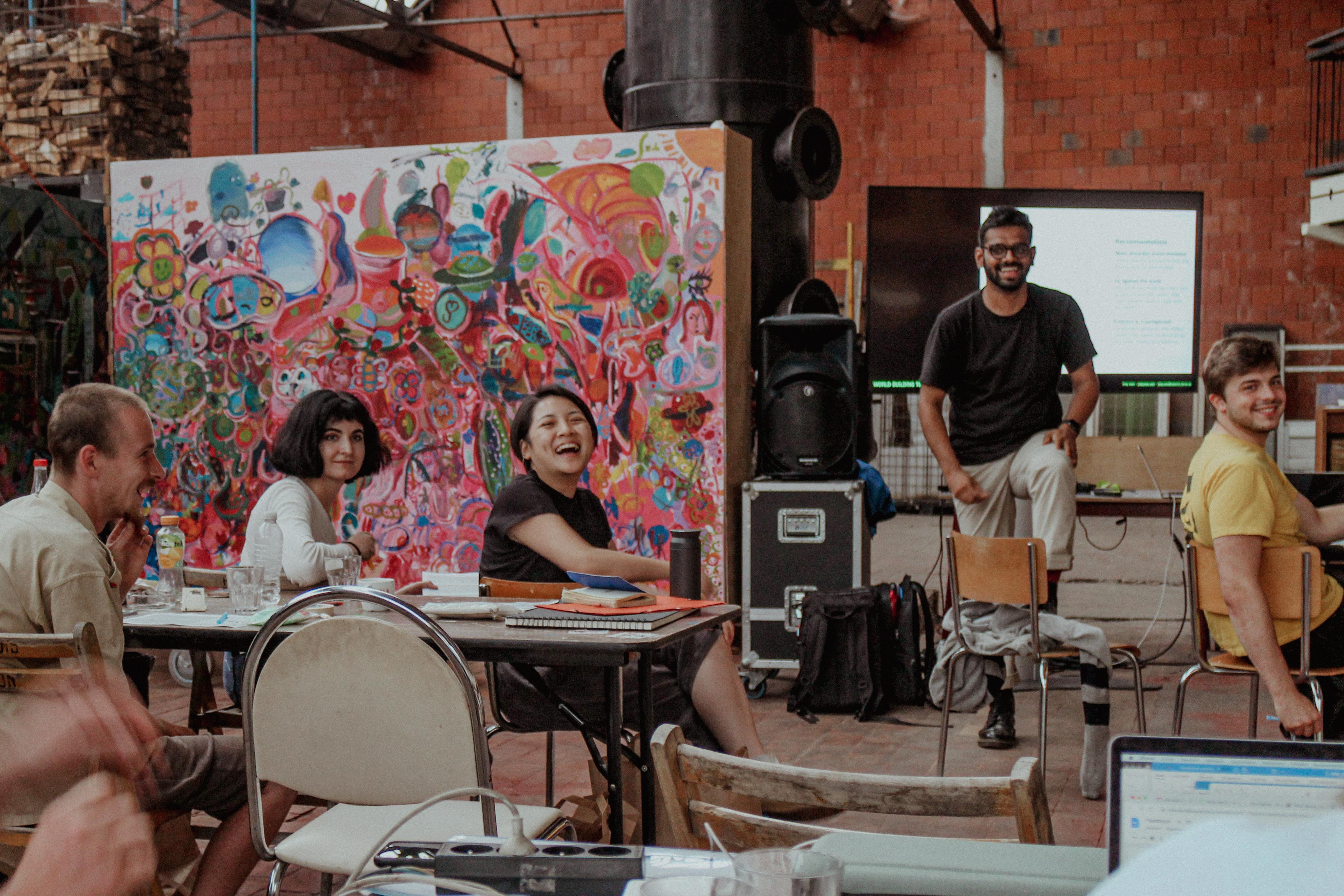
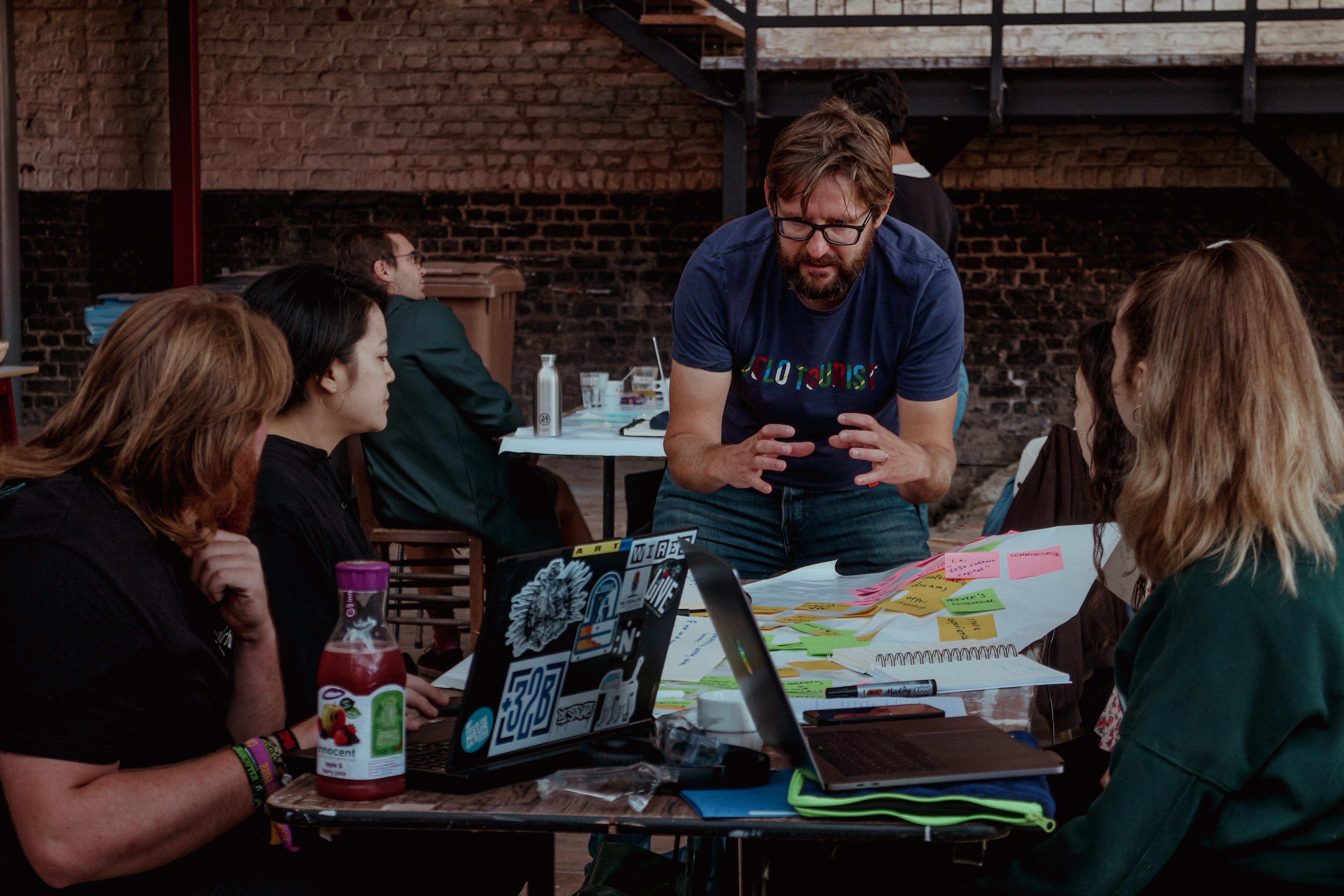
Lorem Ipsum Dolor Amet
34598—34
Sit amet, consectetur adipiscing elit. Aliquam feugiat metuse Page non ex accumsan bibendum. Duis et enim quis ante elementum lobortis ut suscipit nisi. Ut lacinia odio id elit faucibus, in elementum sapien gravida. Morbi interdum urna sit.
Fusce ornare sed erat eu sagittis. Nunc feugiat sit amet tortor lobortis ullamcorper. Sed sed tellus blandit, rhoncus ante at, cursus nibh. Morbi vehicula tristique imperdiet. Praesent iaculis eros purus, vel semper purus aliquam et. Phasellus luctus felis at ex commodo sodales. Nullam aliquet purus ex, nec accumsan elit sodales ac. Nullam sit amet vestibulum ex. Nulla suscipit massa quis urna maximus pretium vel quis tellus. Morbi placerat nibh mauris, eu ornare dolor commodo sit amet. Nullam interdum a lorem vel imperdiet. Morbi congue lacus eu sapien mollis, sit amet placerat arcu gravida. Fusce iaculis blandit rhoncus. Aenean aliquet nec nibh et aliquet. Sed in lorem sed est ultricies aliquet. Curabitur et nunc vehicula, fringilla nulla tincidunt, consectetur turpis. Sed sodales leo justo, ut aliquam ligula ullamcorper ut. Sed ultrices odio vitae lorem finibus aliquam.
Aenean aliquet nec nibh et aliquet. Sed in lorem sed est ultricies aliquet. Curabitur et nunc vehicula, fringilla nulla tincidunt, consectetur turpis. Sed sodales leo justo, ut aliquam ligula ullamcorper ut. Sed ultrices odio vitae lorem finibus aliquam. Curabitur eu rutrum nulla. Etiam dapibus justo id facilisis ullamcorper.

Kortrijk, Belgium | 31st Aug to 8 Sept 2024
Theme:
This year's theme revolves around the concept of repairs as a transformative force for sustaining and rejuvenating environments. In a global landscape marked by finite resources and escalating environmental degradation, the notion of repair assumes paramount importance.
In 2023, 30 participants from across Europe came together in Kortrijk to design and build makeshift interventions in 3 different sites. One year later, new participants will be back in the same locations to expand on our previous experience, intervene on the pre-built constructions after a year of use by our local partners, and reflect on the practices and philosophies of repair.
Building upon last year's exploration of makeshift interventions, which sought to inspire immediate action through participatory, minimally designed interventions, our focus now shifts towards repairing and sustaining these structures and interventions. By doing so, we endeavor to delve into innovative solutions to socioenvironmental challenges while nurturing a culture characterized by resourcefulness, adaptability, and resilience, emphasizing ongoing care and engagement with the communities and environments impacted.
Sites:
For the upcoming edition, participants will return to the 2023 sites, repairing, hacking, improving, moving, cleaning, deconstructing, upgrading and maintaining constructions. Participants will have freedom in designing and engineering these interventions, think of the social and environmental performance of the projects, design community blueprints or even lead communication strategies. The idea is to assist our local partners in enhancing their practices and providing them with out of the box ideas.
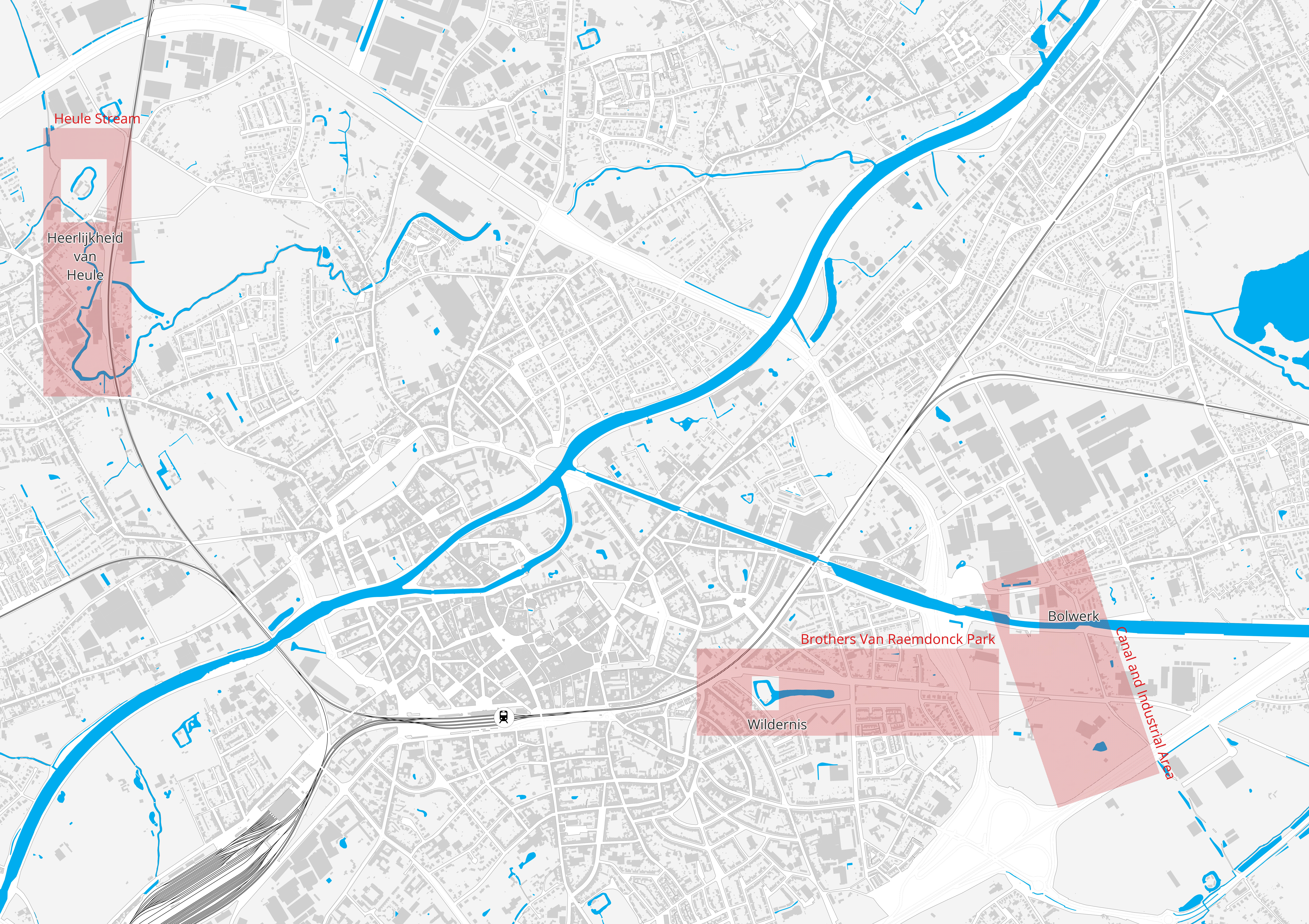
1. Heerlijkheid
Van Heul
The Heerlijkheid Van Heule is an historical farmstead surrounded by water. Its historical buildings and natural environment create an ecological oasis within Heule. The Heerlijkheid is not just a farm, in fact, its organisation pursues a social vocation by using ecological farming as a connection to vulnerable groups, especially vulnerable youth, and more broadly to its surrounding neighbourhood. Every morning and noon employees, visitors and volunteers gather around in a circle in the heart of the farm and distribute the daily task in an equitable way according to everyone’s vocation and capacity.
The Heerlijkheid Van Heule in its community represents a space for radical inclusion and collective experimentation amongst people and nature.
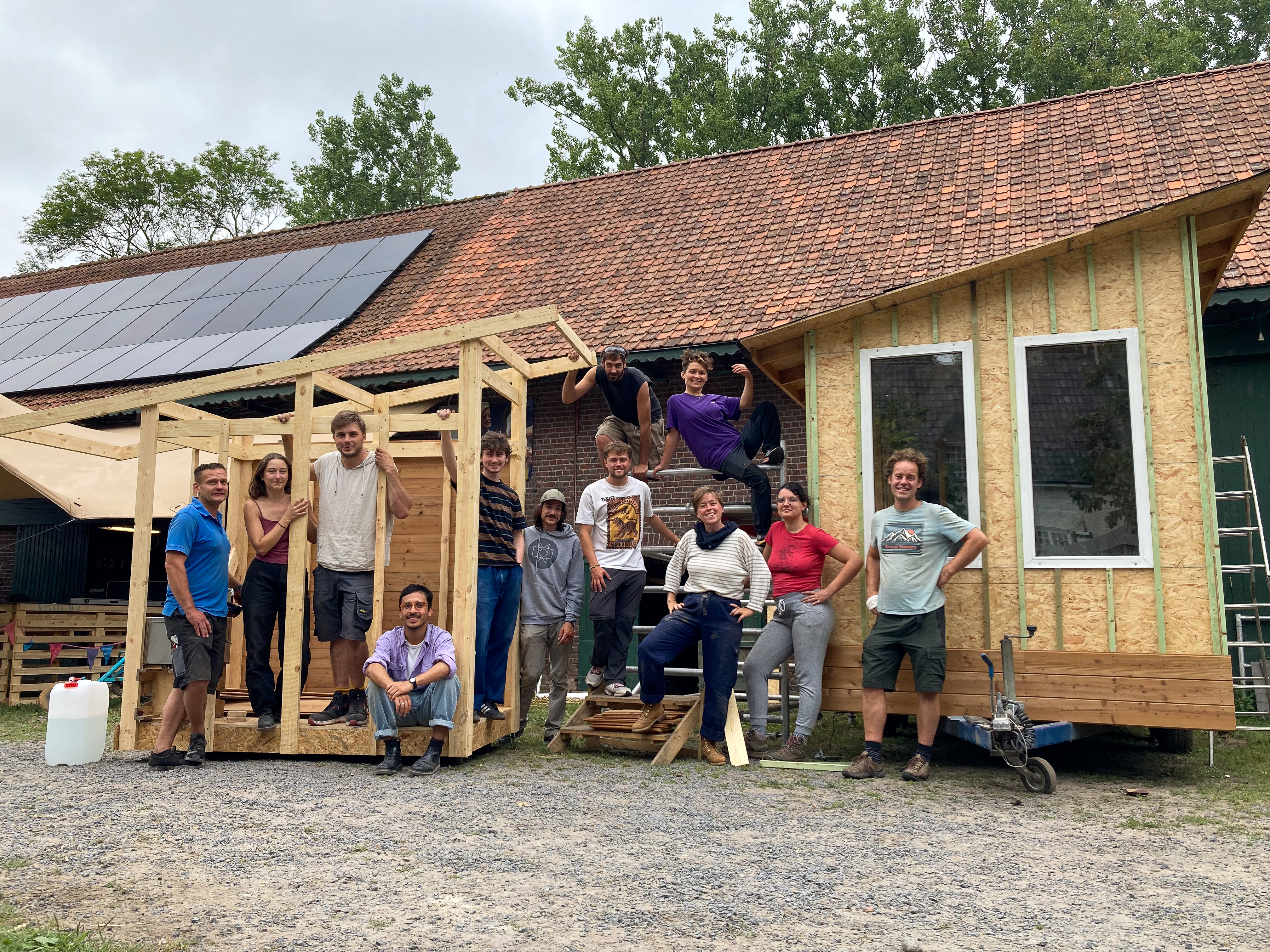
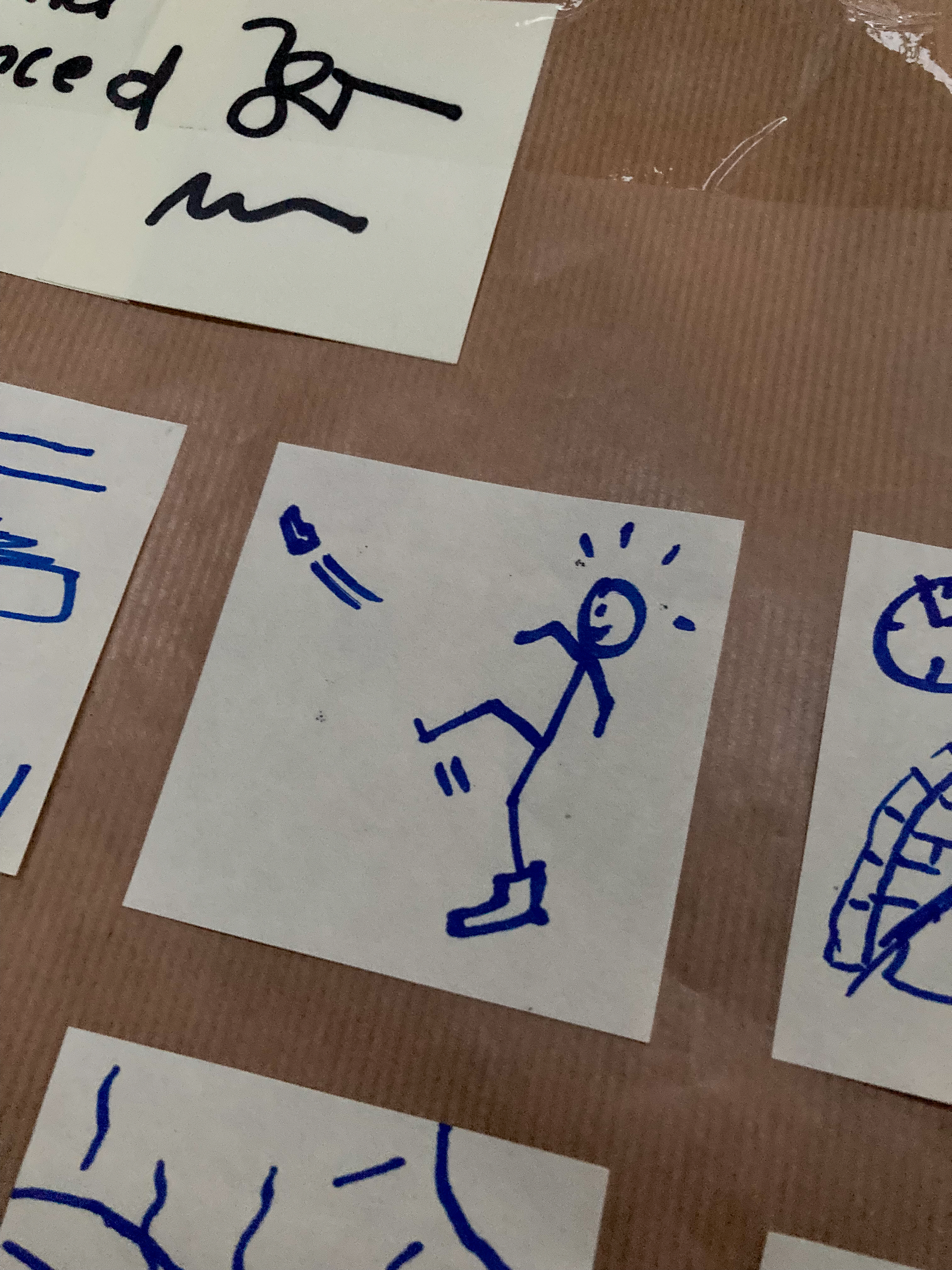


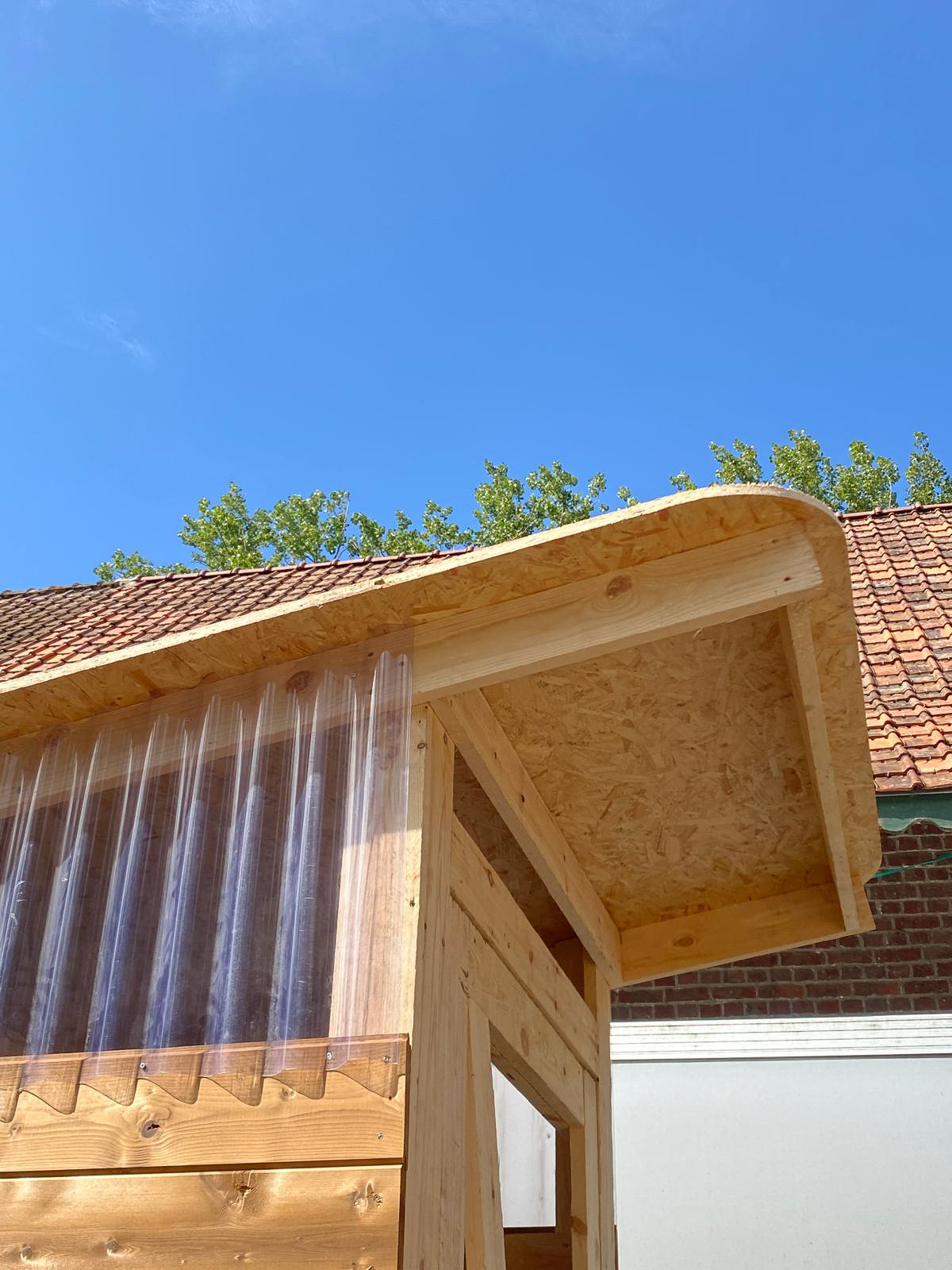

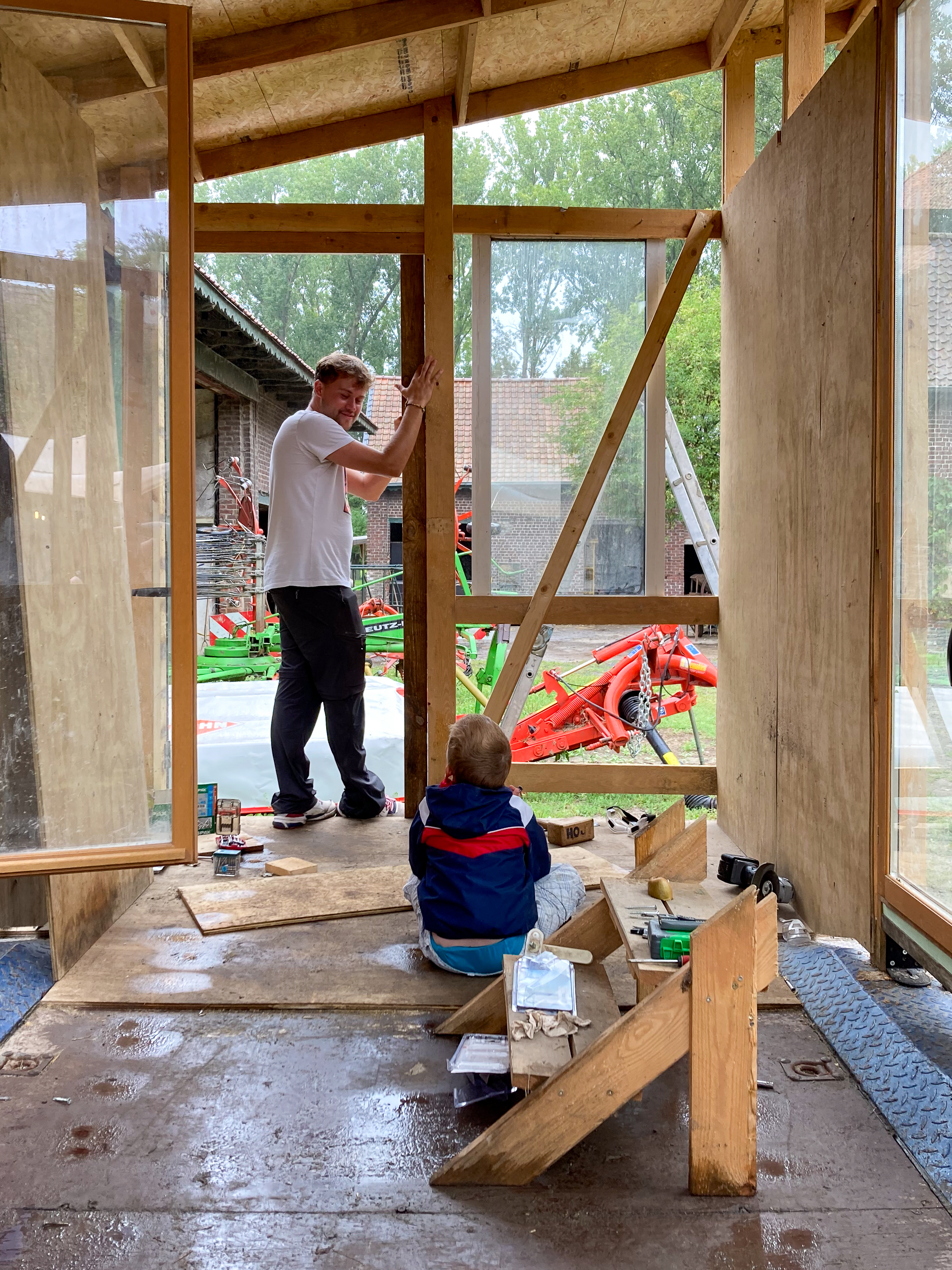
2. Bolwerk
Bolwerk defines itself as a cultural freeport fostering creation, encounter, wonder and ecology. Bolwerk is located along the Bossuit–Kortrijk canal, in an industrial area that was once dedicated to the production of cotton. From the industrial site, once you cross the big wooden gate you enter into the haven of makeshifts. The two brothers who founded Bolwerk, Ruben ad Servaas, built the place together with Kortrijk’s community from the bottom-up with an ecological vocation.
Bolwek welcomes a multitude of people, spirits and attitudes, which slowly shape and build its reality. Below the big industrial hangar and outdoors and indoors bars are situated to welcome visitors and all sorts of events such as exhibitions, concerts and parties. Within the hangar a huge workshop produces literal car-pools, giant marionettes and tiny houses. Kortrijk’s communities, especially the youth can always find their space in Bolwerk by organising events, learning how to build their crazy project and taking part in the production through the “Jongbloed” group.


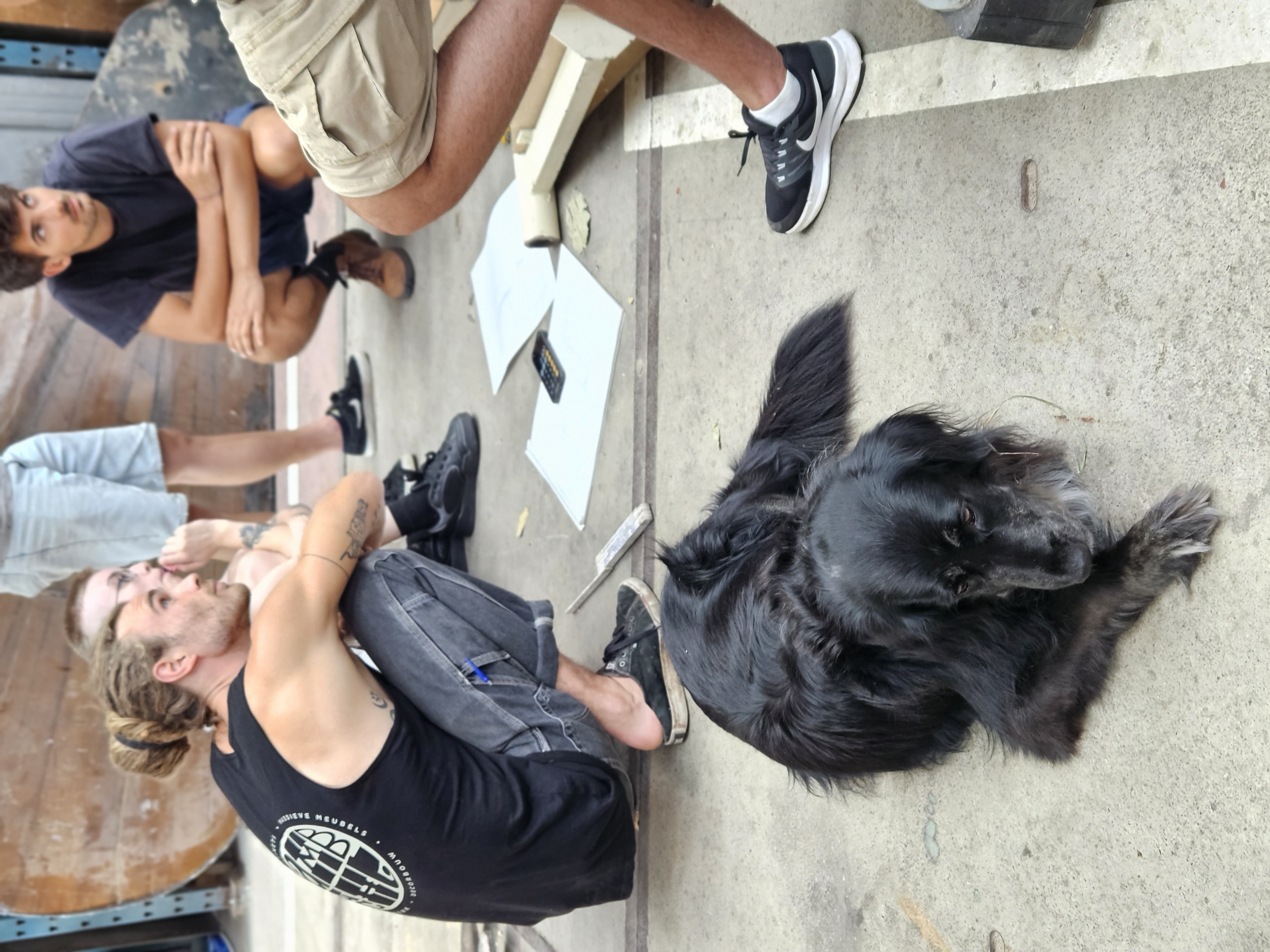
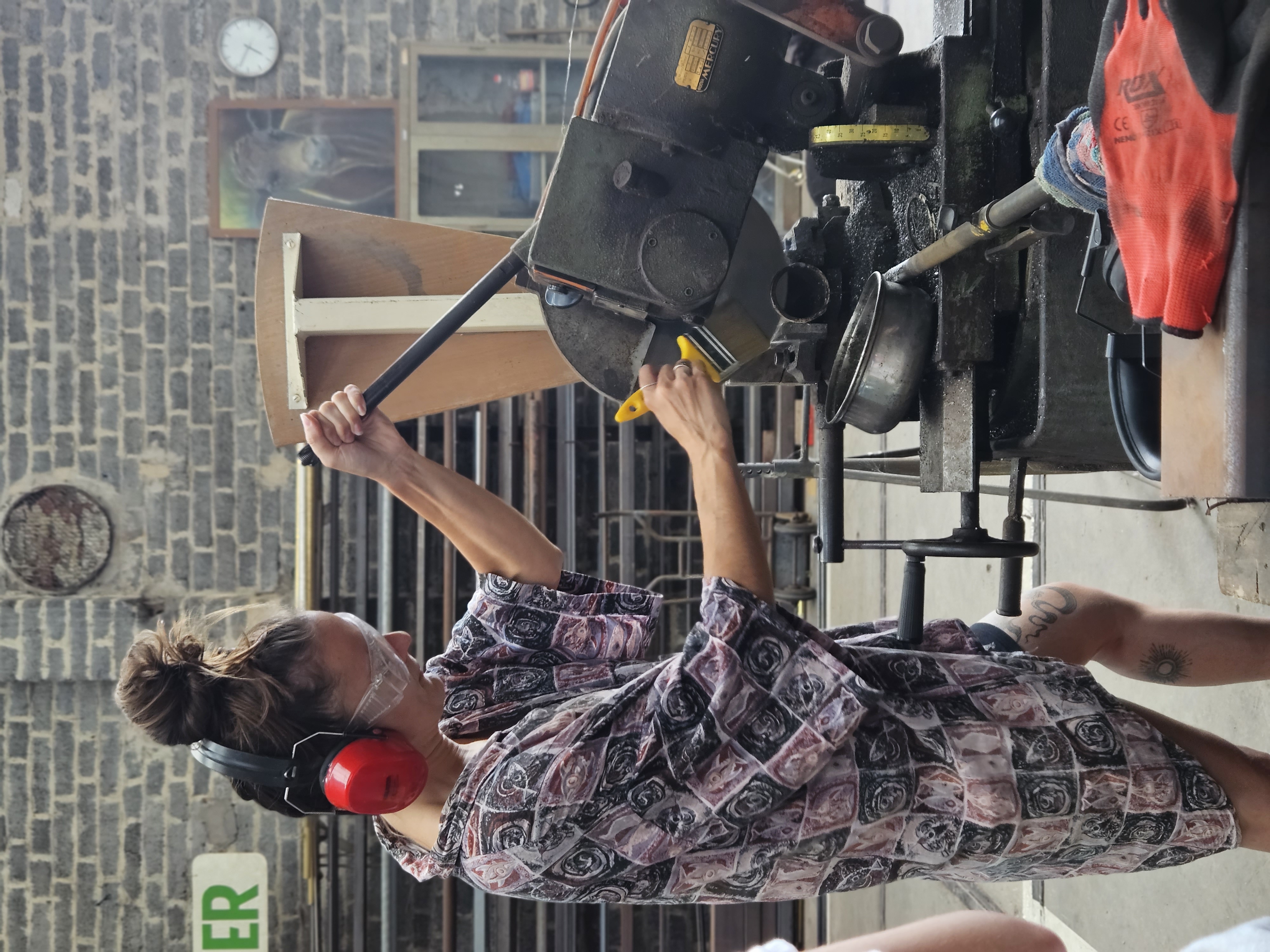


3. Wildebras
#LZSB is a Kortrijk collective which creates playful interventions and experiments in the public space. They turn their cargo bikes into means of creating “situations” that connect people and nature. They organise outdoor parties and film screenings, run microadventures, rewild the city, coordinate a wild swimming collective and much more!
Wildebras is their series of experiments on wild and outdoor play for children. As Wildebras, #LZSB, took over the island within the “Brothers Van Raemdonck” park in Kortrijk. They run it as an adventure and construction playground where only children are allowed to roam freely. Children can play and build what their imagination suggests under minimal supervision of a few “playworkers”. Through peer learning and play, children and playworkers teach each other how to use hand tools such as saws, hammers, drills...
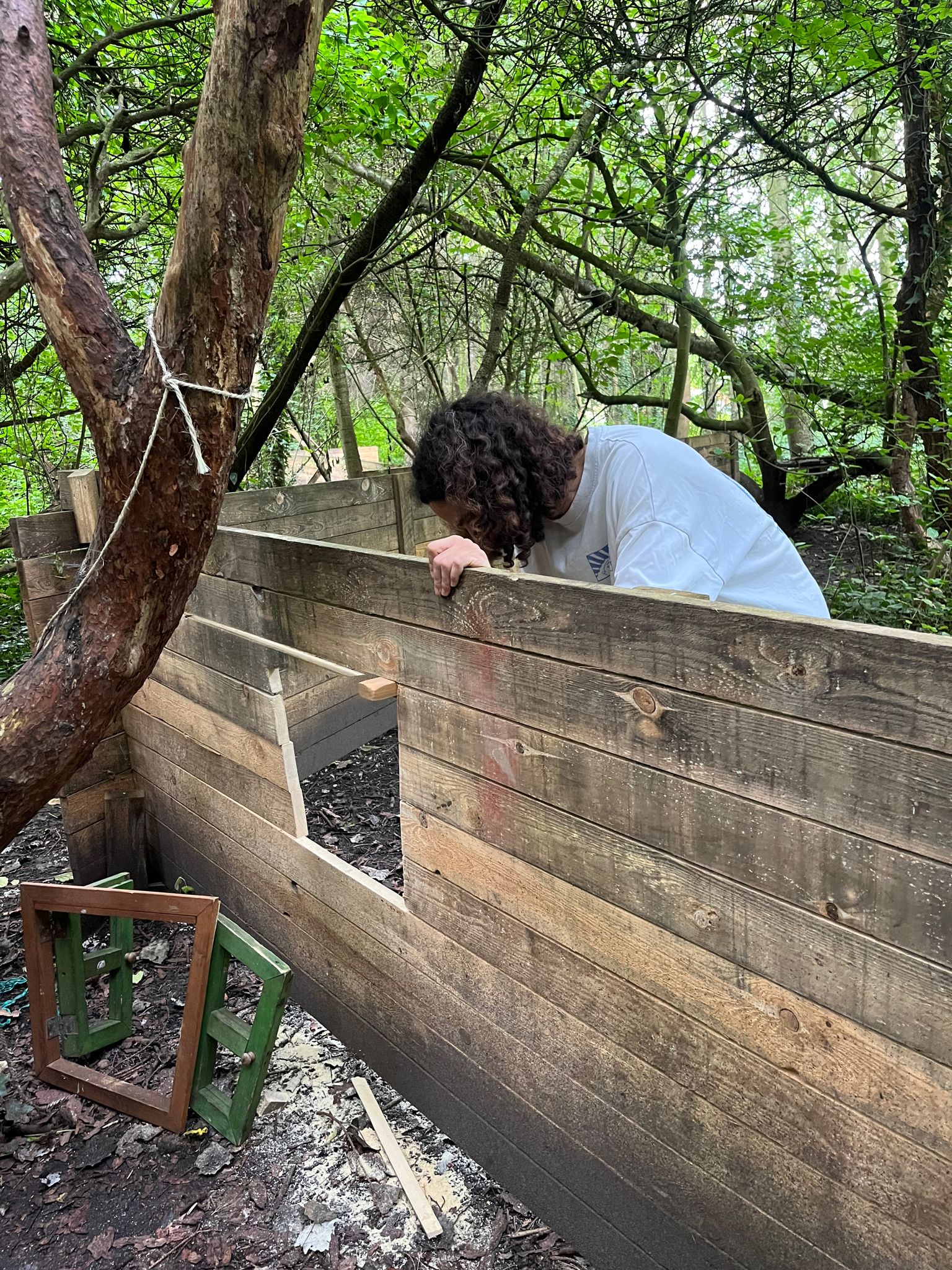
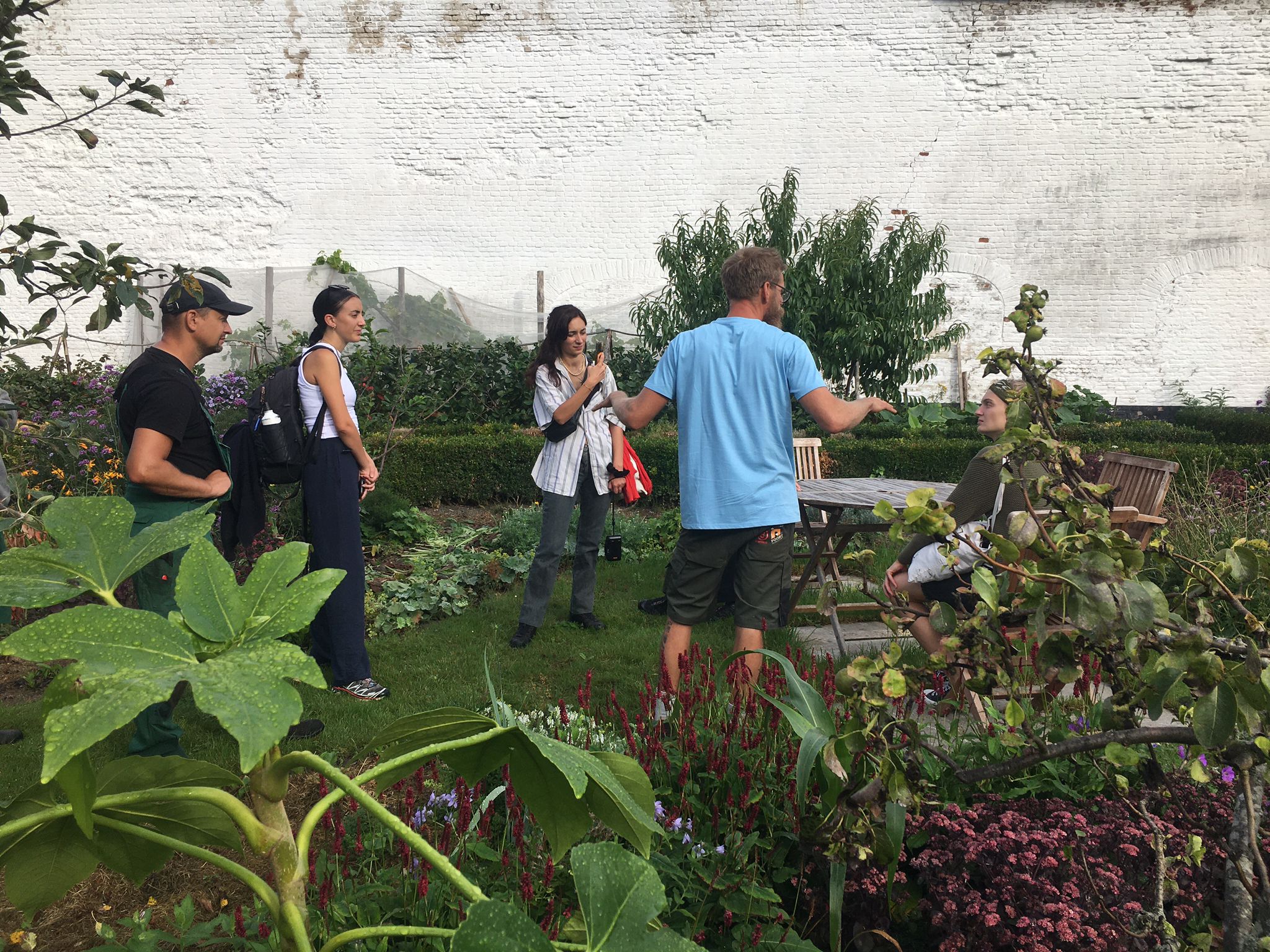
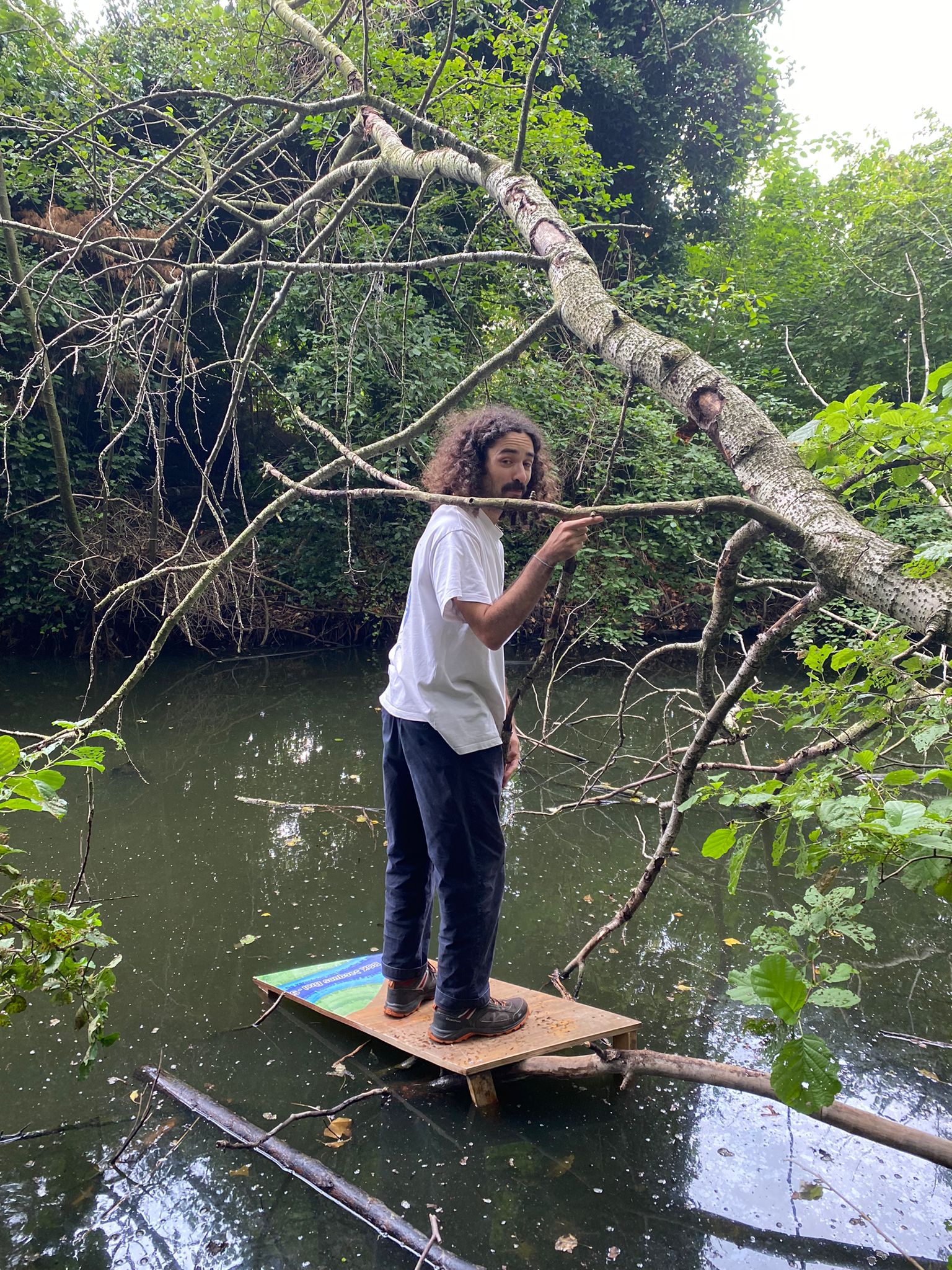
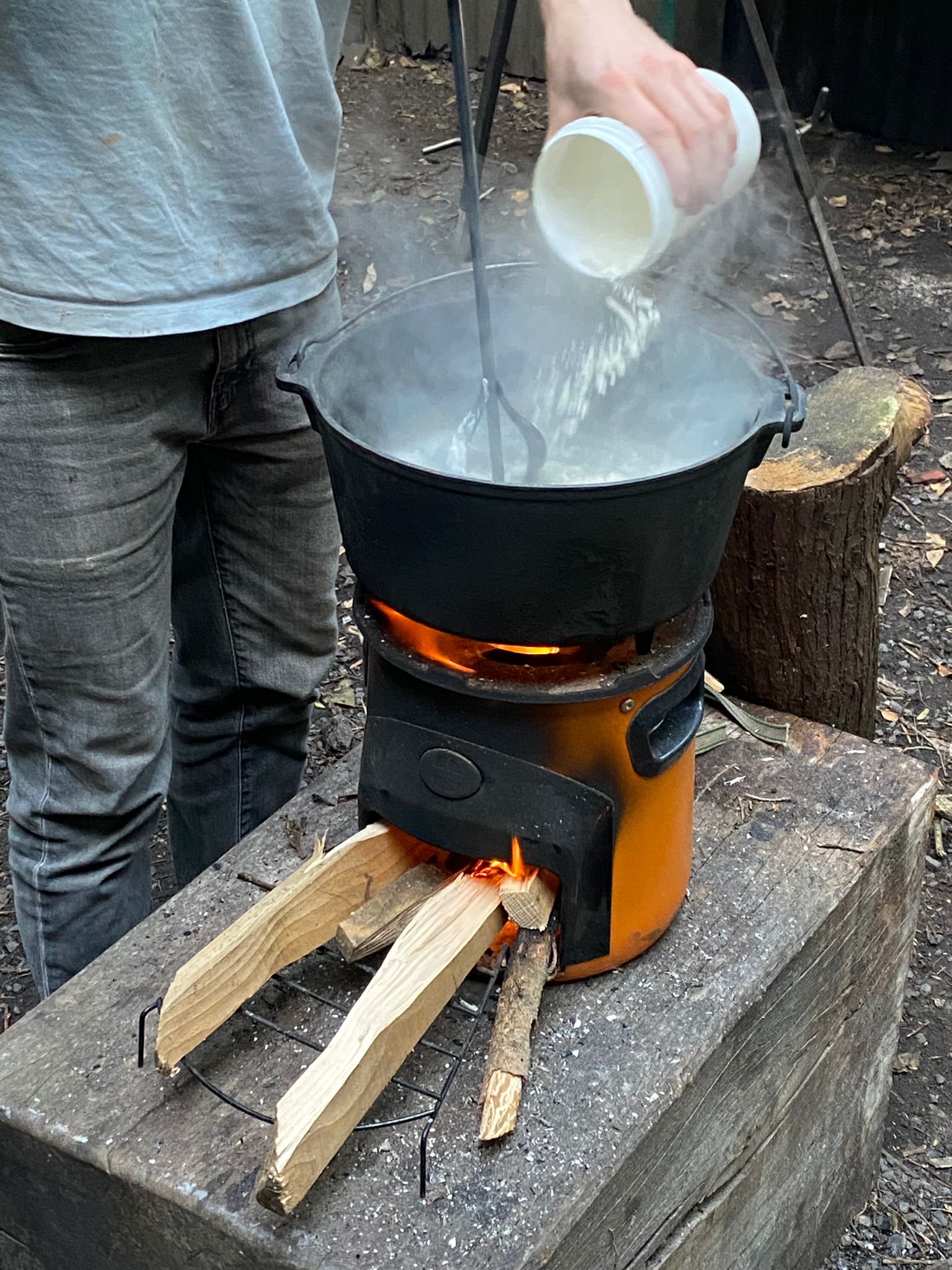
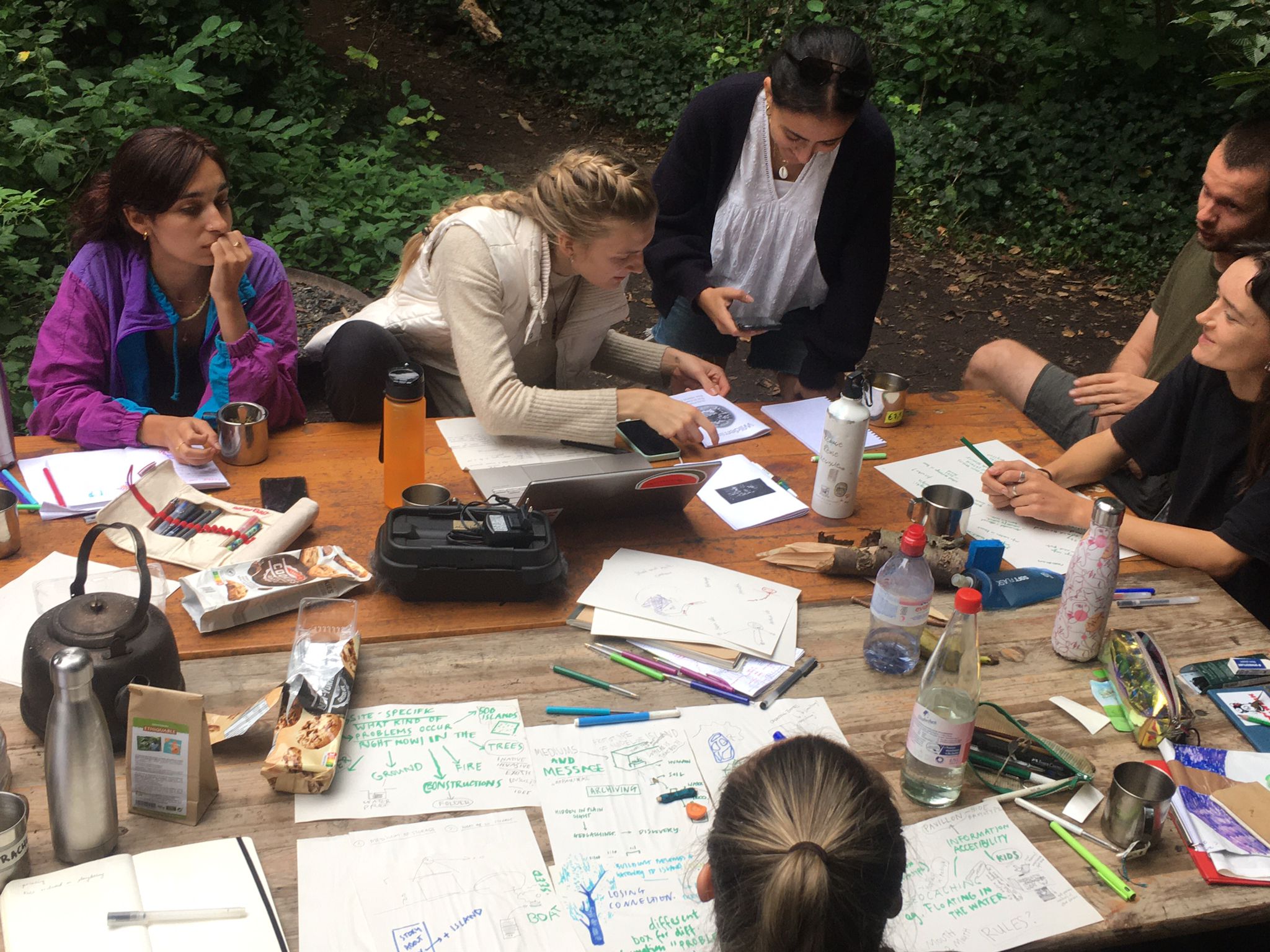
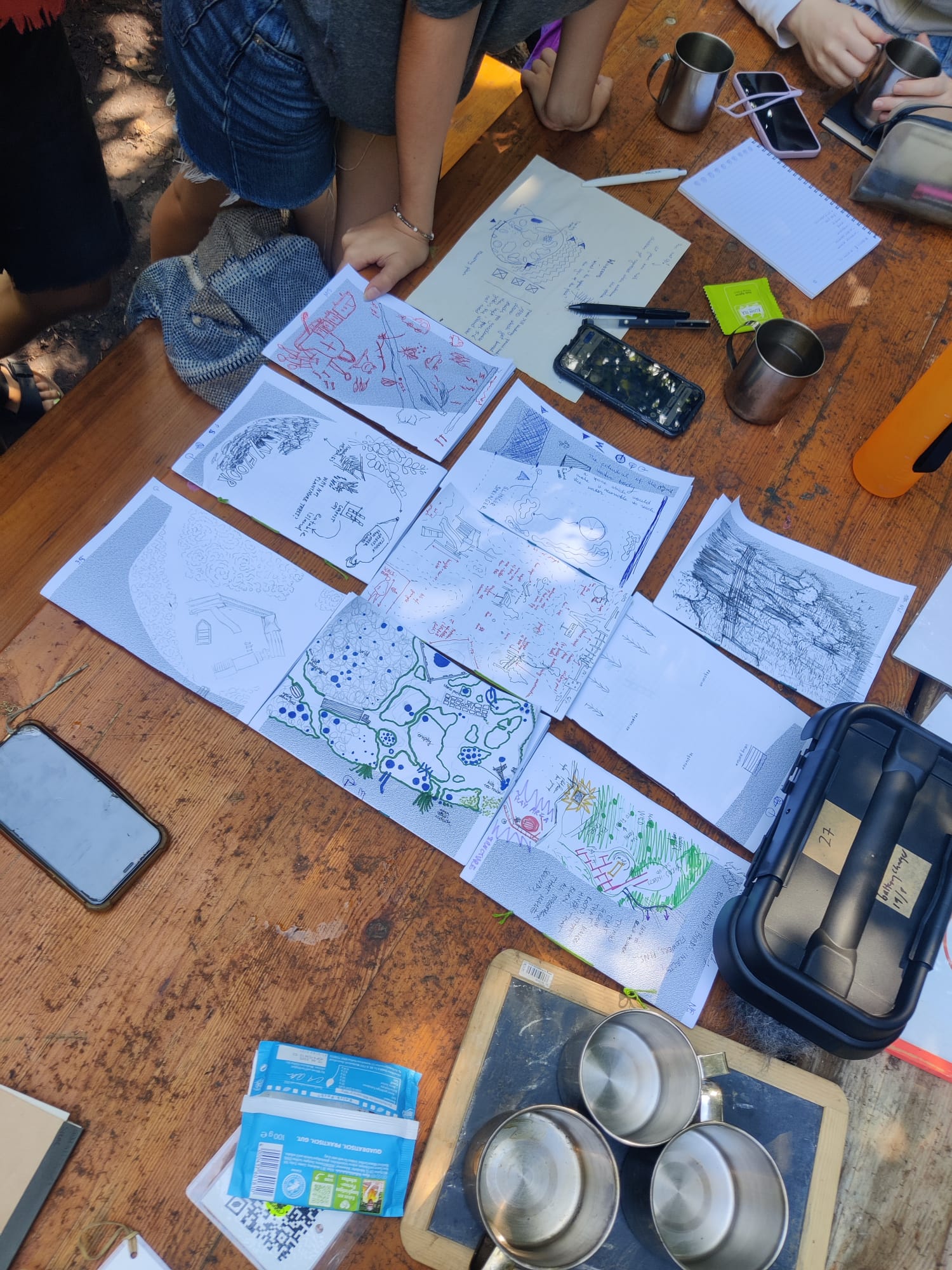
Building Partners

Construct Lab: Constructlab is a transdisciplinary design-build network that brings together architectural concepts and construction. While breaking with traditional divisions of labor, the organization engages a team of multi-talented designer-builders – as well as sociologists, urban planners, graphic designers, curators, educators and web developers – who carry the creative process from the drawing board to the field. Their shared vision of a collaborative way of working combines the creative with the practical, the thinking with the doing.

Fablab Torino: Fablab Torino is a cultural association, a digital manufacturing laboratory and a makerspace - the first opened in Italy. It doesn't matter whether you are a professional or an enthusiast: at FablabTO you find the spaces, machinery and tools suitable for realizing your projects, develop new skills and share what you know how to do with a community of people with the same interests as you.
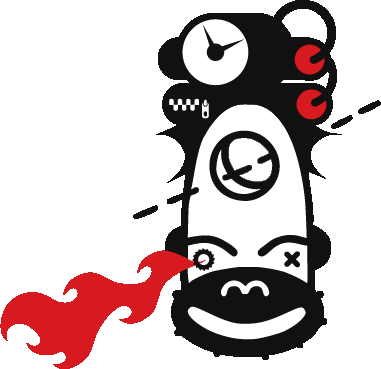
Bolwerk: Like-minded people who want to realize an idea together can find, inspire or support each other at Bolwerk. The emphasis is on creative makership with the large, equipped studio as the most important tool. However, creating something does not always have to take a tangible form, it can also be an experience or experience.
Building Partners

Construct Lab:
Constructlab is a transdisciplinary design-build network that brings together architectural concepts and construction. While breaking with traditional divisions of labor, the organization engages a team of multi-talented designer-builders – as well as sociologists, urban planners, graphic designers, curators, educators and web developers – who carry the creative process from the drawing board to the field. Their shared vision of a collaborative way of working combines the creative with the practical, the thinking with the doing.

Fablab Torino:
Fablab Torino is a cultural association, a digital manufacturing laboratory and a makerspace - the first opened in Italy. It doesn't matter whether you are a professional or an enthusiast: at FablabTO you find the spaces, machinery and tools suitable for realizing your projects, develop new skills and share what you know how to do with a community of people with the same interests as you.

Bolwerk:
Like-minded people who want to realize an idea together can find, inspire or support each other at Bolwerk. The emphasis is on creative makership with the large, equipped studio as the most important tool. However, creating something does not always have to take a tangible form, it can also be an experience or experience.
Living Makeshifts
SHIFTING the way we MAKE space10 days - September 2023
30 participants

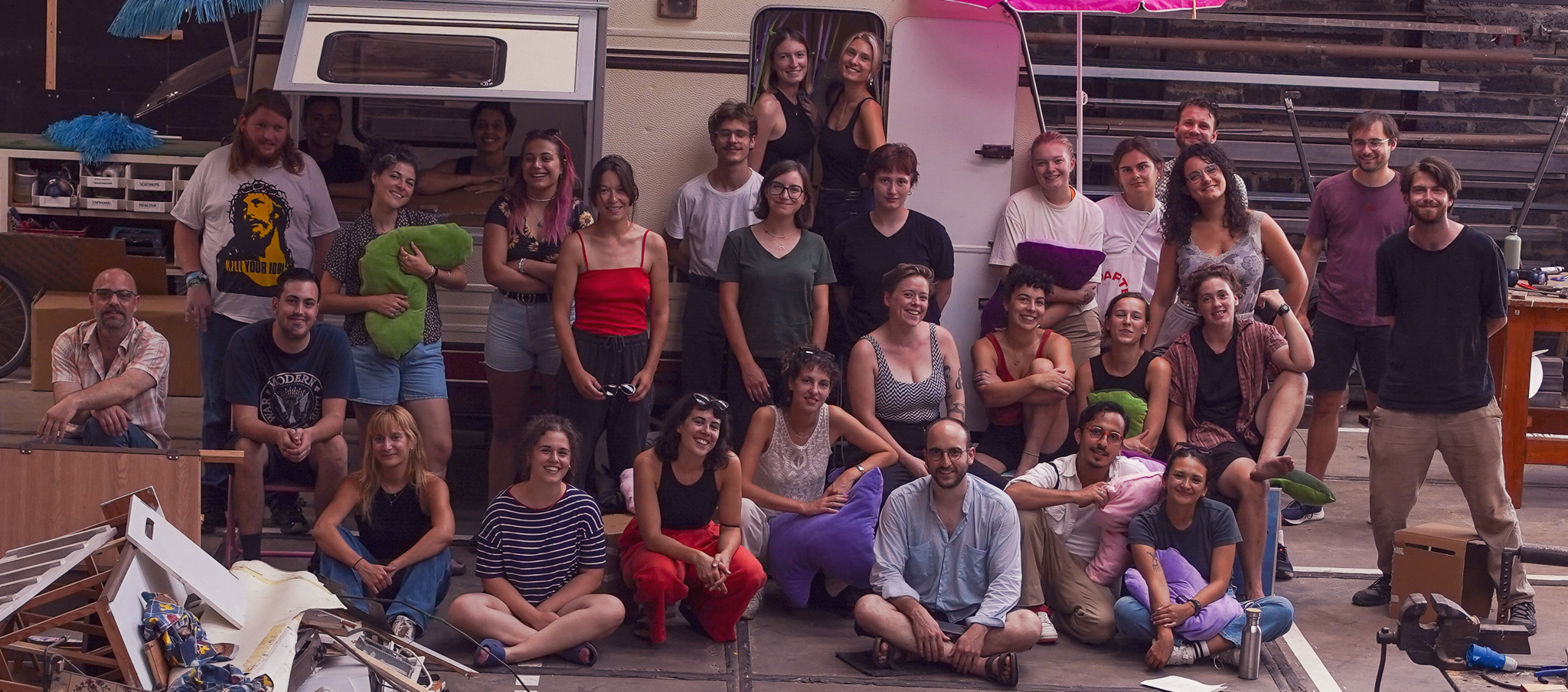
Every year we create an informal learning experience for a diverse group of youth exploring different aspects of territorial innovation. The third edition to be held in September 2023 will explore emerging building processes.
Since the industrial revolution, our cities have been expanding exponentially. In 2018 alone, 4.2 % of European land cover was lost to construction: that’s an average of one basketball court per resident.
In light of the imminent dangers that this poses to the planet, the European Commission has declared a "zero net artificialization" policy for 2050. This means that new development projects will be limited to available built-up areas. This will be a radical shift from the expansionist urbanisation of the last century. Failing to meet this objective will accelerate the current climate crisis and also make us less resilient to the change it will bring about.
We need to shift the way we make space by using what is readily available.
This is not an easy task. The production of space involves many actors from different sectors with varying expertise, imperatives and visions of the future. During 10 days, we will try to deconstruct hardwired common-practices to investigate more sustainable, emergent life cycles for our buildings, from design to build, maintenance and deconstruction.
Participants will receive lectures and site visits by inspiring designers and leaders from across Europe. They will explore ideas and get hands-on experience in making scale 1 interventions with local partners. Together, we will discover new approaches to the production and construction of space. We will occupy different building sites across the territory and test methods in constructing, maintaining and deconstructing the spaces that surround us.
Building Partners

Construct Lab:
Constructlab is a transdisciplinary design-build network that brings together architectural concepts and construction. While breaking with traditional divisions of labor, the organization engages a team of multi-talented designer-builders – as well as sociologists, urban planners, graphic designers, curators, educators and web developers – who carry the creative process from the drawing board to the field. Their shared vision of a collaborative way of working combines the creative with the practical, the thinking with the doing.

Fablab Torino:
Fablab Torino is a cultural association, a digital manufacturing laboratory and a makerspace - the first opened in Italy. It doesn't matter whether you are a professional or an enthusiast: at FablabTO you find the spaces, machinery and tools suitable for realizing your projects, develop new skills and share what you know how to do with a community of people with the same interests as you.

Bolwerk:
Like-minded people who want to realize an idea together can find, inspire or support each other at Bolwerk. The emphasis is on creative makership with the large, equipped studio as the most important tool. However, creating something does not always have to take a tangible form, it can also be an experience or experience.
Participants
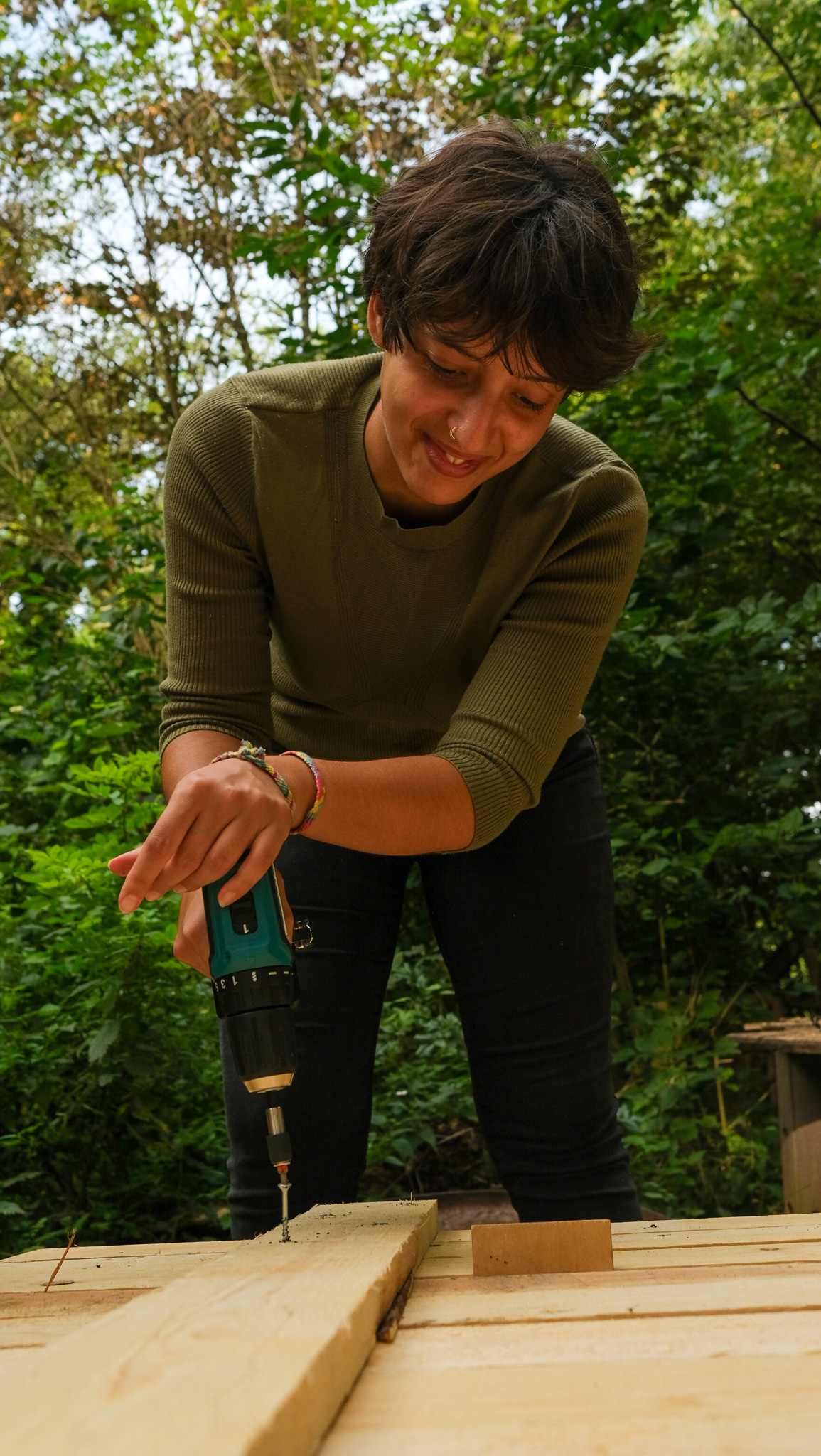

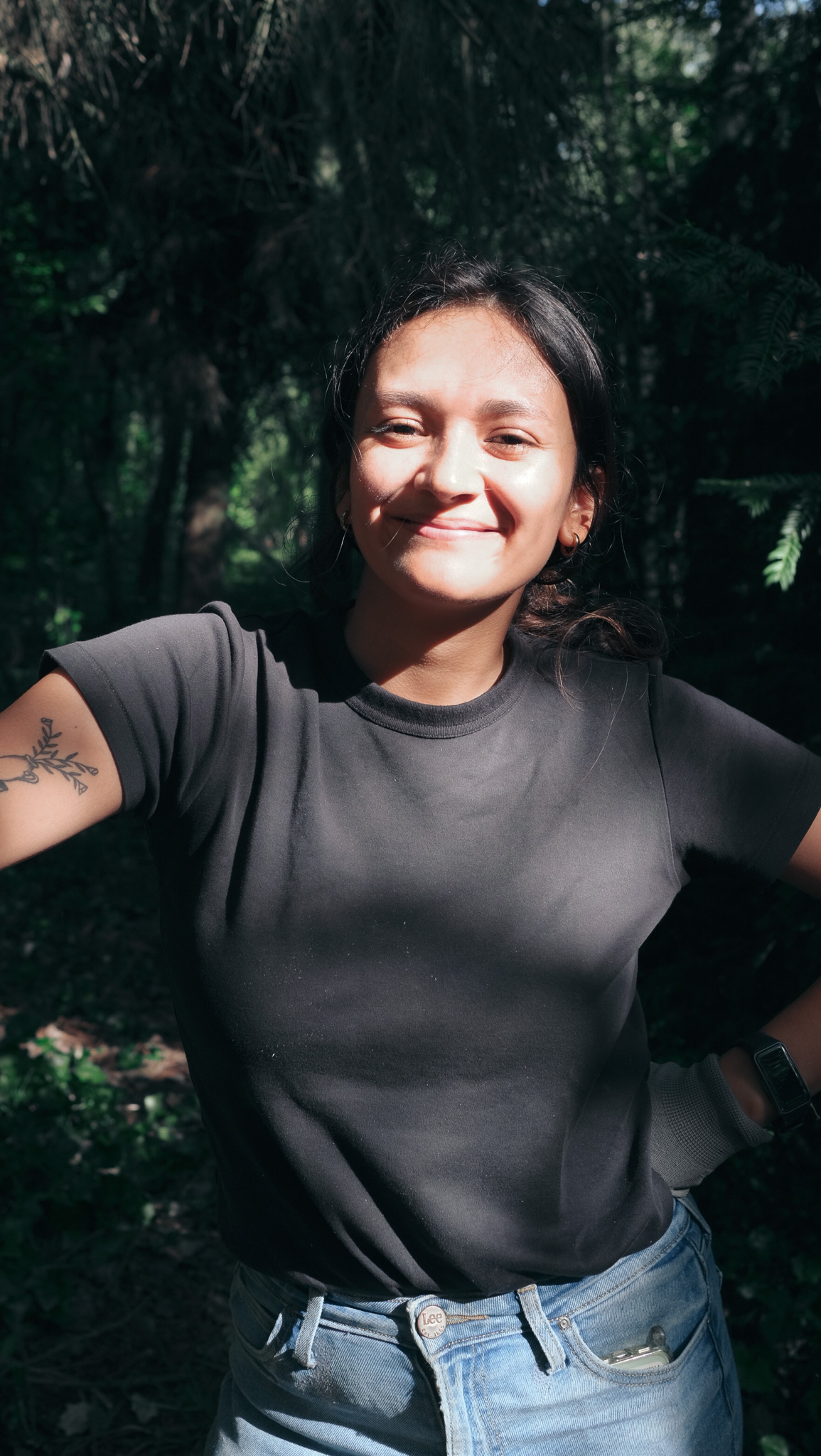
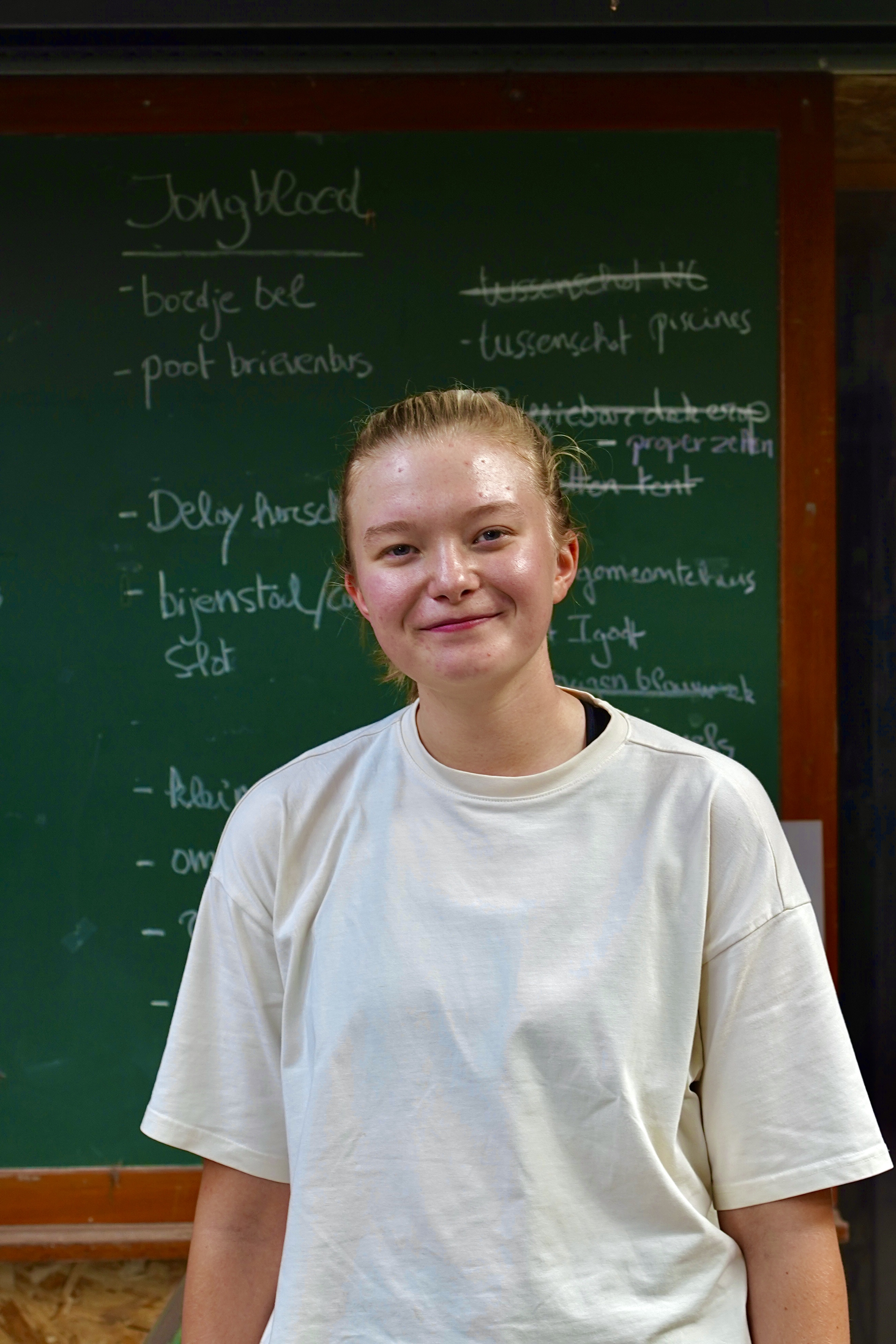
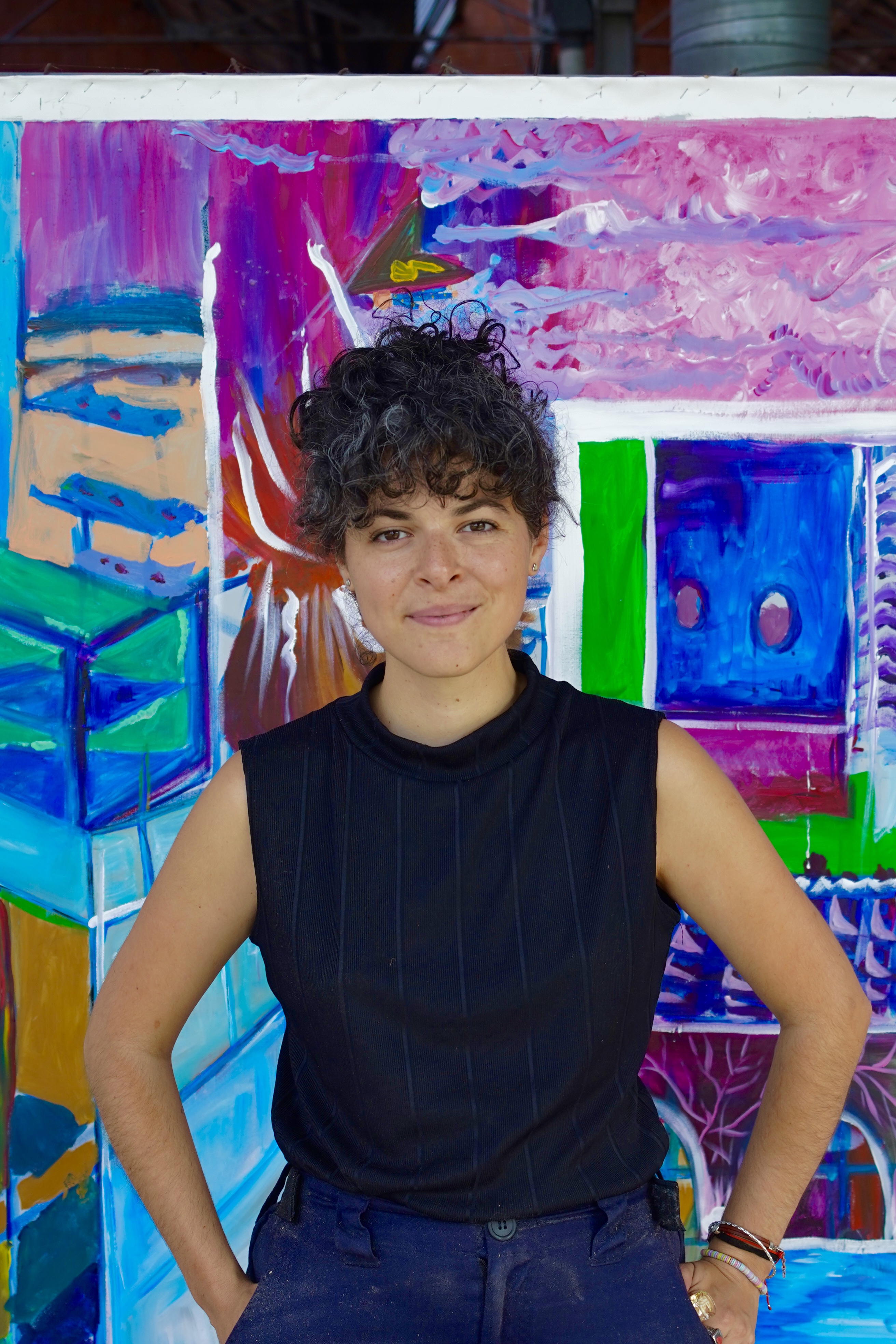
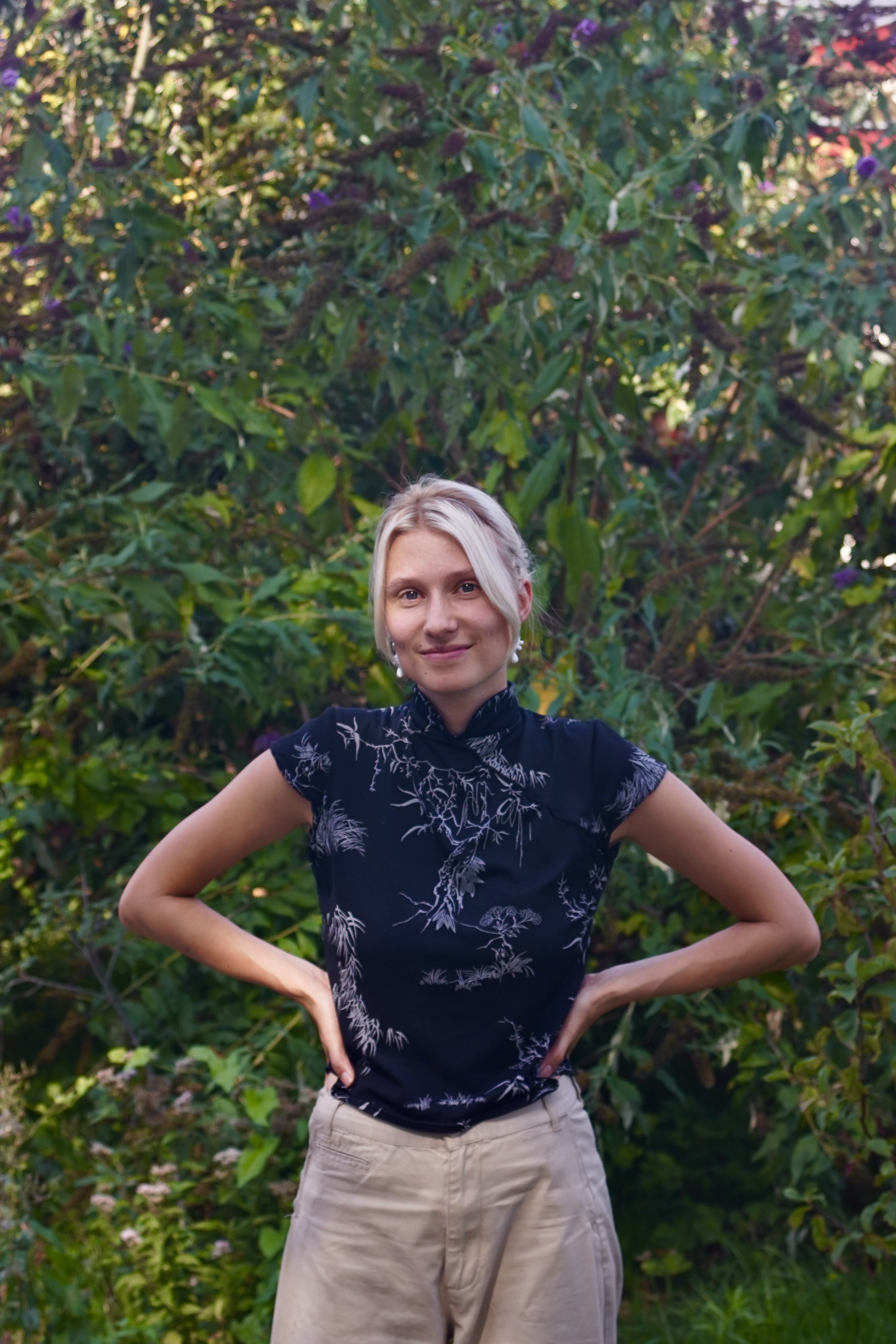
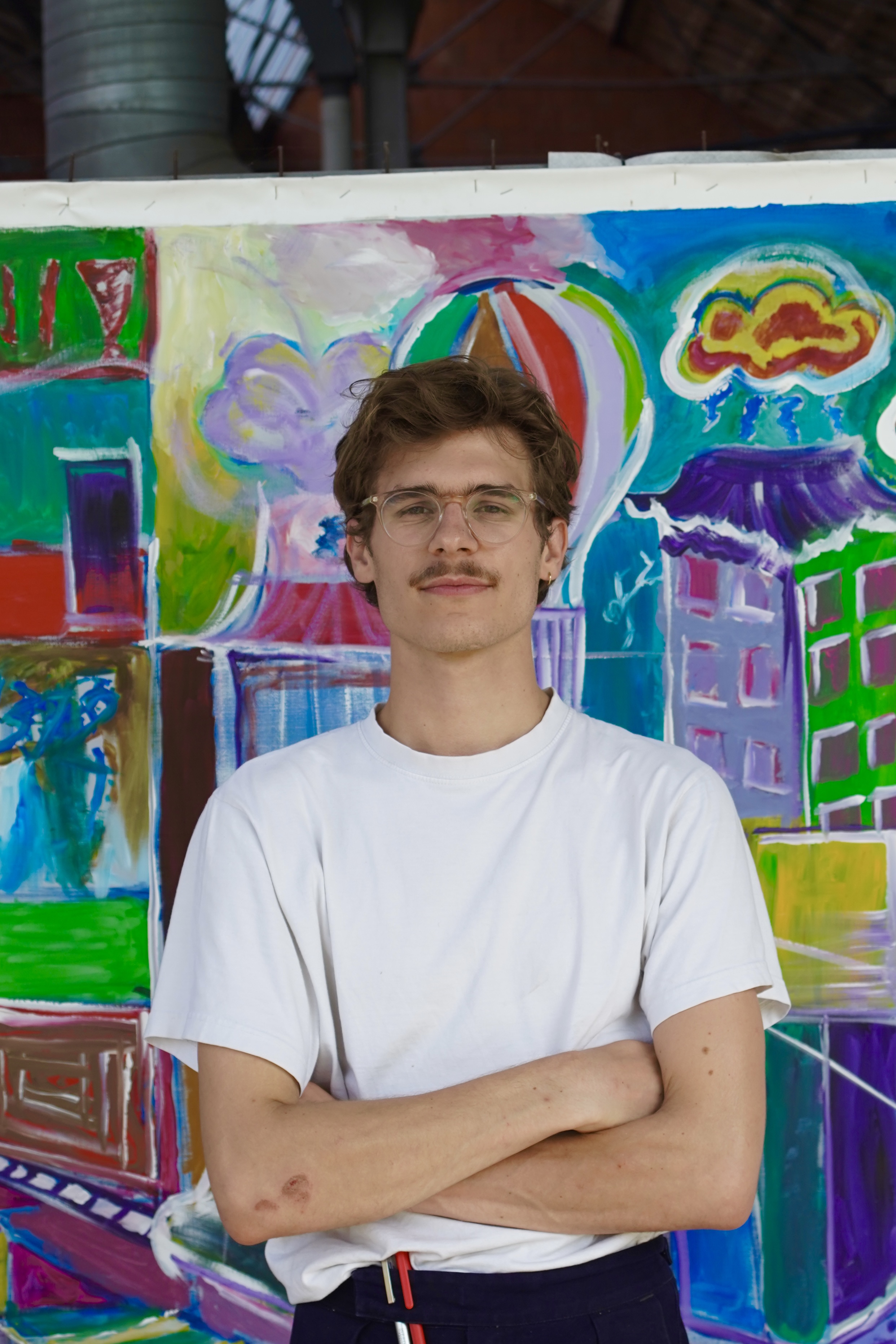
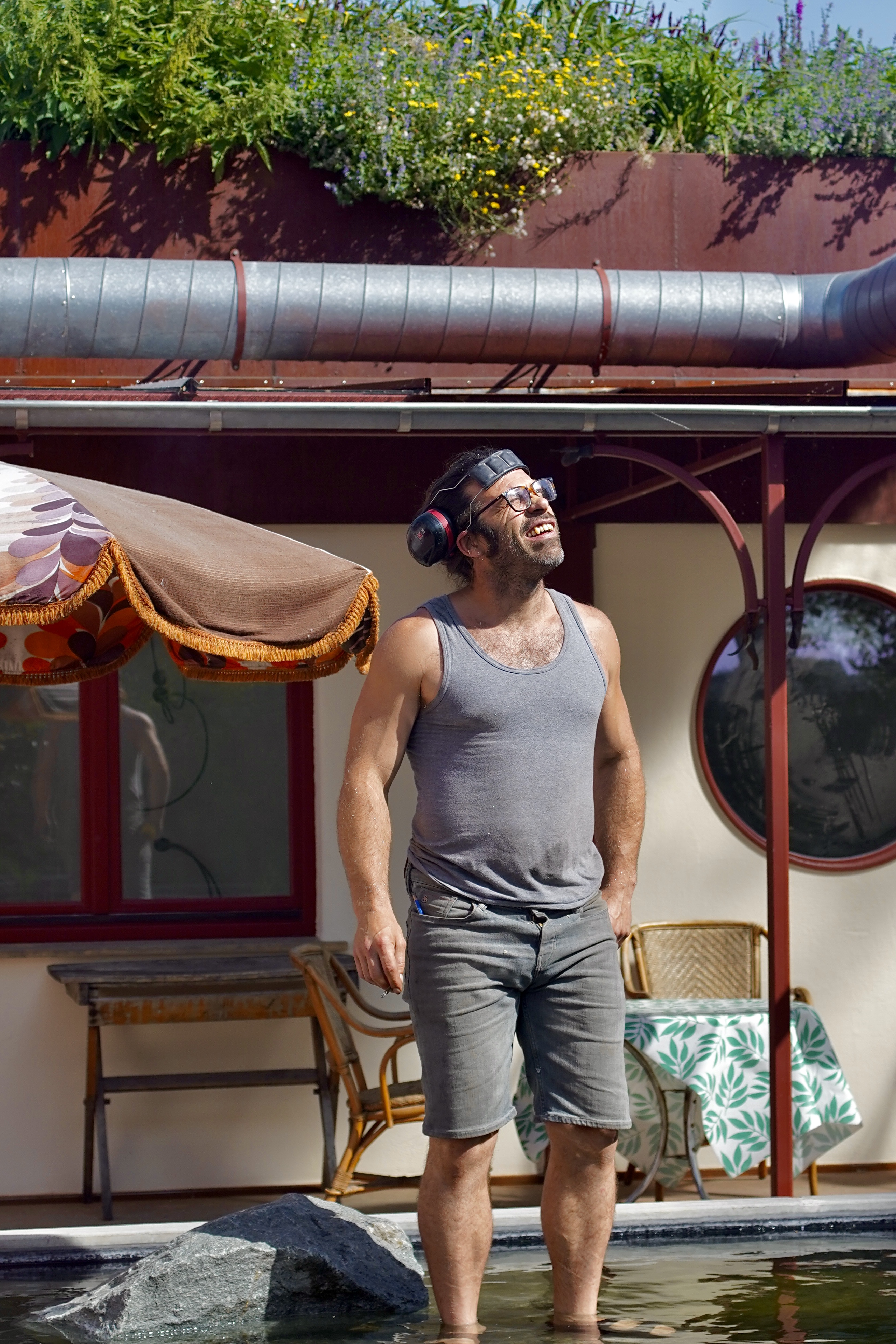

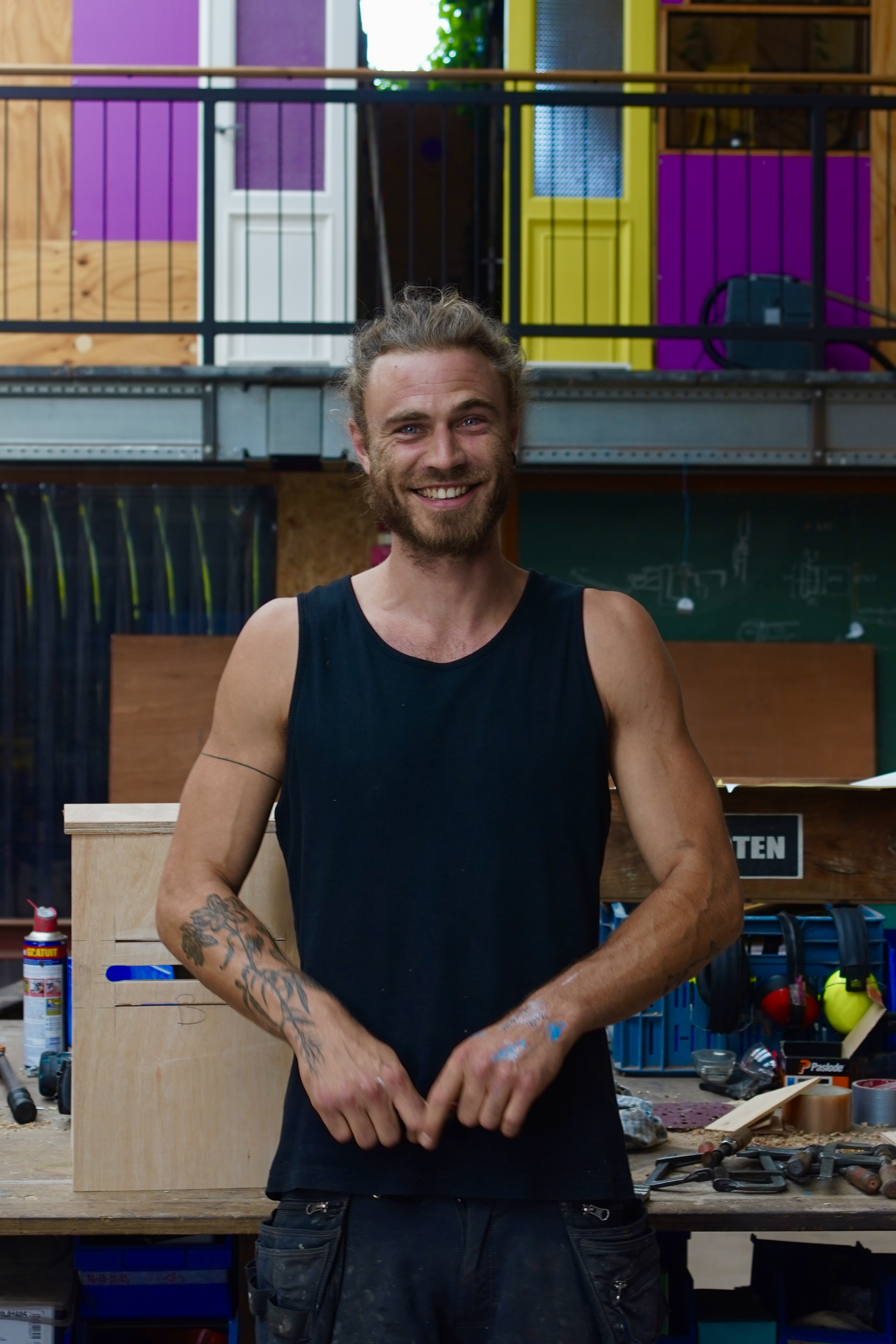
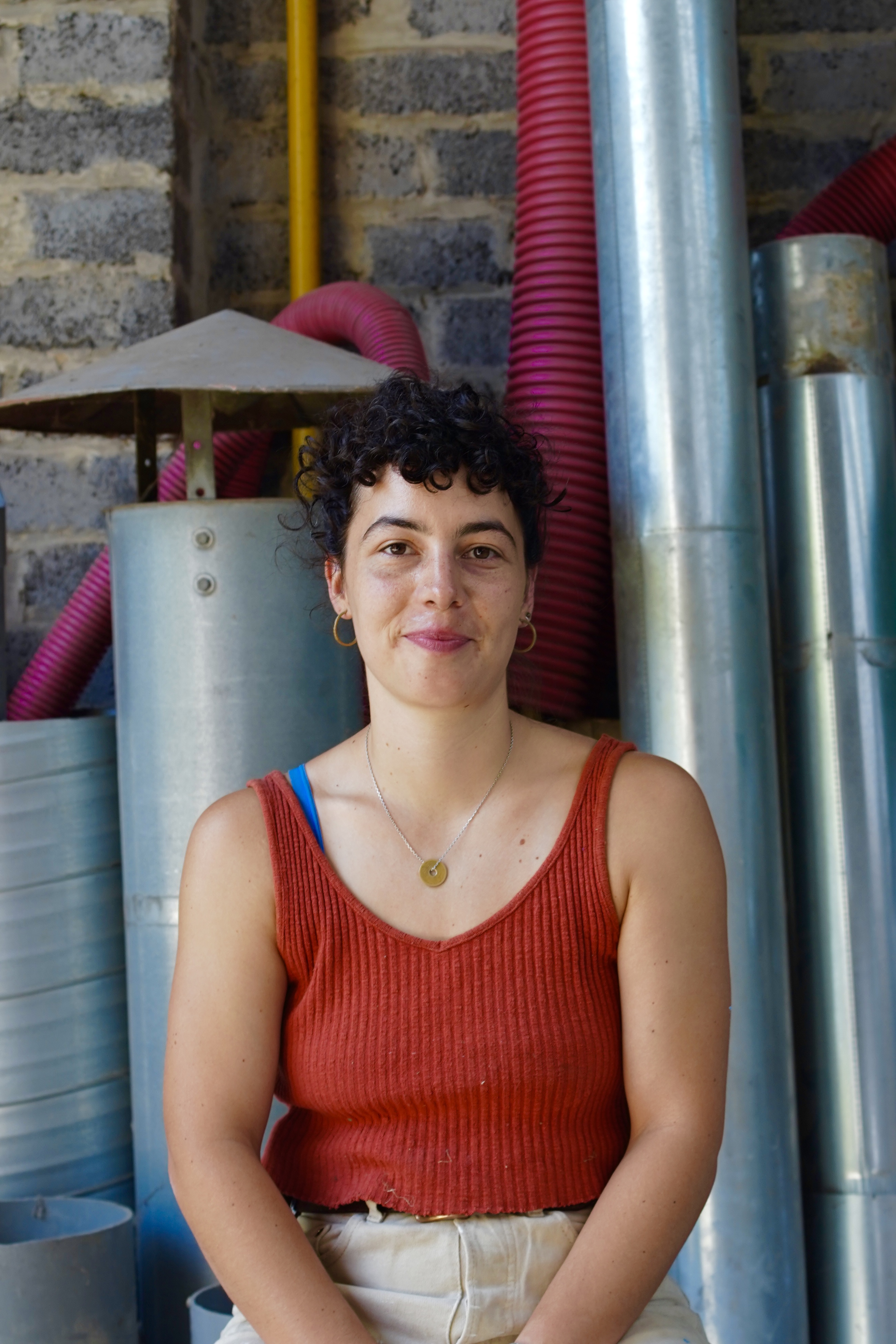
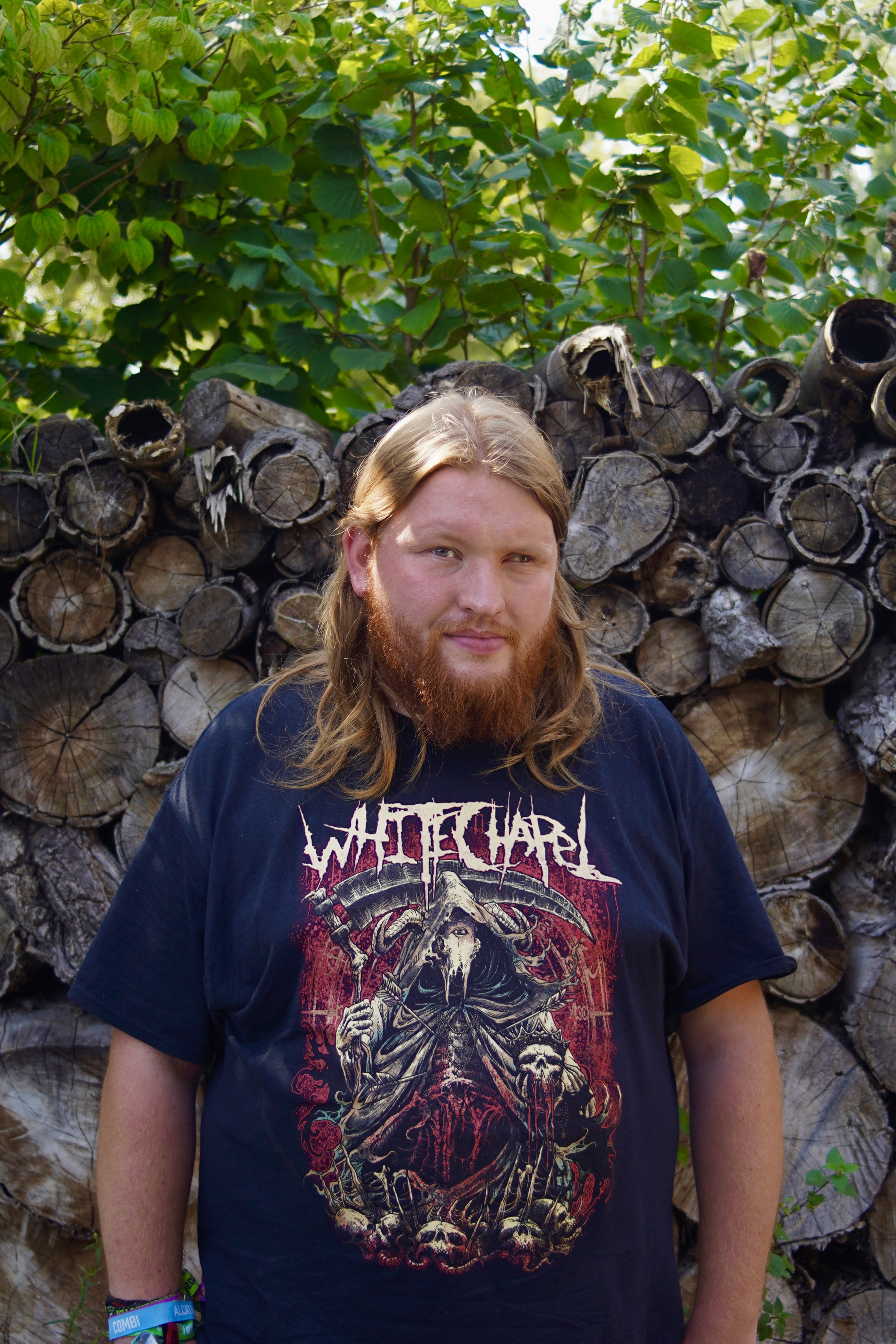
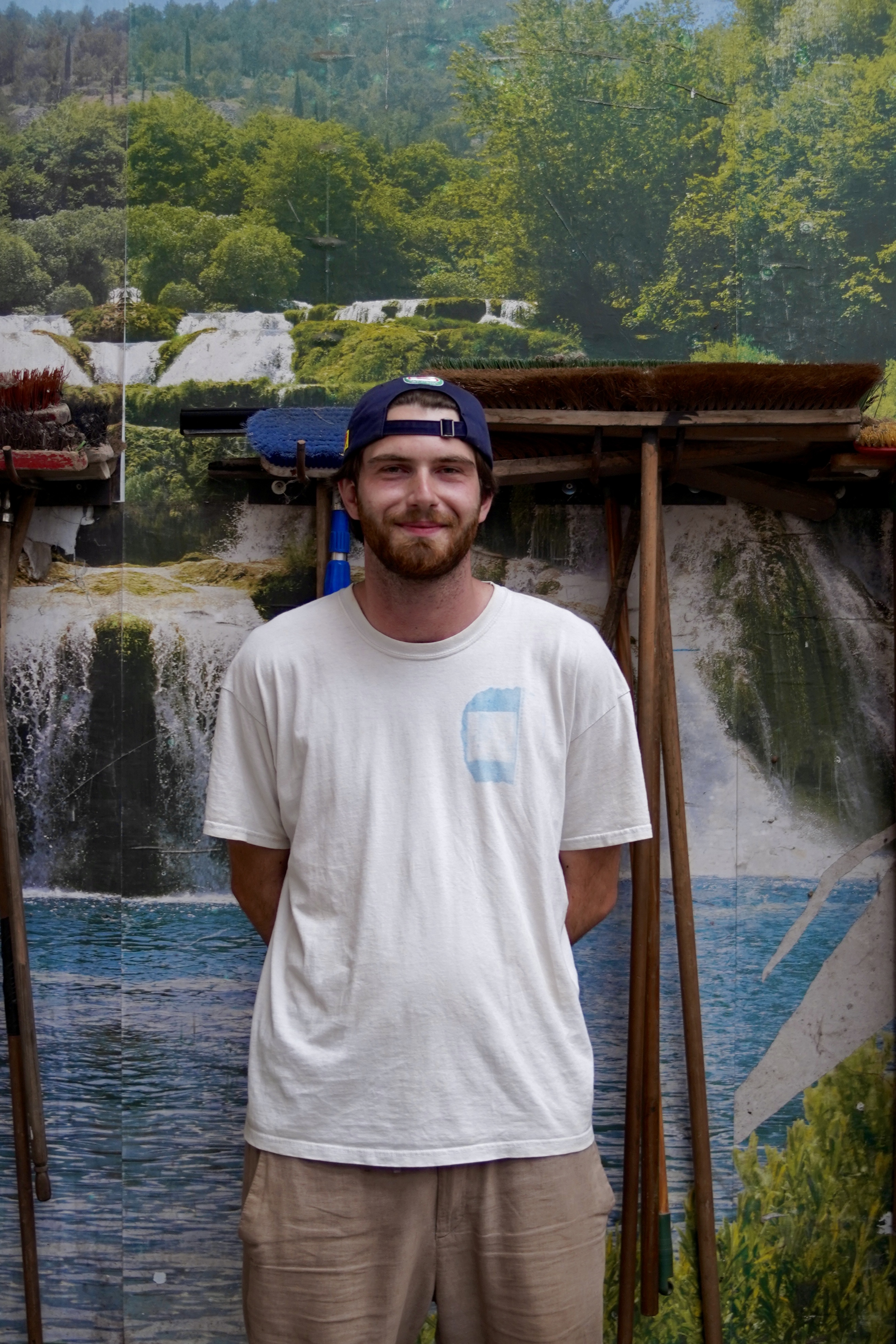
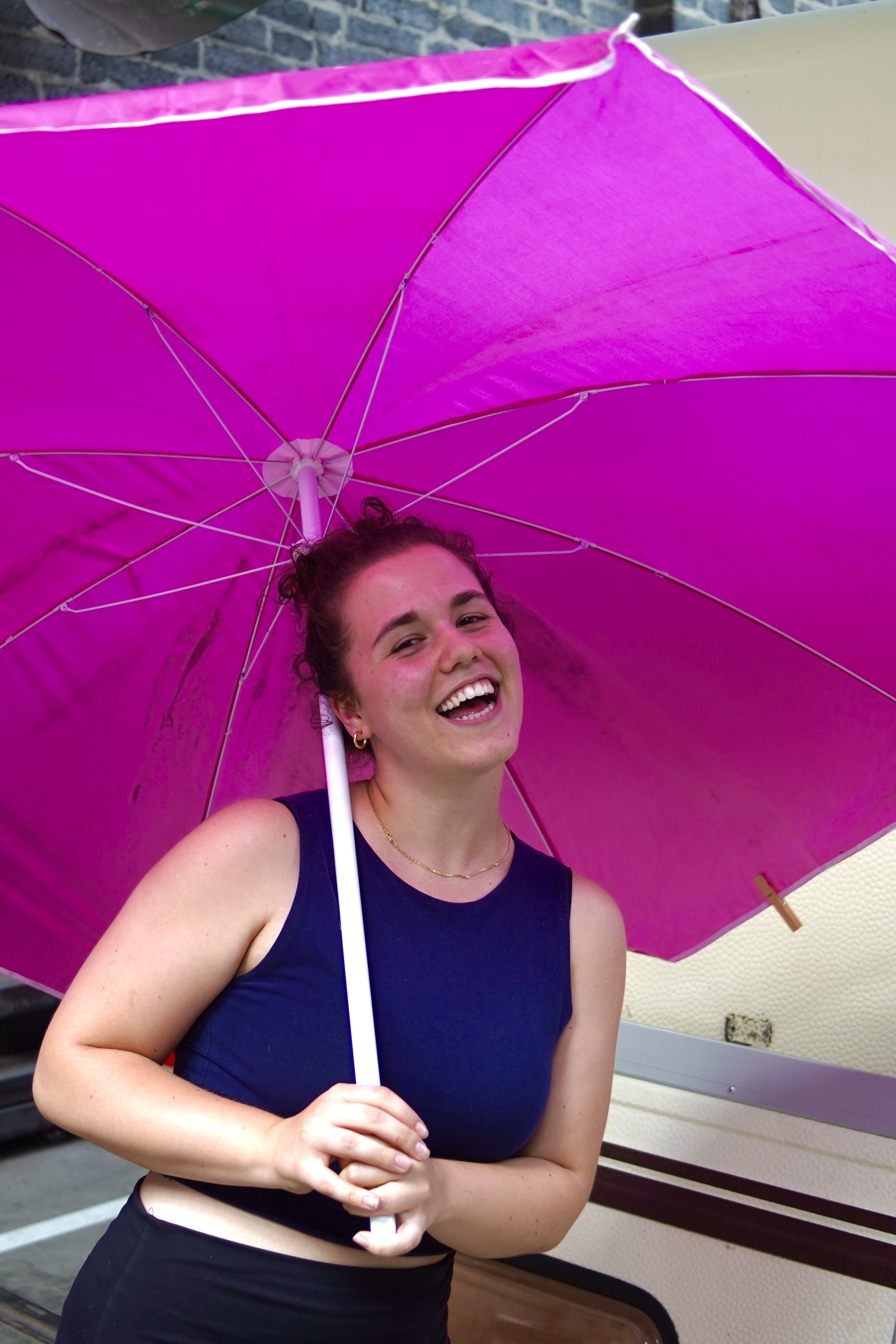
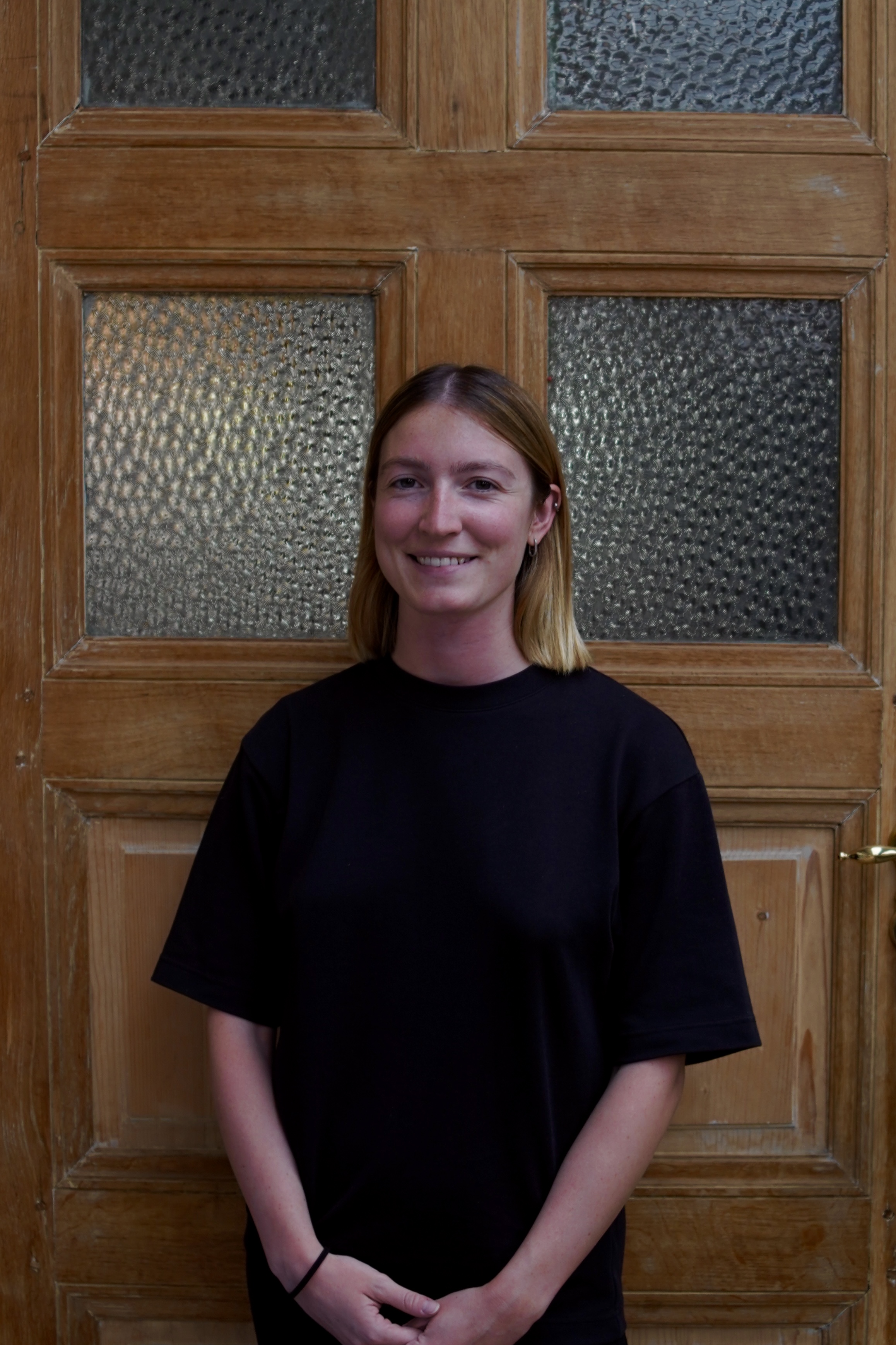
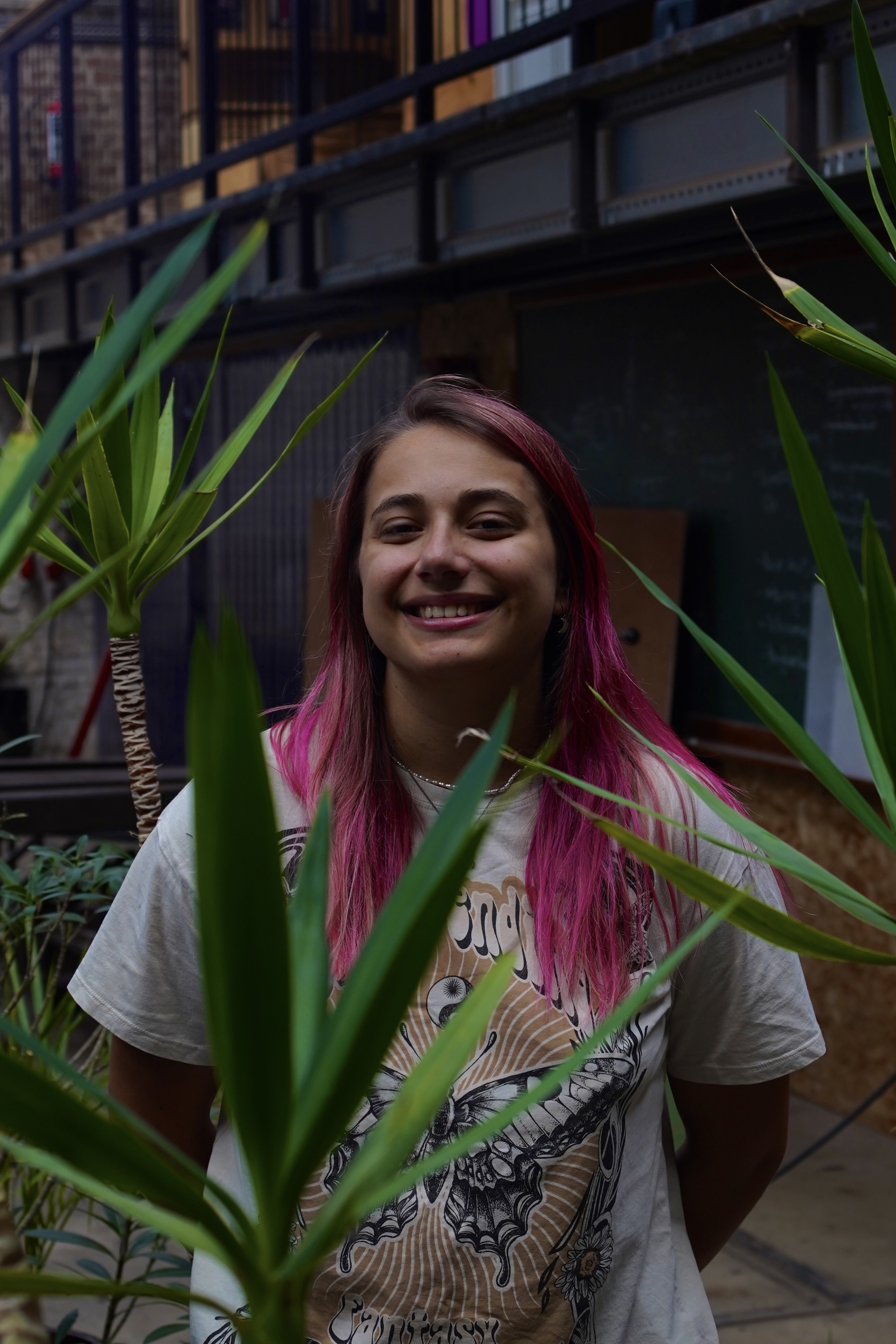
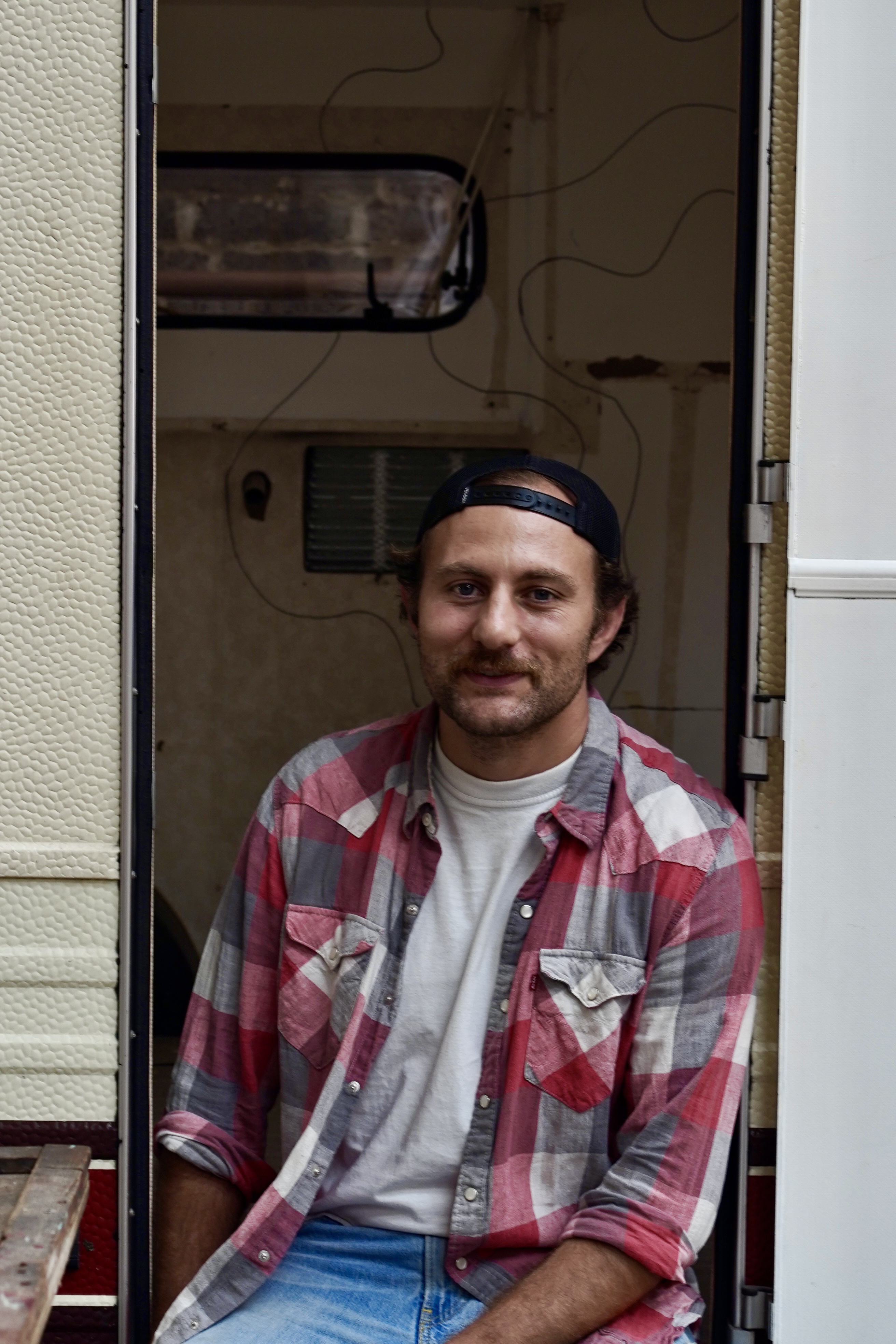
Wildernis
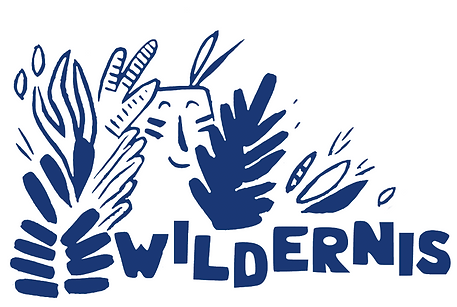
#LZSB is a Kortrijk collective which creates playful interventions and experiments in the public space. They turn their cargo bikes into means of creating “situations” that connect people and nature. They organise outdoor parties and film screenings, run microadventures, rewild the city, coordinate a wild swimming collective and much more!
Wildebras is their series of experiments on wild and outdoor play for children. As Wildebras, #LZSB, took over the island within the “Brothers Van Raemdonck” park in Kortrijk. They run it as an adventure and construction playground where only children are allowed to roam freely. Children can play and build what their imagination suggests under minimal supervision of a few “playworkers”. Through peer learning and play, children and playworkers teach each other how to use hand tools such as saws, hammers, drills, …
On specific occasions, Wildebras runs playdays dedicated to specific topics such as building floating structures or cooking on a campfire. Given the secluded nature of the island, different excursions in the city are organised to bring the wild play and the Wildebras spirit outside the limit of the moat.
The wild play, however, has one major drawback: it’s decreasing the biodiversity of Wildenis, the adventure playground. The variety and quantity of plants is decreasing even though the soil is mostly trodden by the light steps of children and children have grown to respect and nurture their play environment. Therefore Wildebras and its children would like to work with the Living Summer School participants to co-design a series of interventions/games/structures/… that can mutually support wild play and rewilding.
Relevant Research Questions
- How might we create design interventions that are mutually beneficial to the environment and children?
- What can children teach us about re-generation and rewilding? How can we define multi-species design through play?

Bolwerk

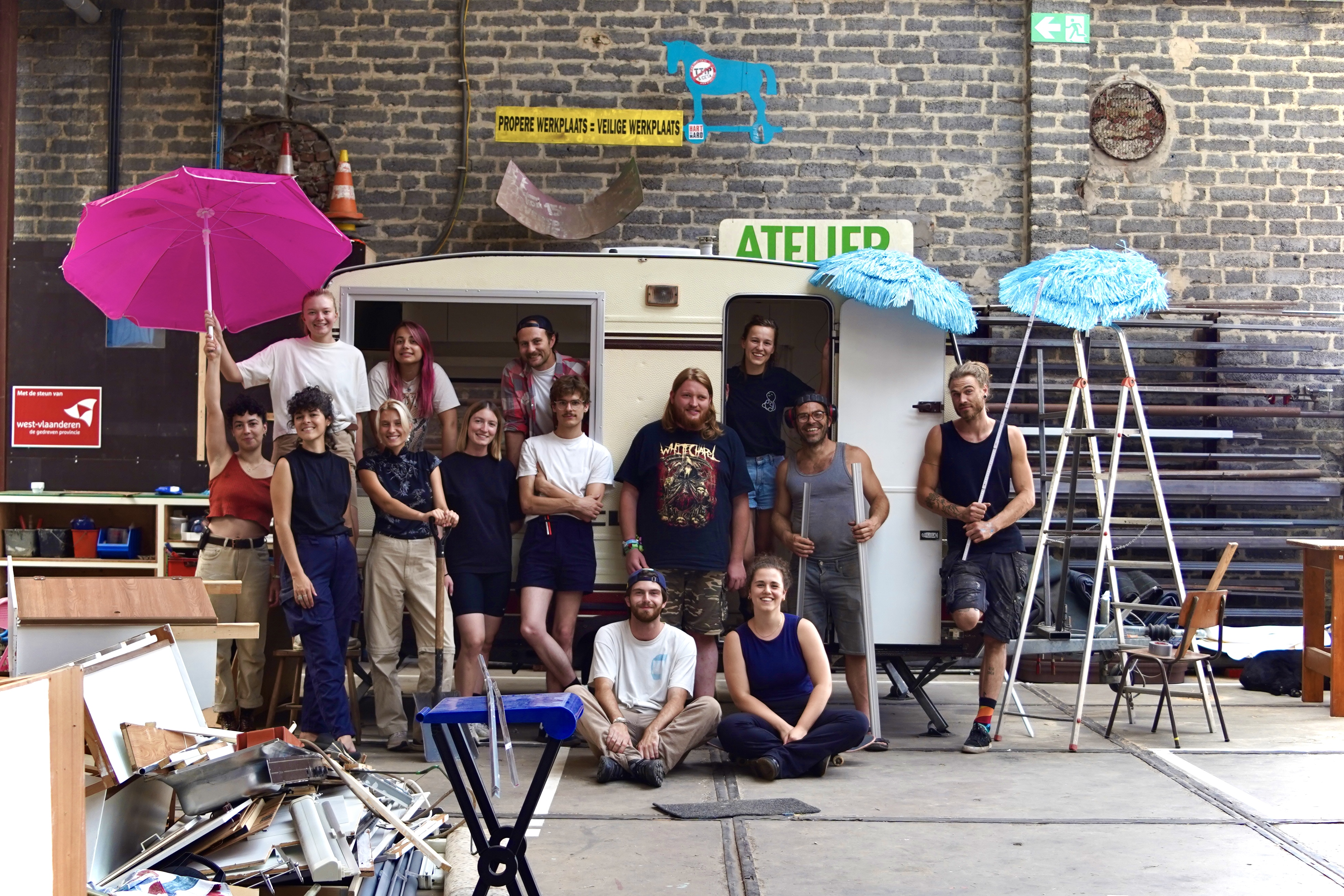
Bolwerk defines itself as a cultural freeport fostering creation, encounter, wonder and ecology. Bolwerk is located along the Bossuit–Kortrijk canal, in an industrial area that was once dedicated to the production of cotton. From the industrial site, once you cross the big wooden gate you enter into the haven of makeshifts. The two brothers who founded Bolwerk, Ruben ad Servaas, built the place together with Kortrijk’s community from the bottom-up with an ecological vocation.
Bolwek welcomes a multitude of people, spirits and attitudes, which slowly shape and build its reality. Below the big industrial hangar and outdoors and indoors bars are situated to welcome visitors and all sorts of events such as exhibitions, concerts and parties. Within the hangar a huge workshop produces literal car-pools, giant marionettes and tiny houses. Kortrijk’s communities, especially the youth can always find their space in Bolwerk by organising events, learning how to build their crazy project and taking part in the production through the “Jongbloed” group.
The city of Roeselare and its youth group want to build a movable space to support the cultural and social activities of youngsters in the city’s skatepark. And who better to join them in this creative journey than Bolwerk? The Living Summer School participants will work along Bolwerks expert builders, the city of Roeselare and its youth group to refurbish an old caravan and turn it into a movable centre for creativity and exchange.
The primary focus is the skatepark , but the caravan’s purpose extends to achieving multiple goals, such as improving the quality of the neighbourhood. Multiple layers will be analysed and will be incorporated in the building layer
- Initially, we address the physical dimension: Can children and young people safely utilise the space? (Is it secure? Are there facilities for play and gatherings? Do these facilities offer accessibility to all individuals? And so forth.)
- The next layer involves the experiential aspect: Do children and young people feel drawn to using the space? (Is the area tailored to their requirements and preferences? Does it cater to the needs of all users? Is it inviting and appealing? And so forth.)
- The third layer encompasses all social aspects: Are children and young people granted permission to utilise the space? (Are they considered equal users? Are there specific codes of conduct they need to adhere to? Are these guidelines transparent? Do these behavioural norms resonate with their living environment and life stage? And so forth.)
Relevant Research Questions
- How might we co-design a movable social space in collaboration with the Roeselare youth group?
- How might we bring Bolwerk’s spirit of wonder on a movable structure?
- What are the key principles for a sustainable design in materials, maintenance, engagement and youth-involvement?

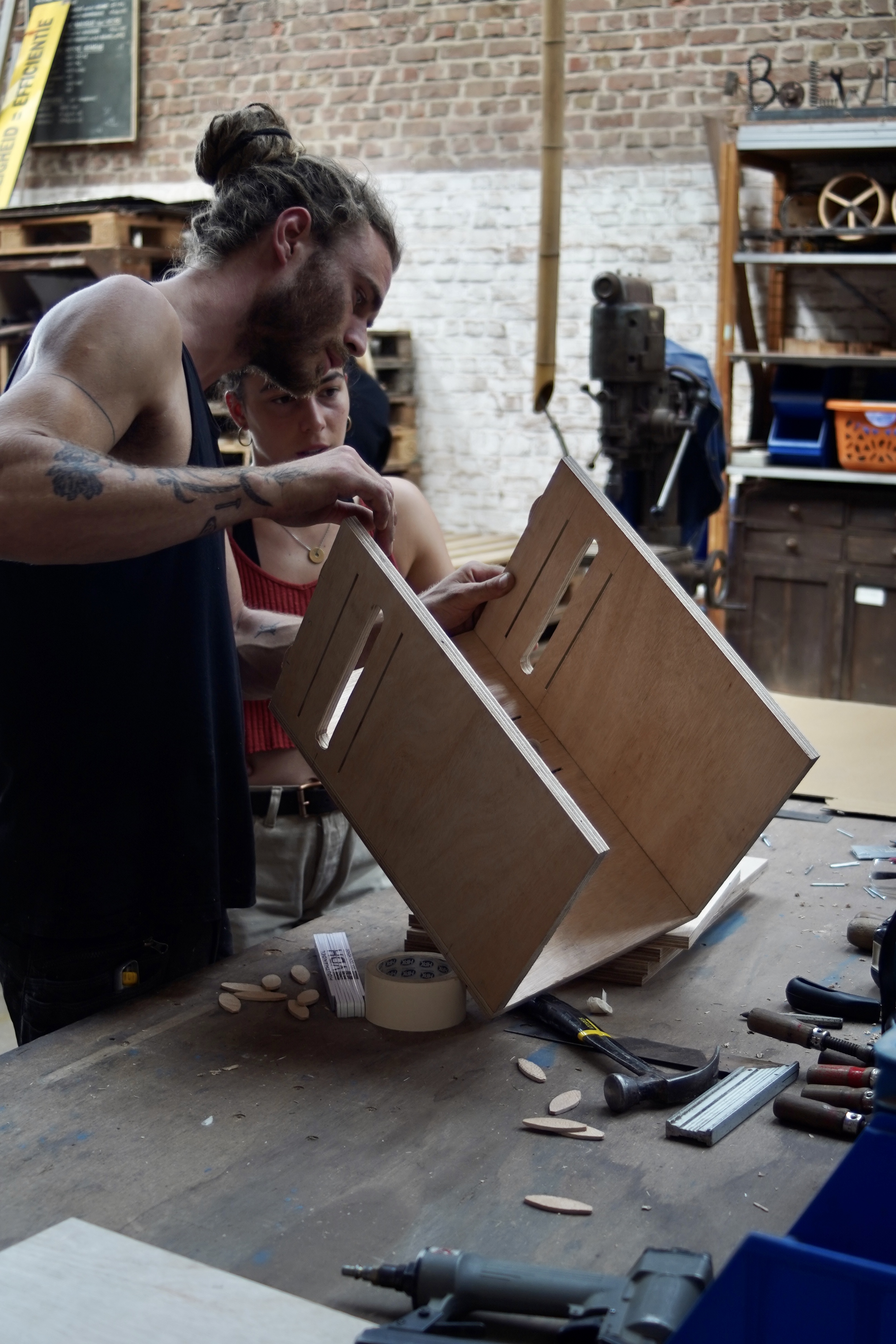
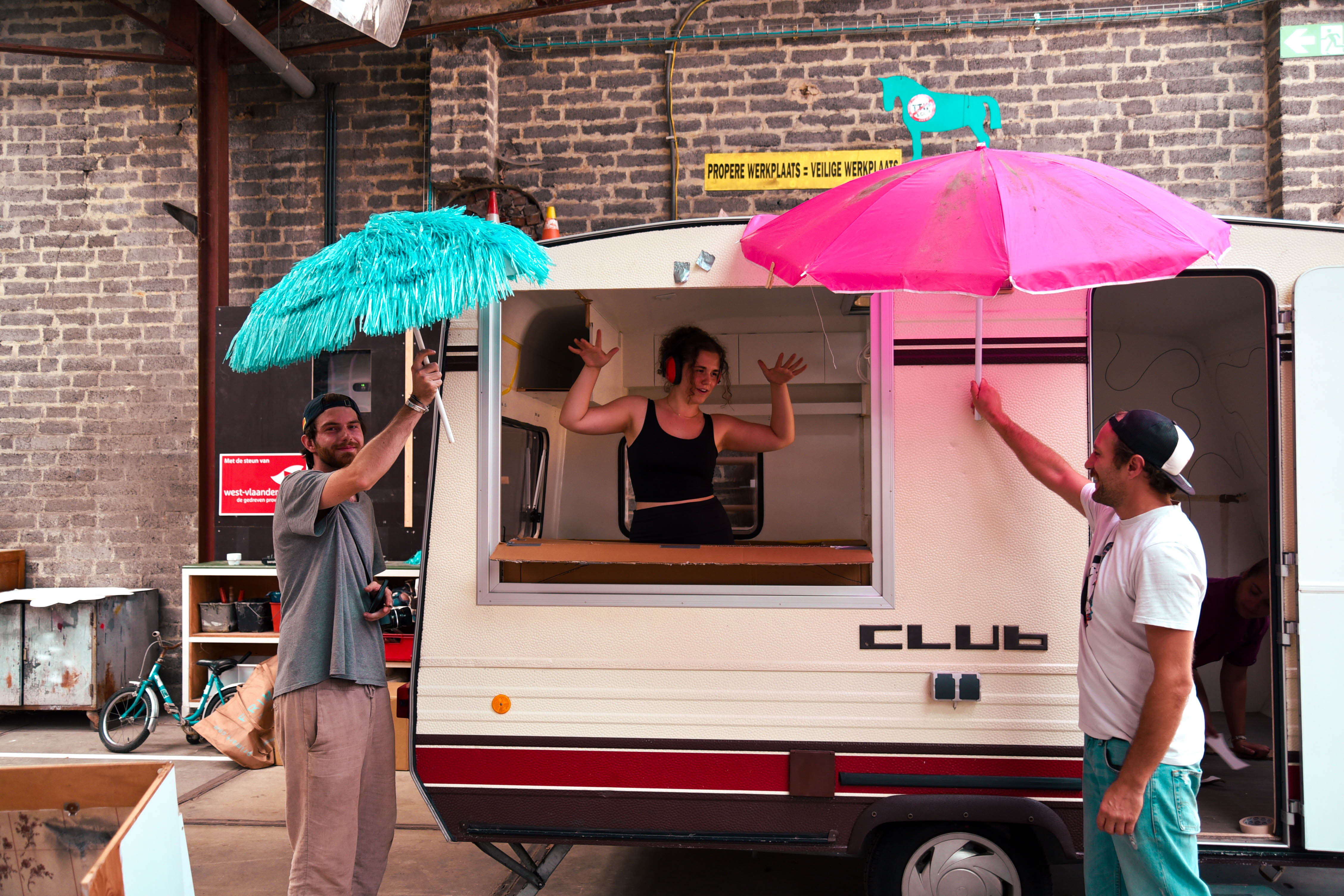


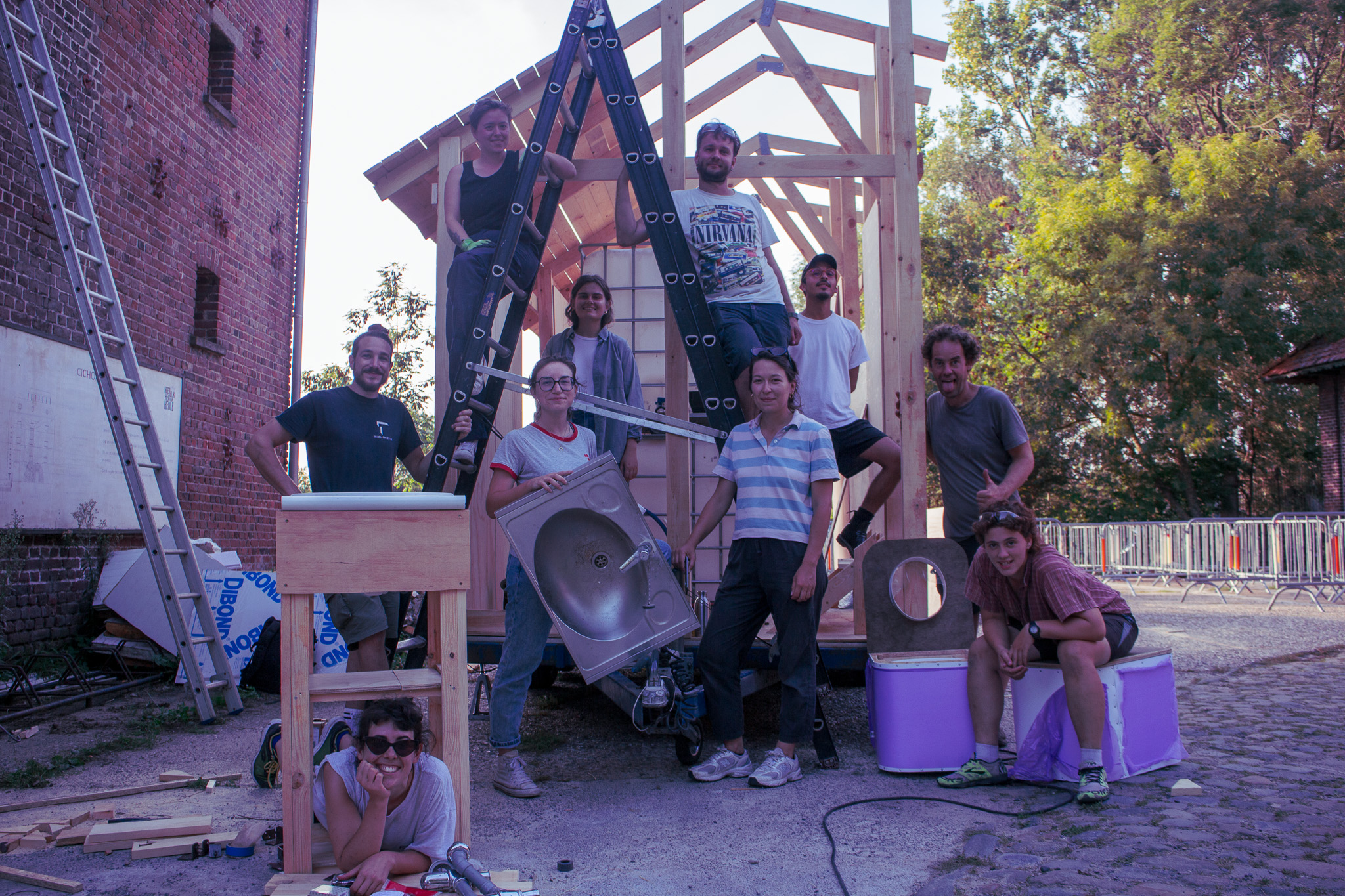
The Heerlijkheid Van Heule is an historical farmstead surrounded by water. Its historical buildings and natural environment create an ecological oasis within Heule. The Heerlijkheid is not just a farm, in fact, its organisation pursues a social vocation by using ecological farming as a connection to vulnerable groups, especially vulnerable youth, and more broadly to its surrounding neighbourhood. Every morning and noon employees, visitors and volunteers gather around in a circle in the heart of the farm and distribute the daily task in an equitable way according to everyone’s vocation and capacity.
The Heerlijkheid Van Heule in its community represents a space for radical inclusion and collective experimentation amongst people and nature.
As part of their mission, they want to create a movable and modular installation around human waste and sanitation. The installation will be built on top of a car trailer that can be moved by their trucks, so that the installation can be moved around the surrounding neighbourhood to be used by other communities and during events. The installation should have different components:
- A “sanitation unit”: two sets of composting toilets that can generate fertilising material for the farm, this is the main and most important component of the installation. What is considered “human waste” should re-enter the environment in a way that is beneficial to the man-managed ecosystem.
- A “water wall”: a transparent water reservoir that can power a sink and a shower. The latter has already been built using industrial water containers. For this component it’s important to showcase the water consumption of the community to raise awareness on its usage.
- A “worm and waste wall”: a place where a (visible) vermicomposting container processes all sorts of human compostable waste. This component should also be integrated with a recycling station.
- A “message wall”: a place where the community can leave positive messages to each other.
Relevant Research Questions
- How might we build an installation that integrates positive cycles amongst different agents of Heule’s ecosystem?
- How might we encourage a transition to different sanitation norms in South West Flanders?
- How might we challenge the current designs around waste management to provide hygiene whilst creating a positive impact on the environment?
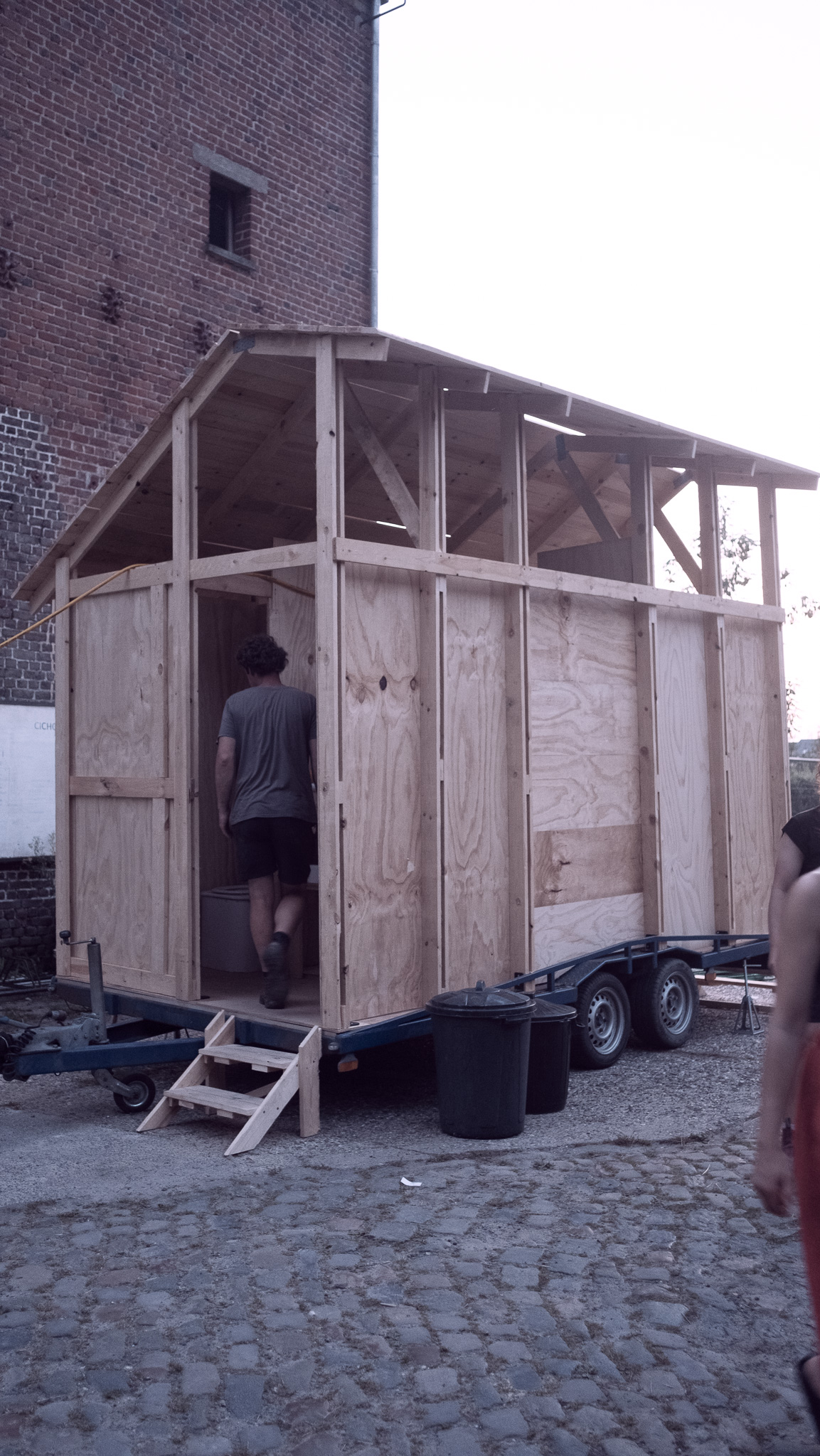
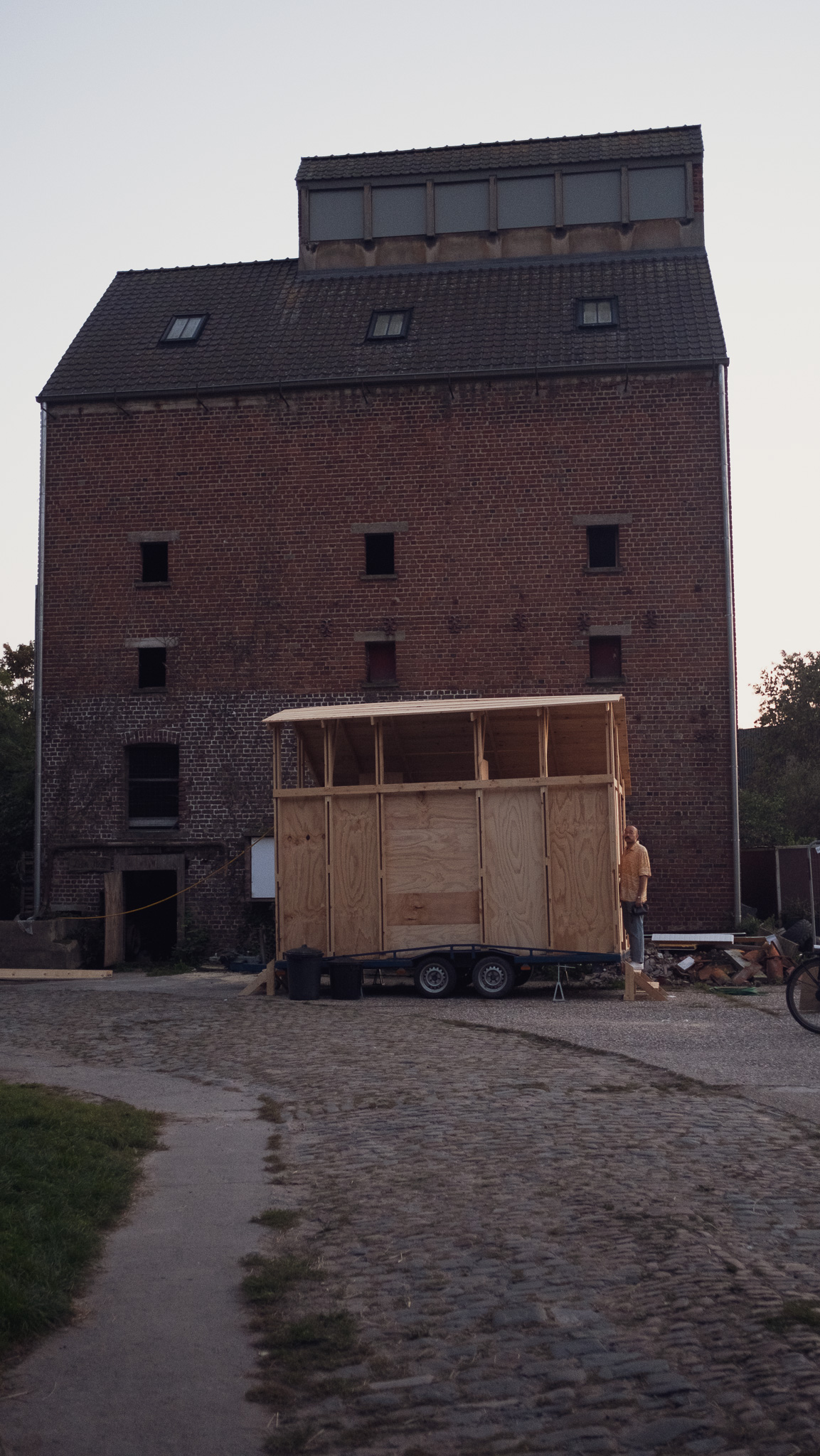
Living Blocks
The social units of future habitats
Our world is changing at an unprecedented rate. The network of social spaces that define our territories need to evolve to face increasingly challenging and complex circumstances.
Participants will reflect on and design modular and sustainable future blueprints of Kortrijk’s social spaces. They will also be required to bring them to life through different situated experiments.
Participants will work in team on one of the following briefs.

NEW KID ON THE BLOCK
Climate DisplacementIn recent years we have witnessed the devastating consequences of climate change at an unprecedented rate globally. According to the Sixth Assessment published by the Intergovernmental Panel on Climate Change, most of the glocal land regions are experiencing more extreme and prolonged heat waves, which are often paired with devastating rain events and storms. In October 2021 Flanders was hit by a terrible storm, the so-called “water bomb”, which affect up to 100,000 according to some sources. With an ever-increasing number of extreme weather events these incidents are due to increase in numbers and affect more and more people, leaving some without shelters for limited or extended periods of time.
Can we still find ways of inhabiting the territory with such extreme weather conditions? Or is it too late and we need to find drastically different alternatives and fabricate more habitats for the displaced population?
How might we design adaptable housing to respond to extreme climate events?
FluidiCity
FluidiCity is a series of artistic socio-ecological experiments that wants to capture citizens' imagination to consider their built and social borders in a different light. By embracing the concept of fluidity, what was perceived as “invasive”, it now constitutes an opportunity for learning, play and lightness.
FluidiCity is een reeks artistieke sociaal-ecologische experimenten die tot de verbeelding van de burgers wil spreken om hun gebouwde en sociale grenzen in een ander licht te zien. Door het omarmen van het concept van vloeibaarheid, wat als "invasief" werd ervaren, vormt het nu een kans voor leren, spelen en lichtheid.

JUST AROUND THE BLOCK
Local and Sustainable TourismIn 1936,paid vacation leave allowed French and Belgian citizens from all social classes to enjoy tourism. What started out as local explorations of beaches and mountain routes, expanded into international and intercontinental trips across the planet, relying mostly on aeroplanes as a means of transportation. Tourism has since grown into a trillions dollar world economy that many cities and countries rely on. However, as the recent pandemic has brought to light, in response to the ongoing climate crisis a new breed of responsible tourism needs to reemerge in our social traditions that maintains our right to vacation while dealing with the emerging risks that are associated with it.
The city of Kortrijk is currently looking into encouraging local tourism within its territory by creating value in man made and natural attractions aiming at captivating local and alien residents. For the last 10 years it has been rebranding itself while seeking out of the box experiences for curious travellers.
How might we encourage tourism that cares for the environment and people?
Omnipresent
“Omnipresent” is a proposal for a distributed and grassroots gallery for the City of Kortrijk. As Kortrijk is working towards becoming the European capital of culture, Omnipresent makes use of the abundant empty retail space around the city to showcase local artists. Additionally, by subverting an “omnipresent” artefact: the retailers advertising bollards, it gives the opportunity to up-and-coming artists to exhibit their artworks around the city in cooperation with real estate agents.
Omnipresent brengt een voorstel voor een gedeelde, lokale galerie voor de stad Kortrijk. Omdat Kortrijk bezig is met zijn kandidatuur voor de Europese culturele hoofdstad, maakt Omnipresent gebruik van de vele lege winkelruimte in de stad om lokale kunstenaars voor te stellen. Door een van de meest banale zaken in te zetten, namelijk de reclameborden van winkeliers, geeft het bovendien de kans aan opkomende kunstenaars om hun kunstwerken in de stad tentoon te stellen in samenwerking met vastgoedmakelaars.

BLOCKED IN
Building CareThe average age in Belgium, currently 42 years, is expected to rise to 44.8 years in 2050 and 45.5 years in 2070. The age group of 80 and over is expected to double by 2070, this life-expectancy increase will also imply that more people will live in collective households (such as residential care homes).
In Kortrijk, Buda Eiland has the highest density of elderly care homes of the entire city and the oldest average population. These demographics are in contrast with the city planning which would like to turn Buda into a creative and artistic spot. In recent years historical art establishments like the Budascoop (cinema), were joined by new projects residing on the island such as BK6, hosting DURF2030, the Buda Arts Centre, Designregio Kortrijk, and the Buda Tower amongst others. This dichotomy between an ever-ageing population paired with top-down efforts to attract more young people can be found across the entire city. In fact, Kortrijk has been trying to establish itself as a cultural and youth pole through education, by opening new university campuses, and by improving the lifestyle for young families. We are left to wonder who is left behind in these projects and if it would be possible to have more inclusive approaches across all ages.
How might we better accommodate the needs of elderlies in our cities?
Beehive
Beehive is a platform, online and physical, that wants to connect all the actors and entities that provide care to Kortrijk’s community. It comprises visual materials that can help care volunteers, organisers, workers, … to reach out to people in need through events, long-term programmes, safe spaces and kind gestures. Different prototypes, physical and digital, were tested with the community to gauge its potential for connecting needs.
Beehive is een platform, online en fysiek, dat alle actoren en entiteiten die zorg verlenen binnen de Kortrijkse gemeenschap wil verbinden. Het omvat visueel materiaal dat zorgvrijwilligers, organisatoren, werkers, ... kan helpen om mensen in nood te bereiken via evenementen, langetermijnprogramma's, veilige plaatsen en vriendelijke gebaren. Verschillende prototypes, fysiek en digitaal, werden getest met de gemeenschap om het potentieel ervan voor het verbinden van behoeften te peilen.
BLOCKED OUT
Affordable HousingThere is a popular expression in Belgium which goes: “all Belgians are born with a brick in their stomach”, meaning that owning or building a house is a lifetime goal for most of the Belgian population. This is reflected in the current legislative structure that facilitates house ownership. This approach has been driving inequalities across the country, both in the capital Brussels which has about 6.5 million square metres of unused real-estate space, and in smaller urban centres. A short walk in the city centre of Kortrijk, can reveal to an attentive eye the copious amounts of unused space, which stands in stark contrast to the new residential luxury developments along the Leie river. This is a clear signifier of gentrification and of raising housing prices. In fact, the lack of affordable housing is very present in Kortrijk, where about 1300 people have been censored as ‘homeless’ across the province. However, rough sleeping is only the tip of the iceberg, with many more people in precarious housing situations, getting by daily with temporary accommodations. A third of this group is constituted by children, young adults and women. CAW and W13 have been trying to address this situation with multiple projects to promote better social inclusion. How could art and design support them in this mission?
How might we tackle unequal access to housing through design?
Title
“Title” is a citizen engagement and advocacy project that plays on Belgian culture to offer affordable housing. The project’s main goal was to popularise the idea of incremental housing: a “half-built house” that could be finished and personalised according to its inhabitants' desires and needs. This seemed like a promising idea given the Belgian love for building and making homes. The team set out to test this assumption by creating a postcard and prototypes for this initiative.
"Title" is een project voor burgerbetrokkenheid en belangenbehartiging dat inspeelt op de Belgische cultuur om betaalbare woningen aan te bieden. Het voornaamste doel van het project was het idee van incrementele huisvesting te populariseren: een "half afgebouwd huis" dat kan worden afgewerkt en gepersonaliseerd volgens de wensen en behoeften van de bewoners. Dit leek een veelbelovend idee gezien de Belgische liefde voor het bouwen en bouwen van huizen. Het team ging deze veronderstelling testen door een postkaart en prototypes voor dit initiatief te creëren.

CONNECTING THE BLOCKS
Connected LifestylesIn light of the recent Covid-19 pandemic, we have all been growing accustomed to a lifestyle that accommodates both in-person interactions and digital ones. Both our leisure time and work hours are increasingly spent online. This has had huge impacts on the mental health of the global workforce, with millions of people reporting benefits given by more flexible work arrangements, but also an increase of burn outs due to the isolating work modalities has been found. As the Global Mobile Workforce Forecast suggested 1.88 Billion will be working remotely by 2023, comprising 43.3% of the total global workforce. What are the implications of these global trends for a mid-sized city like Kortrijk?
In recent years the municipality has been trying to attract and retain younger crowds, by opening new university campuses, which offer digitally-focused study programs (like the Digital Arts and Entertainment at HOWEST), and by initiating projects to welcome young families. With a more digitally-savvy and mobile population, Kortrijk’s social fabric will inevitably change. How could digital nomads contribute to strengthening the social fabric of the city? Will they be drivers of gentrification? How could a mid-sized town offer new models of sustainable connectivity to its inhabitants?
How might we envision new models of connectivity for Kortrijk’s professionals?
Platforming creative communities
“Platforming creative communities” is an anthropological exploration of Kortrijk’s social infrastructure which manifests in an installation. The team’s curiosity focussed on the fact that the post-pandemic professional network in Kortrijk appeared close-knit, and yet there were still opportunities to create deeper and meaningful professional connections. After mapping out the state of connectivity in Kortrijk the team’s insights were showcased in an installation with an interactive component to allow audience members to connect during the Living Summer School closing event.
"Platforming creative communities" is een antropologische verkenning van de sociale infrastructuur van Kortrijk die zich manifesteert in een installatie. De nieuwsgierigheid van het team richtte zich op het feit dat het post-pandemische professionele netwerk in Kortrijk hecht leek, en toch waren er nog mogelijkheden om diepere en betekenisvolle professionele connecties te creëren. Na het in kaart brengen van de staat van connectiviteit in Kortrijk werden de inzichten van het team getoond in een installatie met een interactieve component om het publiek in staat te stellen contact te leggen tijdens het slotevenement van de Living Summer School.
Participants
Brief Partners

Welzijn13: a regional
association which coordinates many initiatives around displacement and social
emargination, they pioneer different approaches to address rough sleeping and
to give more opportunities to marginalised individuals and families.

LZSB: a cargo-bike
based collective which creates green interventions to bind communities
together, they address socio-ecological integration with a spontaneous approach.

Schouwburg Theatre: the
local theatre company which in the recent years has proposed many creative and
artistic interventions that challenge the status-quo of social cohesion on the
territory.

Cnockaert: an architecture
studio which build De Knock, a social housing project revolving around an
historical moat.
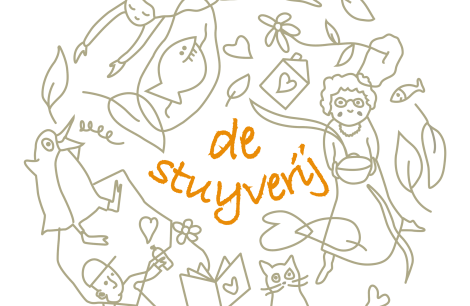
De Stuyverij: a social incubator promoting inclusive
enterprises and projects focussed on community building.
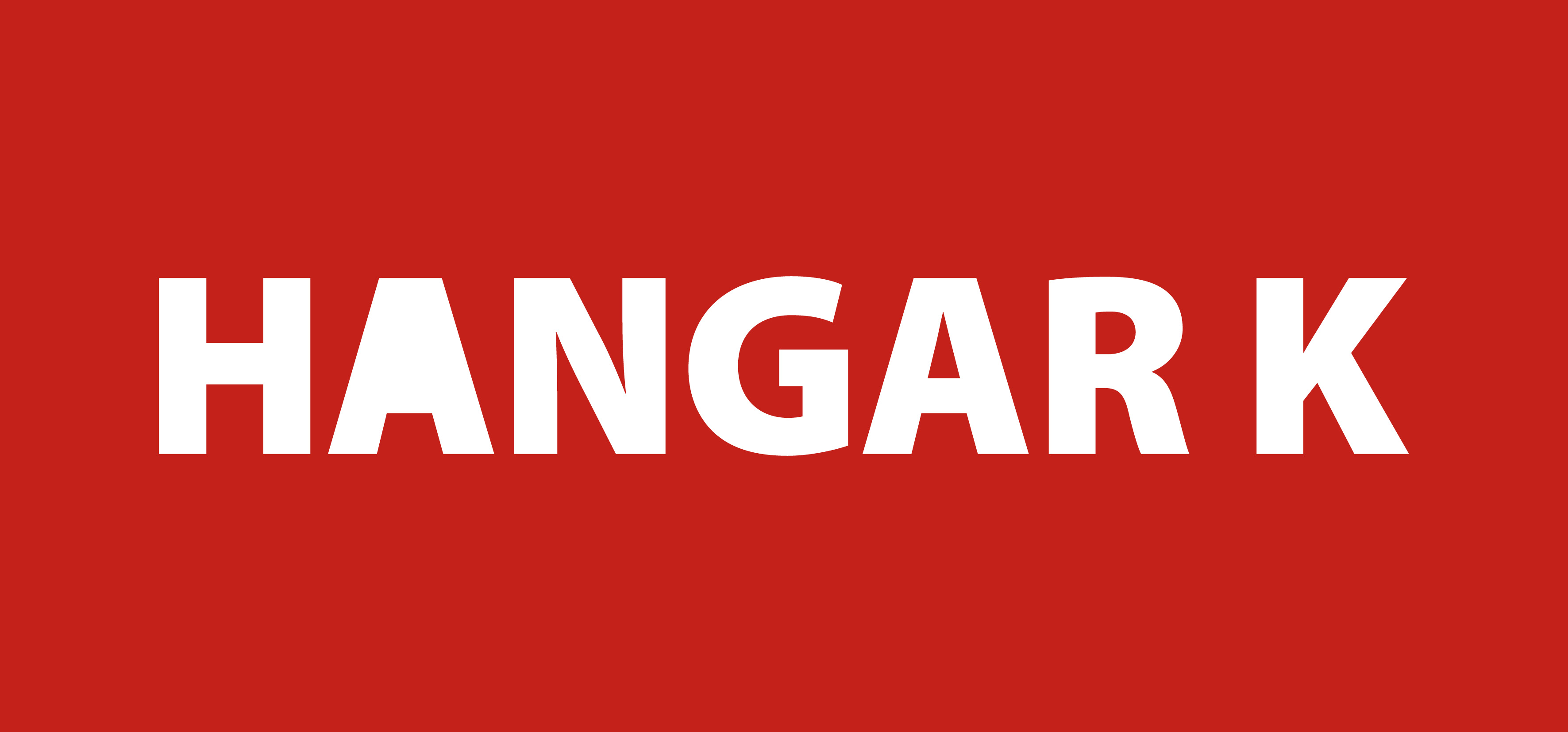
Hangar K: Kortrijk’s
incubator, supporting creativity and innovation in the city and region, with
the Start@K project, a partnership with local universities and NGOs they
support young innovators.
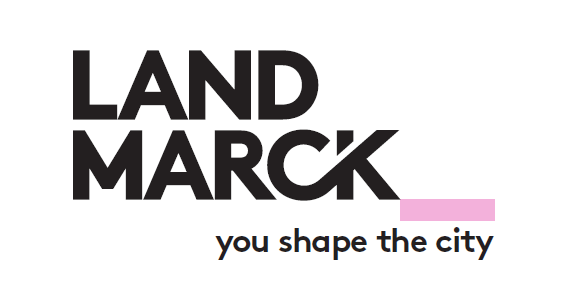
Landmarck: the old factory
site of Van Marcke, now being turned into a creative hotspot hosting fairs,
exhibitions and events.

Durf2030:the municipal
initiative promoting the election of Kortrijk as the European capital of
culture in 2030, their goal is to support and promote 2030 creative and
artistic projects in the city.

Designregio Kortrijk: the
organisation managing all projects related to the UNESCO creative city label of
recognition, they support many projects, from commercial to artistic to support
designers and creatives.

IDEWE: a national company
that provides prevention of work injuries and rehabilitation, they are working
on GO GREEN ROUTES, a project that wants to provide nature-based solutions to
workers to address a multiplicity of issues.

Eurometropolis: a
cross-border organisation that encourages cooperation in the triangle of
Lille-Kortrijk-Tournai. This area has always been historically linked through
its waterways, so Eurometropolis is also the initiator of the projects Carré
Bleu and Blue park, for the natural preservation of the habitat.
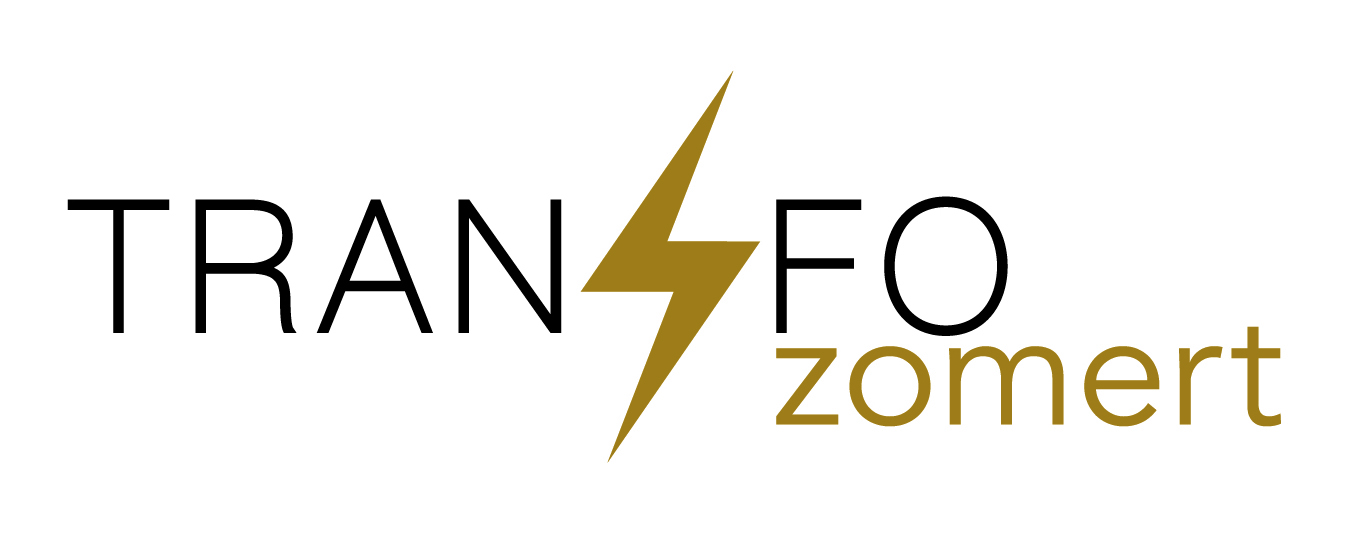
Transfo: an old power
station and industrial site which was turned into a leisure and tourism
location, hosting different events throughout the year and offering cultural
entertainment. They were also part of the festival Contrei live, hosting one of
the permanent installations that followed the project.
Texture Museum: Kortrijk’s
largest museum entirely dedicated to the processing of flax and linen, a very
important part of the local heritage and history.
Green Leaf Projects: a
cargo bike shop, promoting local sustainable mobility through different
interventions and crazy bikes.

Wildernis: an island
accessible only to children to make with natural materials and learn in the
wild with minimal adult intervention, it is part of the adventure playground
network.
International Speakers:
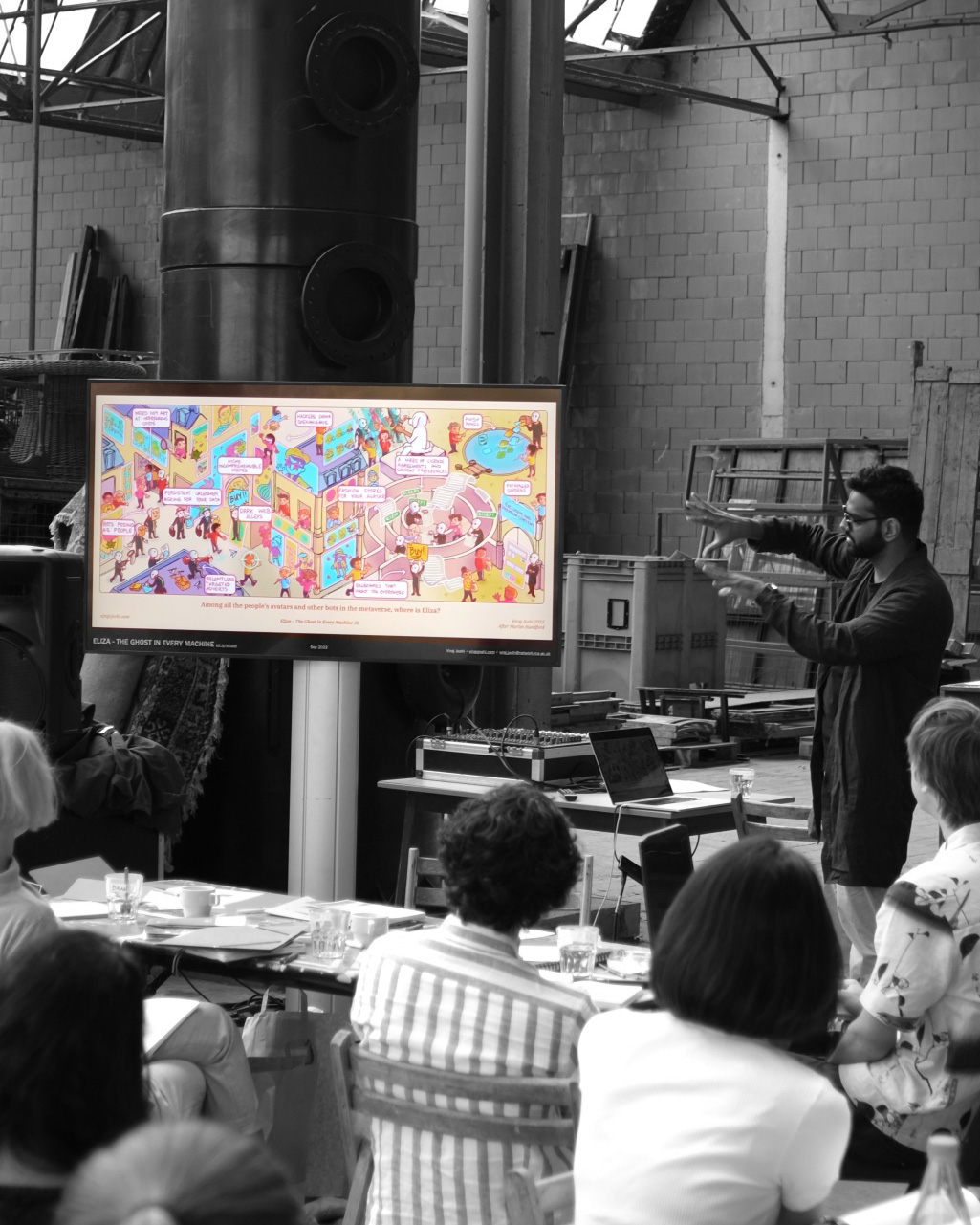
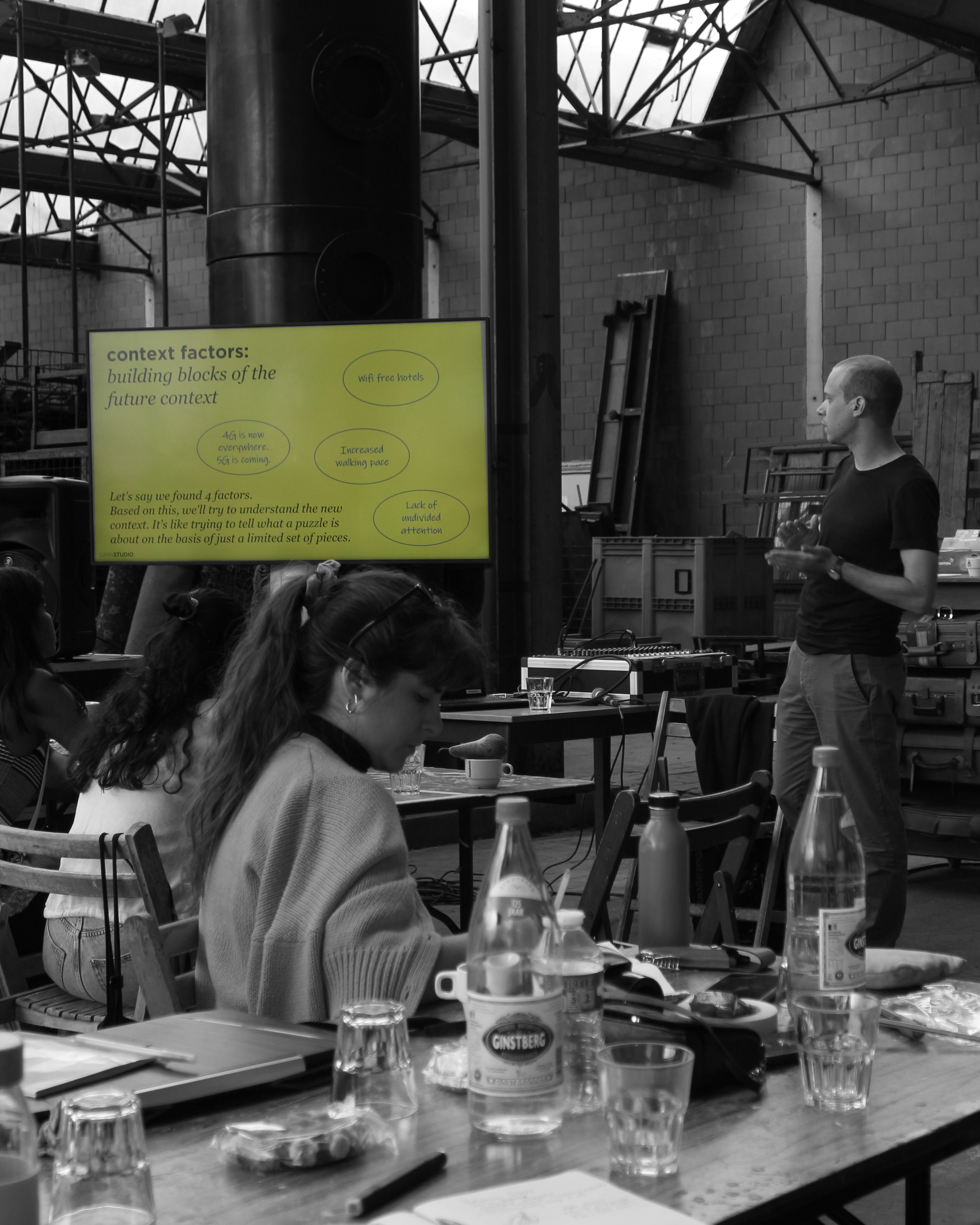
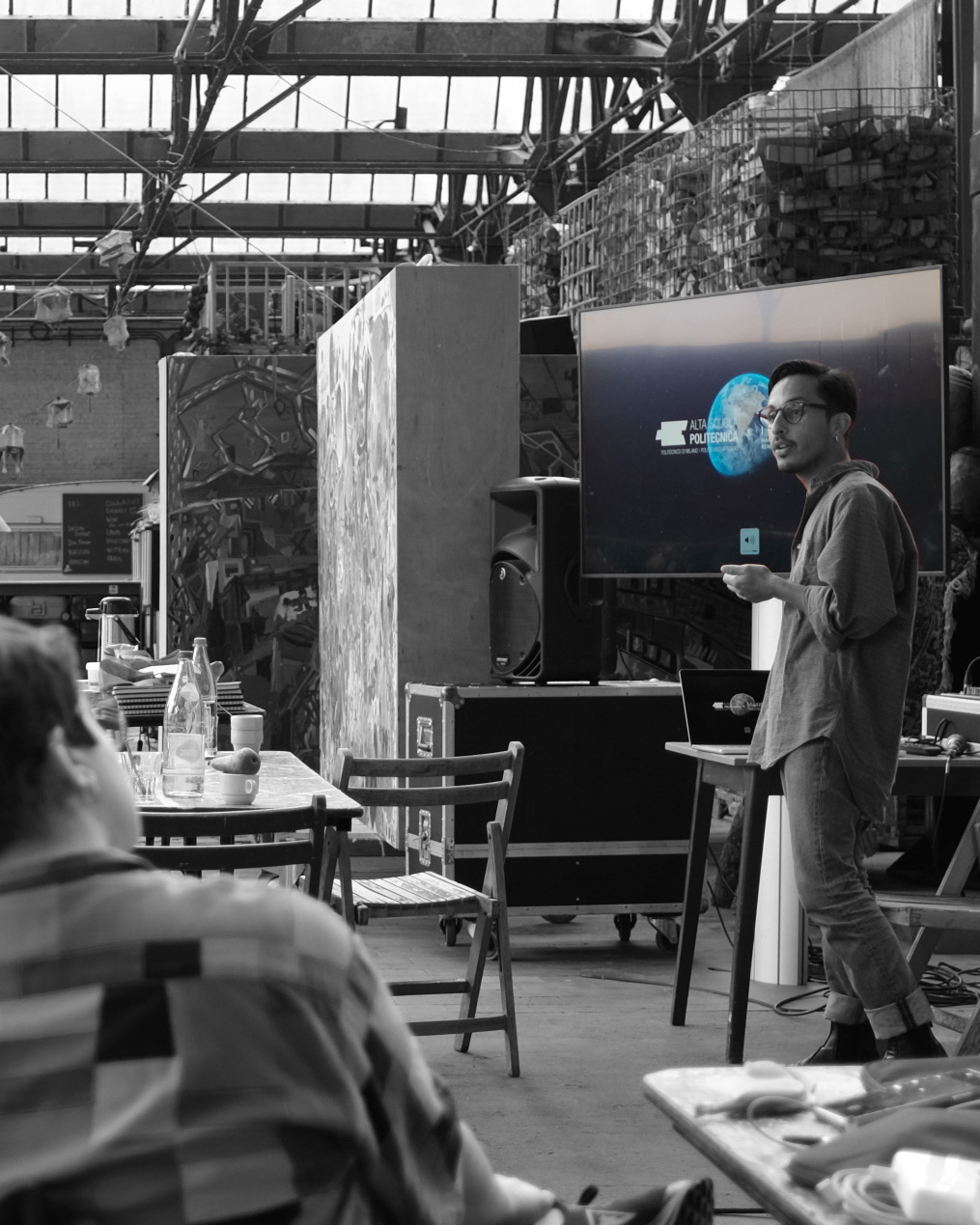
Exhibited at:

Partners:

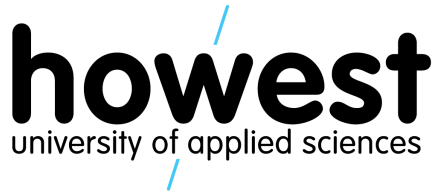

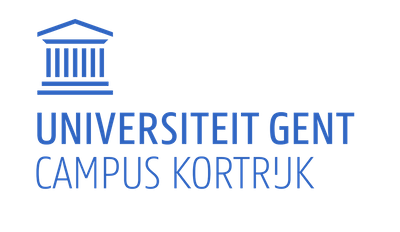

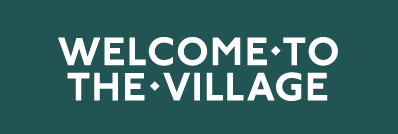




Network:

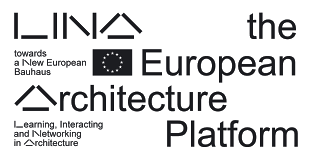

Seen on:


LIVING WATERSCAPES
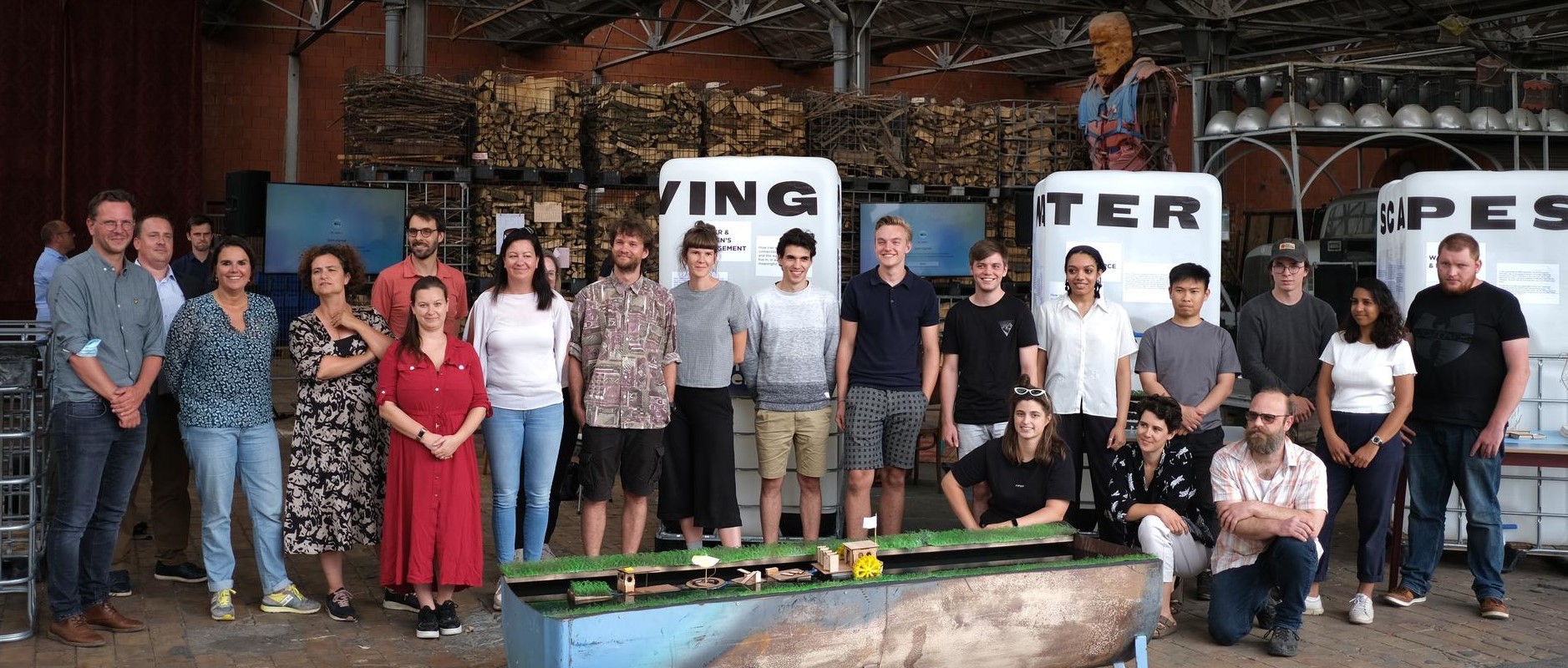
Eleven Belgian and international young creatives with different backgrounds and expertise came together to reimagine the future of urban waterscapes in Kortrijk.
The educational program was created following closel the structure of a design sprint and with an explicit hands-on vocation, whilst focusing on a contemporary pressing issue.
The whole cohort was supported across the duration of the projec by coaches helping them to develop their ideas and to present them. Moreover, throughout the week, the participants attended a series of
inspirational presentations from local innovators and thinkers to broaden their horizons. All the participants had access to state of the art workshops and fablabs to complete their creations the Industrial Design Center [Howest], the Maaklab [VIVES Hogeschool] and the BUDA::Lab.
Each participant was assigned to a group following a theme.
Each group worked closely with a network of partners who have expertise in the themes tackled and are looking for outside the box interventions. The participants worked together in teams to create three projects that analysed the complex and systematic challenges they were being confronted with. Their elaborations speculatively intervened on the territory, but you might see them soon realized in
your surroundings... The ultimate goal of this experience, which was achieved successfully, waas to strengthen the links between different creative and entrepreneurial communities in the territory of Kortrijk and to initiate an international network of young practitioners that work on geography-specific issues through design thinking and different creative approaches.
The educational program was created following closel the structure of a design sprint and with an explicit hands-on vocation, whilst focusing on a contemporary pressing issue.
The whole cohort was supported across the duration of the projec by coaches helping them to develop their ideas and to present them. Moreover, throughout the week, the participants attended a series of
inspirational presentations from local innovators and thinkers to broaden their horizons. All the participants had access to state of the art workshops and fablabs to complete their creations the Industrial Design Center [Howest], the Maaklab [VIVES Hogeschool] and the BUDA::Lab.
Each participant was assigned to a group following a theme.
Each group worked closely with a network of partners who have expertise in the themes tackled and are looking for outside the box interventions. The participants worked together in teams to create three projects that analysed the complex and systematic challenges they were being confronted with. Their elaborations speculatively intervened on the territory, but you might see them soon realized in
your surroundings... The ultimate goal of this experience, which was achieved successfully, waas to strengthen the links between different creative and entrepreneurial communities in the territory of Kortrijk and to initiate an international network of young practitioners that work on geography-specific issues through design thinking and different creative approaches.
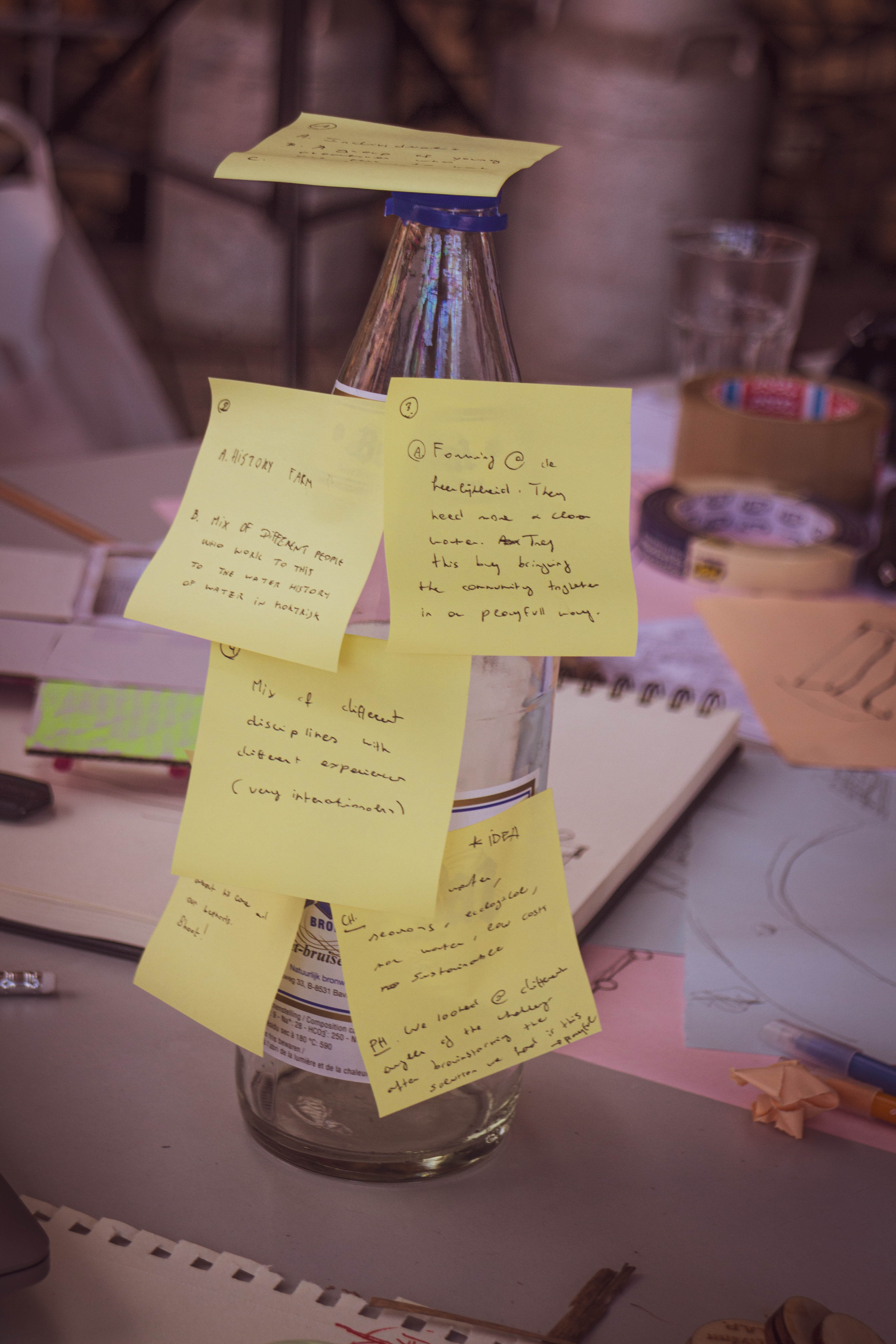
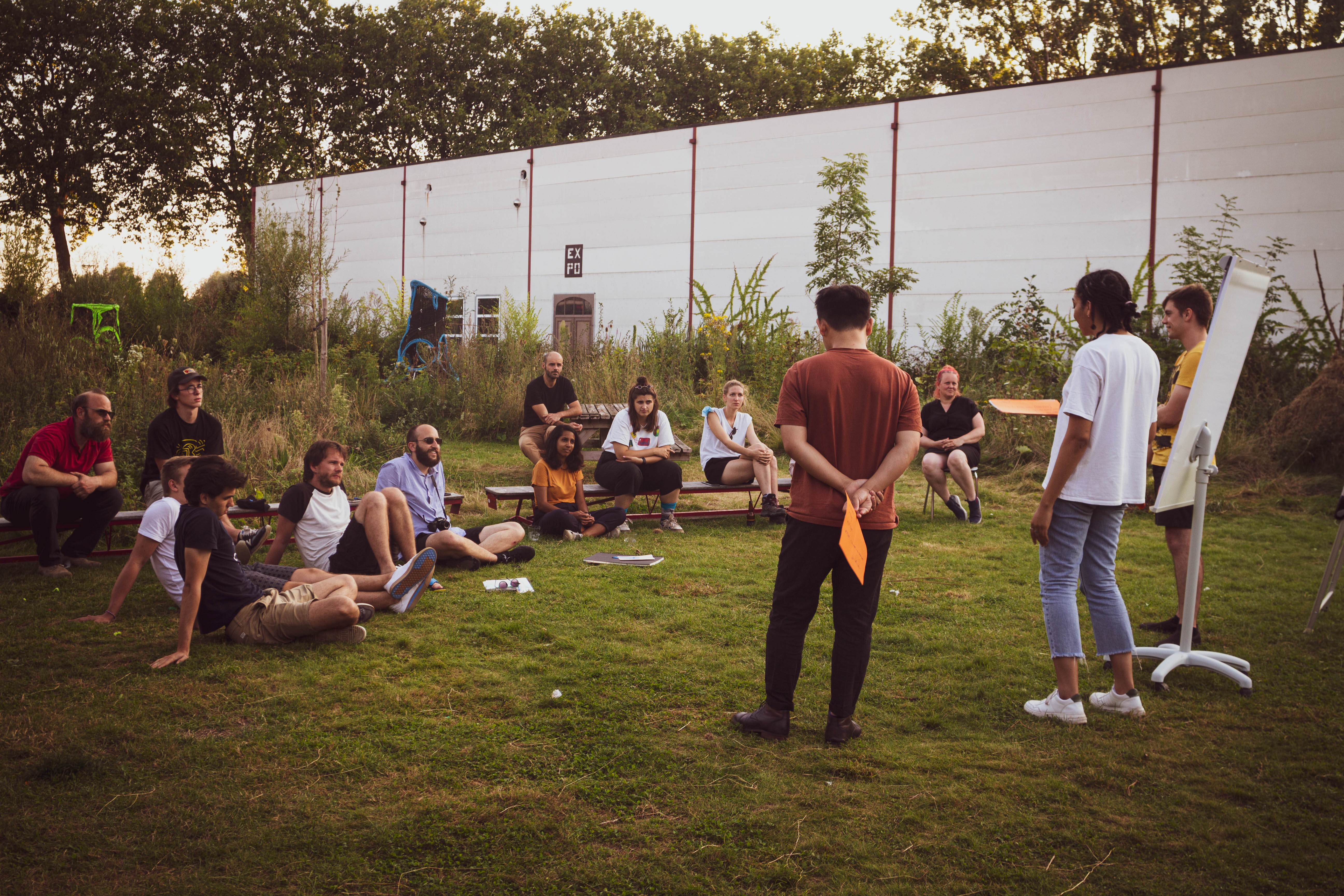
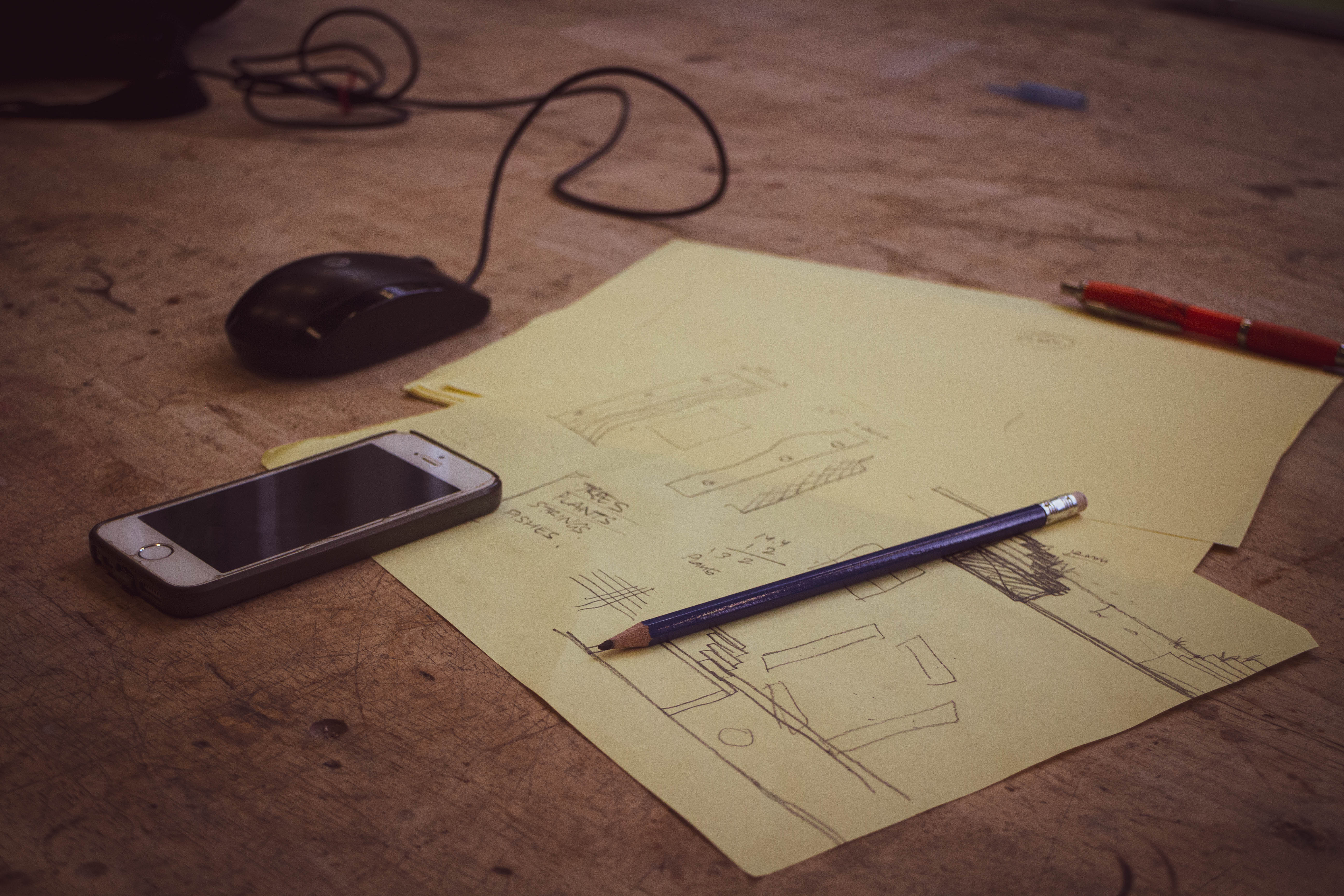
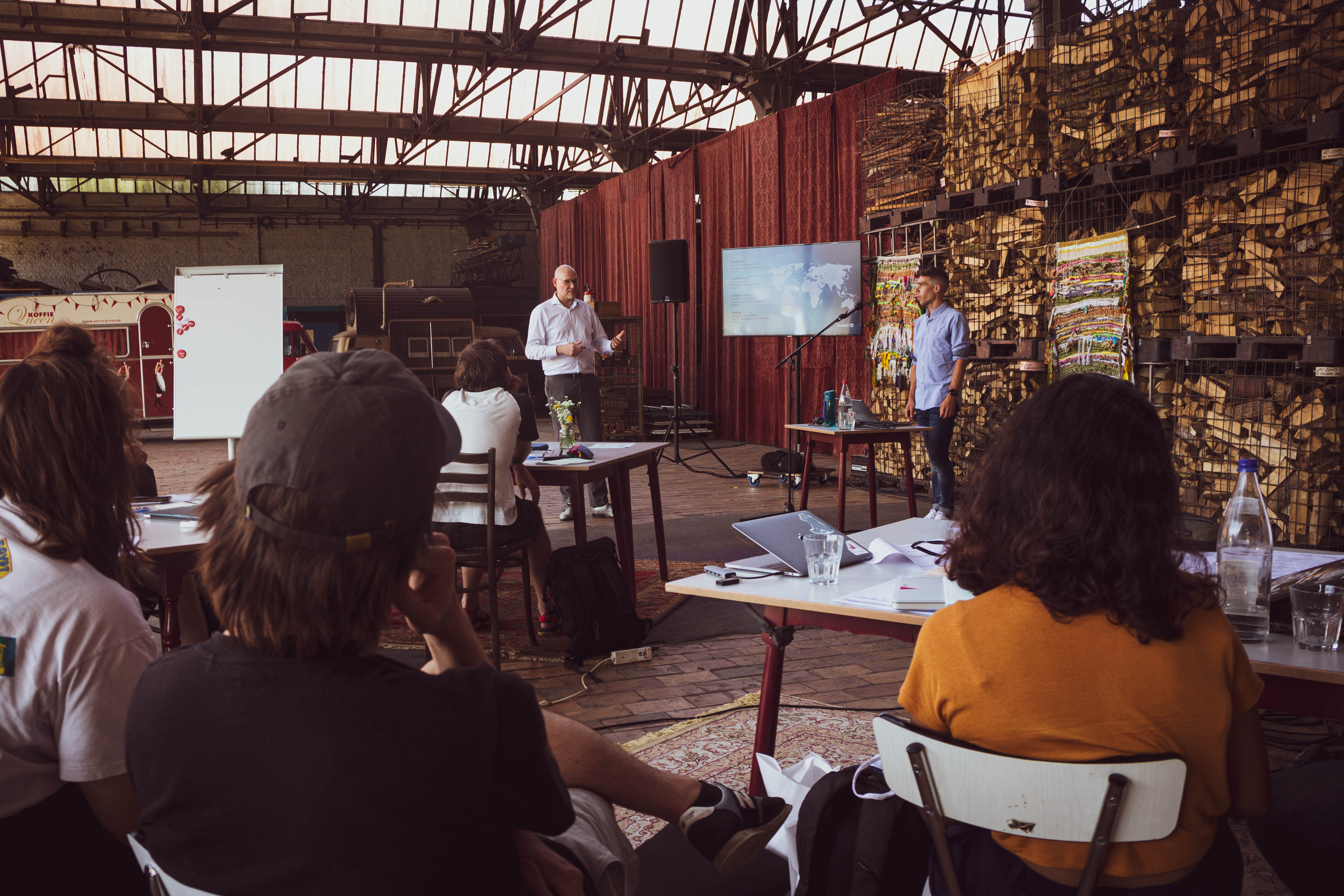


WATER & SOCIAL ENGAGEMENT
How can we restore the connection between citizens an the waterscapes
they live in, in playful and meaningful ways?
they live in, in playful and meaningful ways?
Arts, culture and creativity are becoming an important tool to
support sustainability, diversity, participation and equality. With
water access in Belgium becoming progressively less accessible in
spontaneous ways, we’re losing its catalyst function in bringing
communities together, which is impacting our cultural development.
Moreover, by making the relationship with urban water exponentially
removed, we incur the risk of depriving the citizens of valuable
educational experience regarding water and water safety.
How can play and culture bring us back to our waterscapes and closer to one another?
Brief Partners:
BOLWERK
Bolwerk is one of the cultural
hotspots in the Eurometropolis, connecting people from all
backgrounds and ages. They are
strongly committed to rethinking culture as a catalyst for social and
environmental change. They have been a key partner in the creation
of the Living Waterscapes Summer School, hosting the cohort in their
paradisiac settings.︎︎︎ Bolwerk
POOL IS COOL
POOL IS COOL is a NGO whose
mission is to increase accessibility to water in urban context in playful ways. They started from Brussels, where they opened the first public and free swimming pool of the
Belgian capital. Where next?︎︎︎ POOL IS COOL
#LZSB
#LZSB is a collective who connects
people with their surroundings through unpredictable and
unexpected public interventions. As part of their practice, they want
to encourage wild swimming.︎︎︎ #LZSB

WATER & RESOURCES
How might we infiltrate and reuse water in a more sustainable waywithin an urban context?
Water is the most important resource for humanity.
We consume it on a daily basis but we also use it to cook, clean, wash
and many more vital functions. In Flanders alone we use 745 m3
of water every year, one third of which is used by households.
Moreover the use of water per household has been progressively
increasing over the last generations.
Our cities should be able to capture more
rainwater to offer it back to our
communities. How could we make this
possible in an educational way ?
DE WATERGROEP
De Watergroep, is one of the major water providers in Flanders.
It has been actively working on sustainable solutions to decrease the impact on the environment within the drinking water production cycle. Furthermore, they are raising awareness on the importance of using water more consciously.
︎︎︎ De Watergroep
and many more vital functions. In Flanders alone we use 745 m3
of water every year, one third of which is used by households.
Moreover the use of water per household has been progressively
increasing over the last generations.
Our cities should be able to capture more
rainwater to offer it back to our
communities. How could we make this
possible in an educational way ?
Brief Partner:
DE WATERGROEP
De Watergroep, is one of the major water providers in Flanders.
It has been actively working on sustainable solutions to decrease the impact on the environment within the drinking water production cycle. Furthermore, they are raising awareness on the importance of using water more consciously.
︎︎︎ De Watergroep


WATER & FARMING
How might we mitigate the consequences of climate change for local
farmers in a sustainable and community focused way?
farmers in a sustainable and community focused way?
In the years prior to 2021 rainwater levels fluctuation has been one of
the biggest issues in Kortrijk’s farming community. In fact, in the past
few years Flanders has been facing more extreme weather conditions
alternating between very hot and dry periods and very humid and
rainy ones.
Farms, big or small, are especially facing the challenge of storing,
keeping healthy and transporting water. The Heerlijkheid Van Heule,
amongst them, would like to achieve this goal in an ecological way
involving its community. How can design support them?
the biggest issues in Kortrijk’s farming community. In fact, in the past
few years Flanders has been facing more extreme weather conditions
alternating between very hot and dry periods and very humid and
rainy ones.
Farms, big or small, are especially facing the challenge of storing,
keeping healthy and transporting water. The Heerlijkheid Van Heule,
amongst them, would like to achieve this goal in an ecological way
involving its community. How can design support them?
Brief Partners:
HEERLIJKHEID VAN HEULE
The Heerlijkheid Van Heule is anecological farm surrounded by water with a social and ecological vocation, which welcomes its neighbourhood to join in theiractivities, through events, programs and volunteer work.
︎︎︎ Heerlijkheid Van Heule & Het OranjeHuis
STADSBOERDERIJ
Stadsboerderij is a network that connects farmers and citizens, city and countryside by creating a fair
market for regional organic agricultural production. They work with a
wide network of local producers on the territory of Kortrijk to achieve
their vision.︎︎︎Stadsboerderij Kortrijk
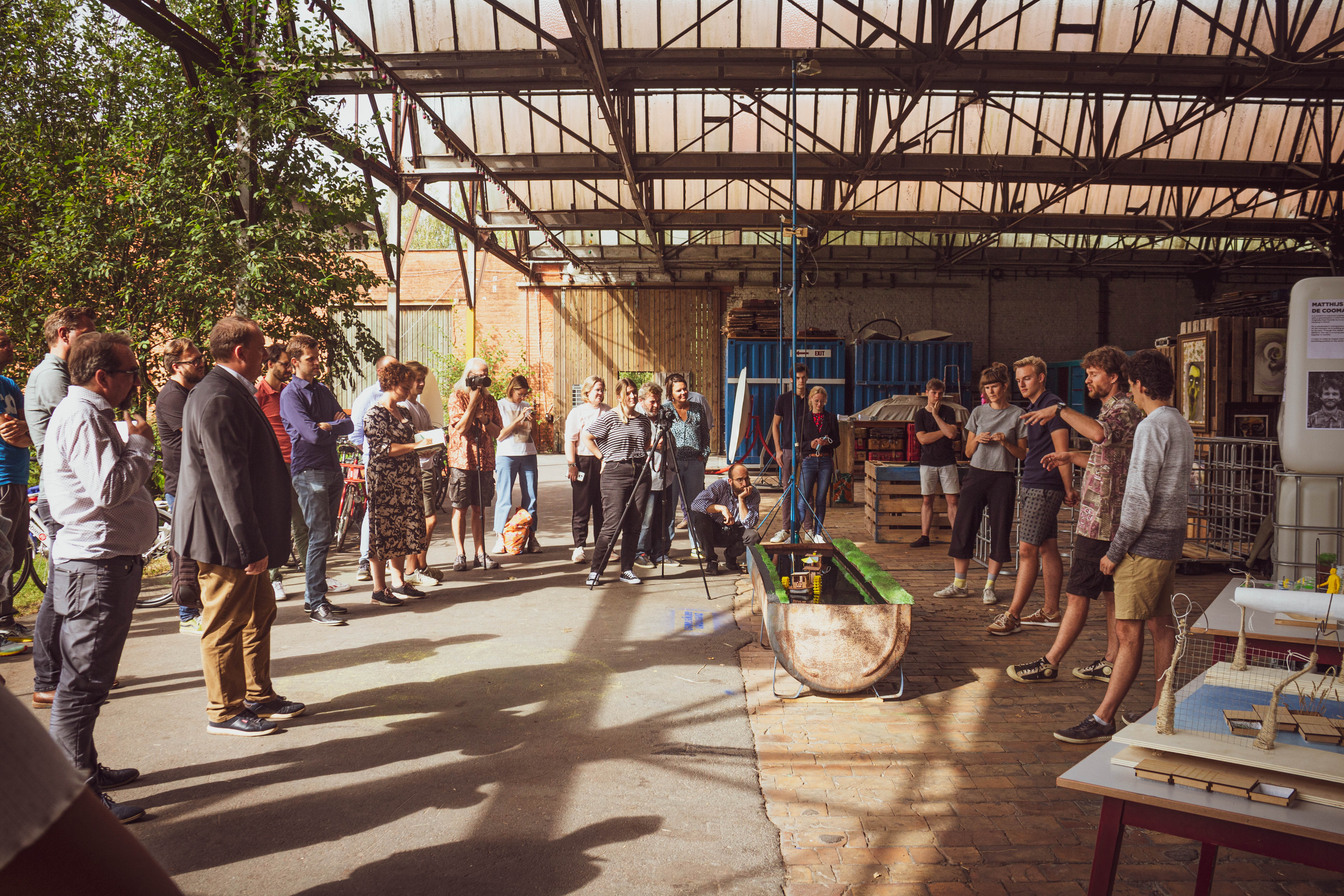
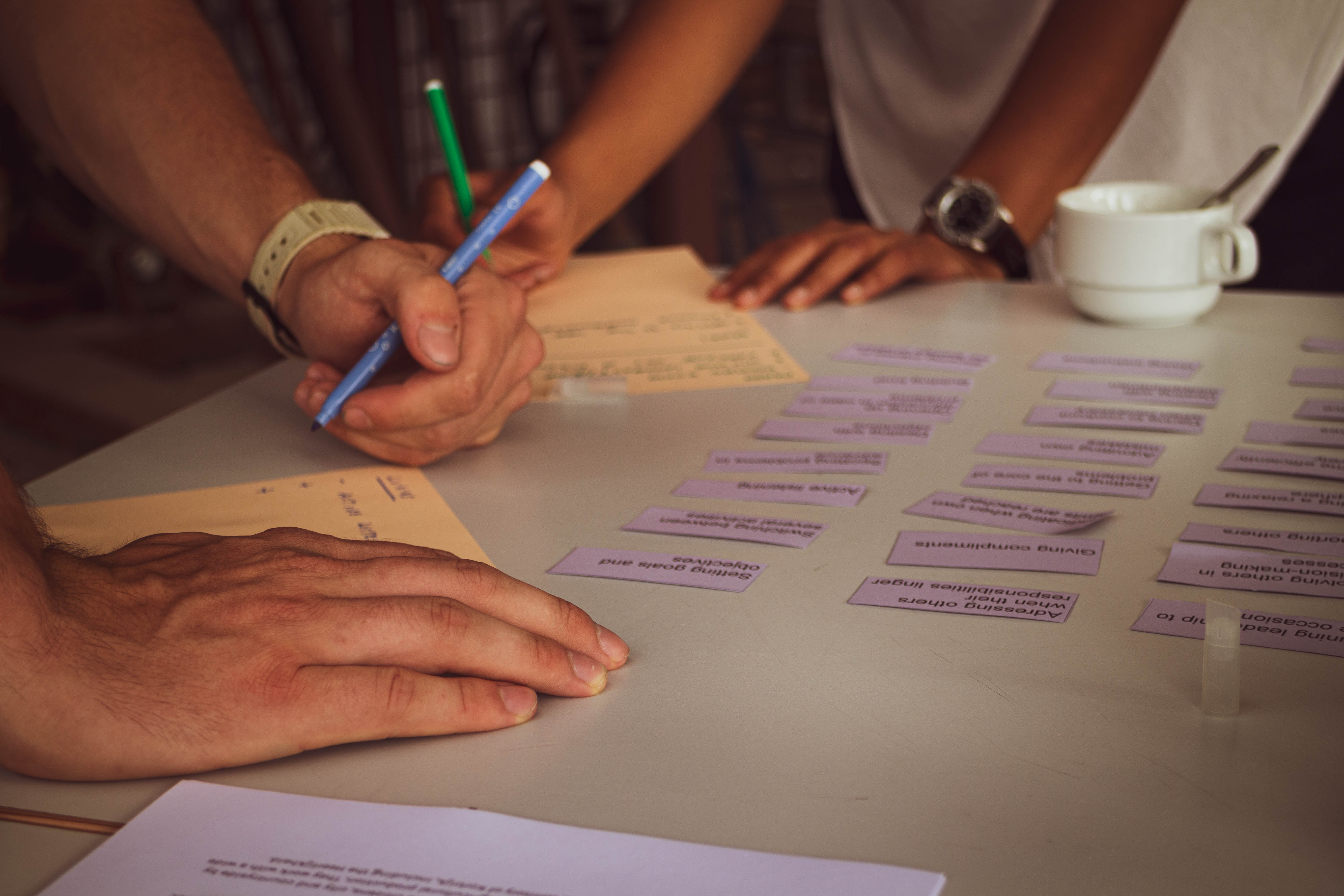
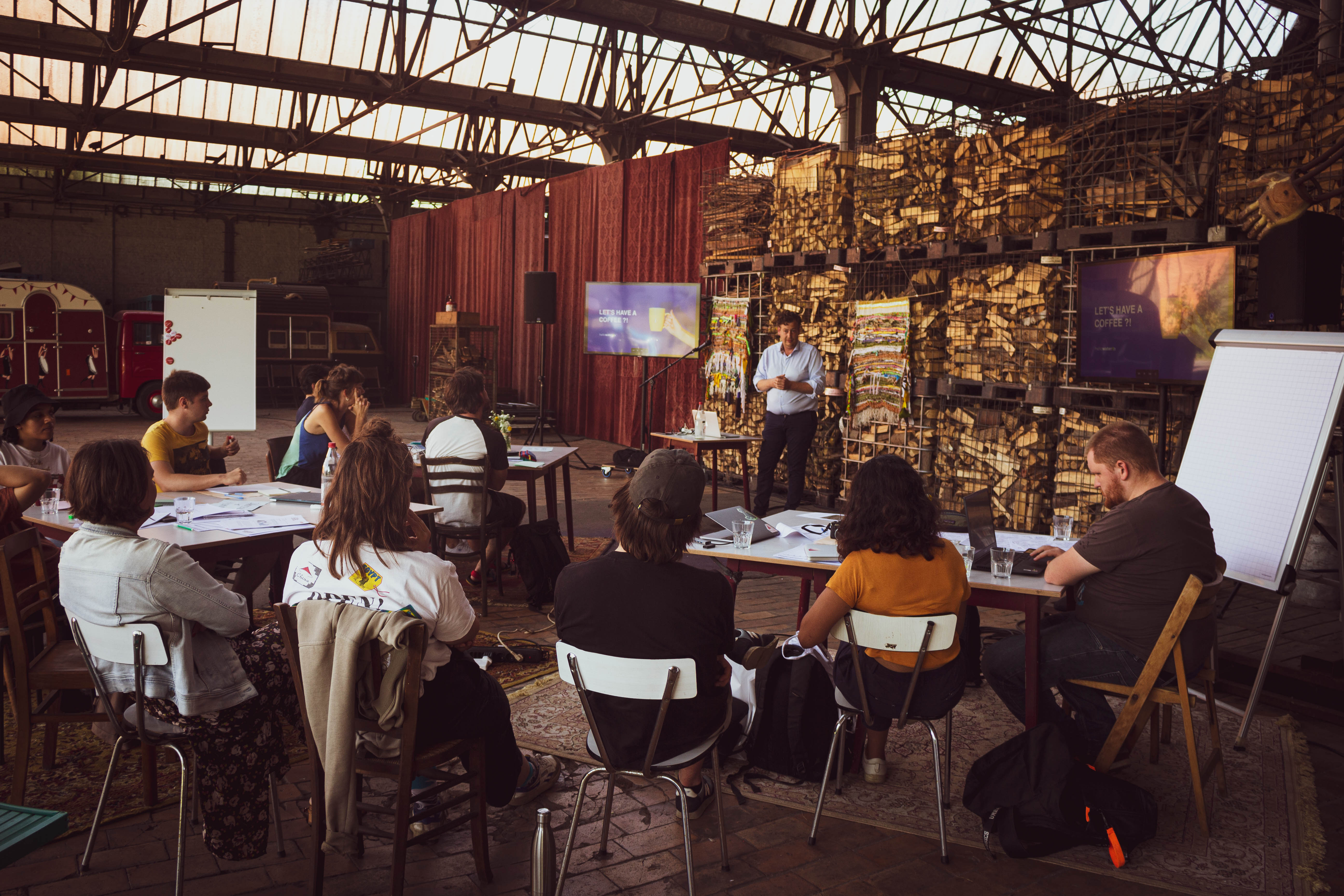
Project 1: Water & Social Engagement
How can we restore the connection between citizens and the waterscapes they live in, in playful and meaningful ways?
A modular floating structure that parades along the canals surveying swimmable spots whilst teaching about water safety to curious citizens in a playful way.
The week of the summer school might have been the warmest week of this Belgian summer. During our breaks, we were in need of a place to cool down from the heat.
In Switzerland, during summer, people in cities such as Basel, Geneva, Zurich and Bern, meet each other at the river to swim, to play, to relax. Strikingly, Kortrijk has a lot of beautiful water landscapes that could serve as swimming places.
However, it is forbidden to swim in the open
water. Inspired by the Swiss bathing culture we want to change a risk avoiding mindset that is specific to Belgian culture.
With this intervention we aim to make the waters of Kortrijk accessible in a playful and conscious way. We wish to reconnect the people of Kortrijk by creating an enjoyable experience at the water, while at thesame time creating awareness on the challenges of these waters, and the risks and responsibility that come along with swimming in the wild.
After a week of research, we developed a proposal for an artistic interventionin the form of a floating parade that travels around the waters of Kortrijk.
With this intervention we aim to make the waters of Kortrijk accessible in a playful and conscious way. We wish to reconnect the people of Kortrijk by creating an enjoyable experience at the water, while at thesame time creating awareness on the challenges of these waters, and the risks and responsibility that come along with swimming in the wild.
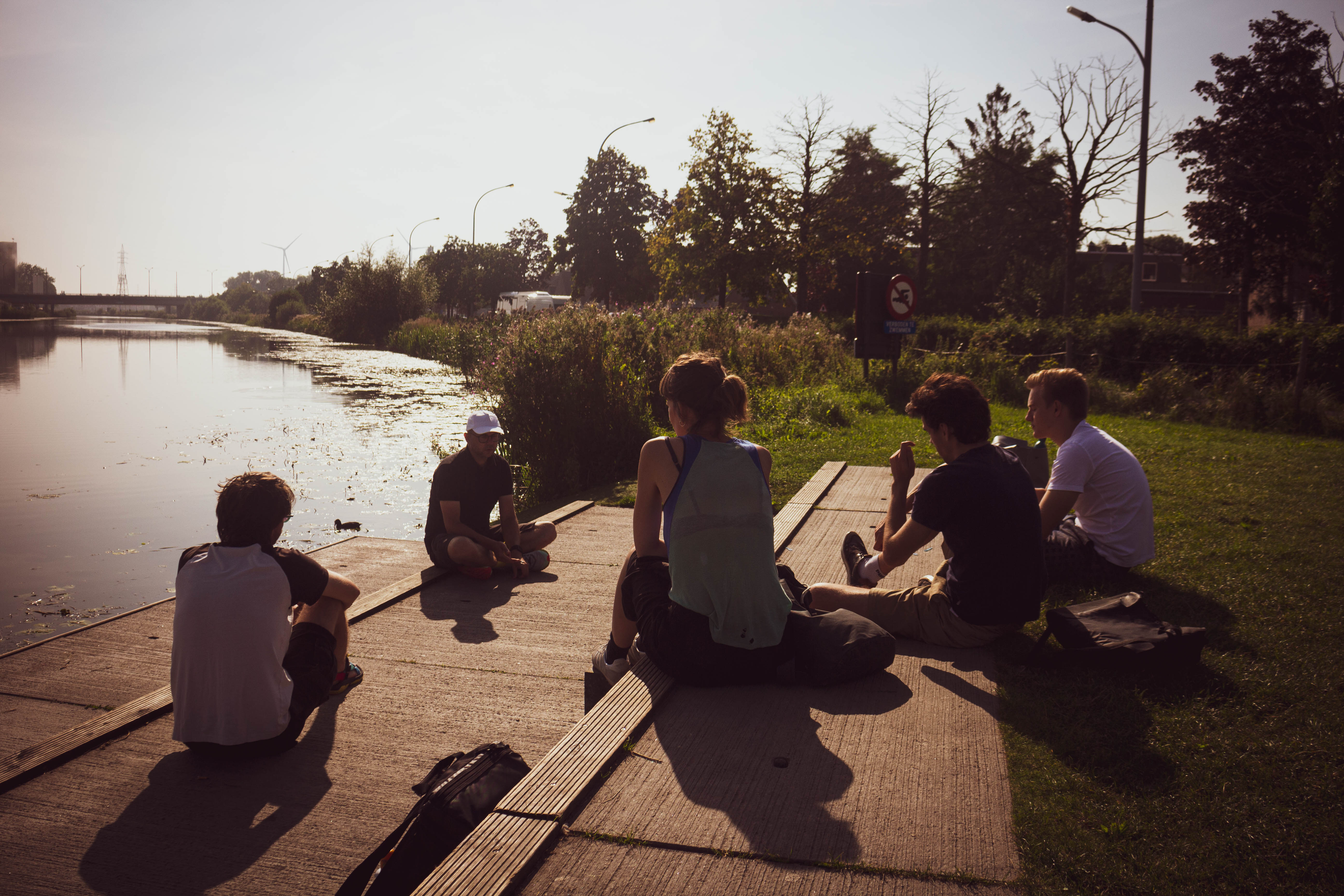
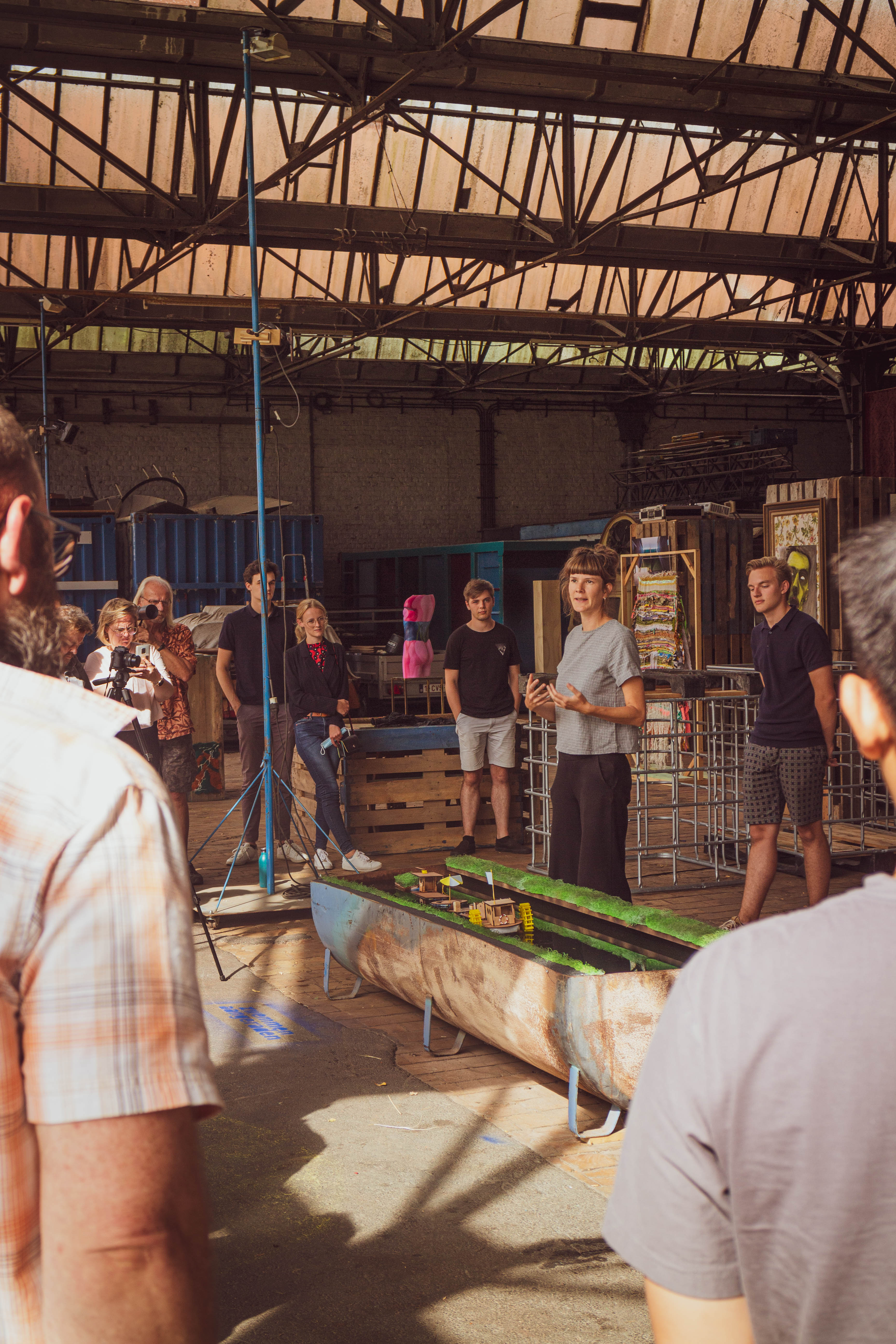


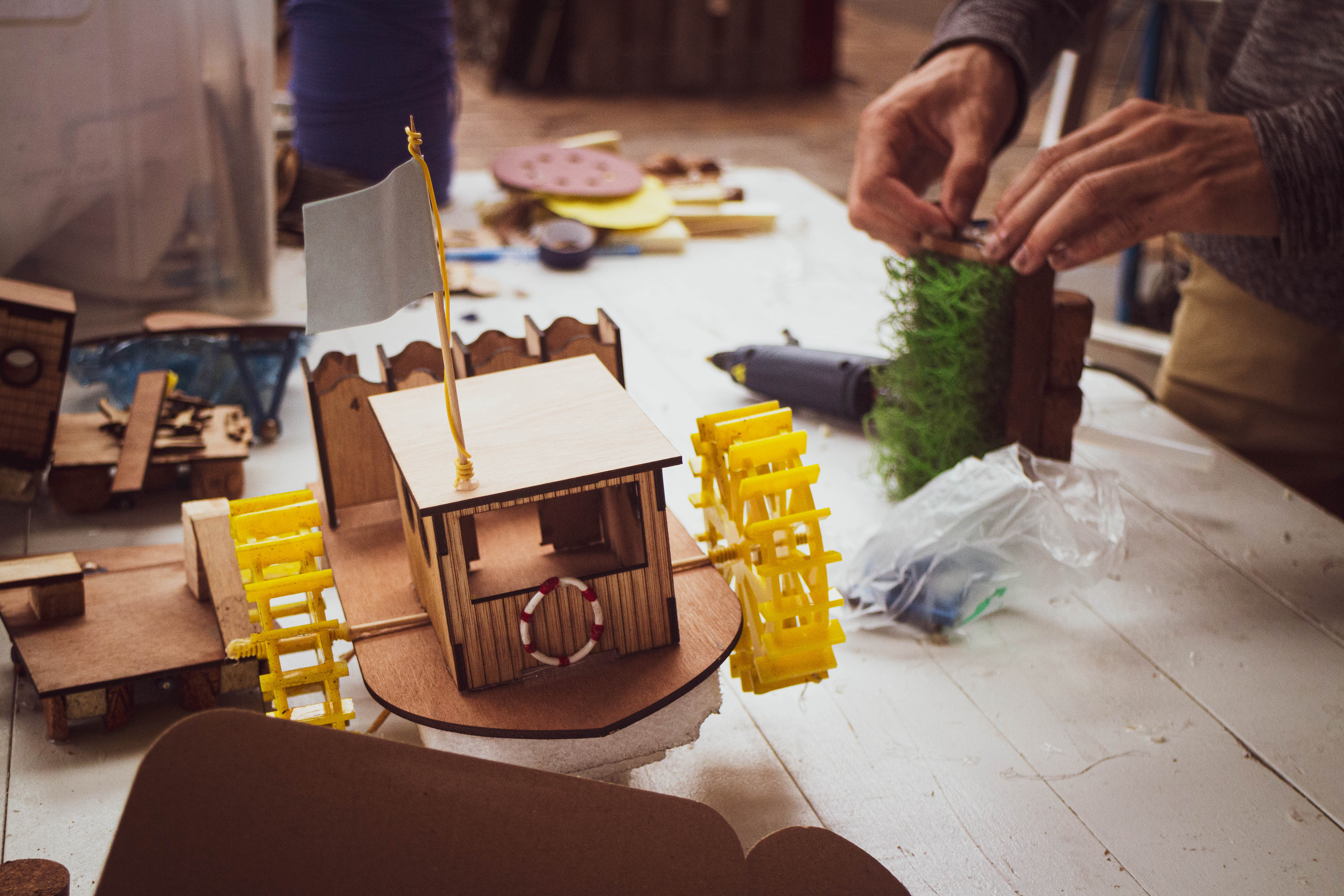
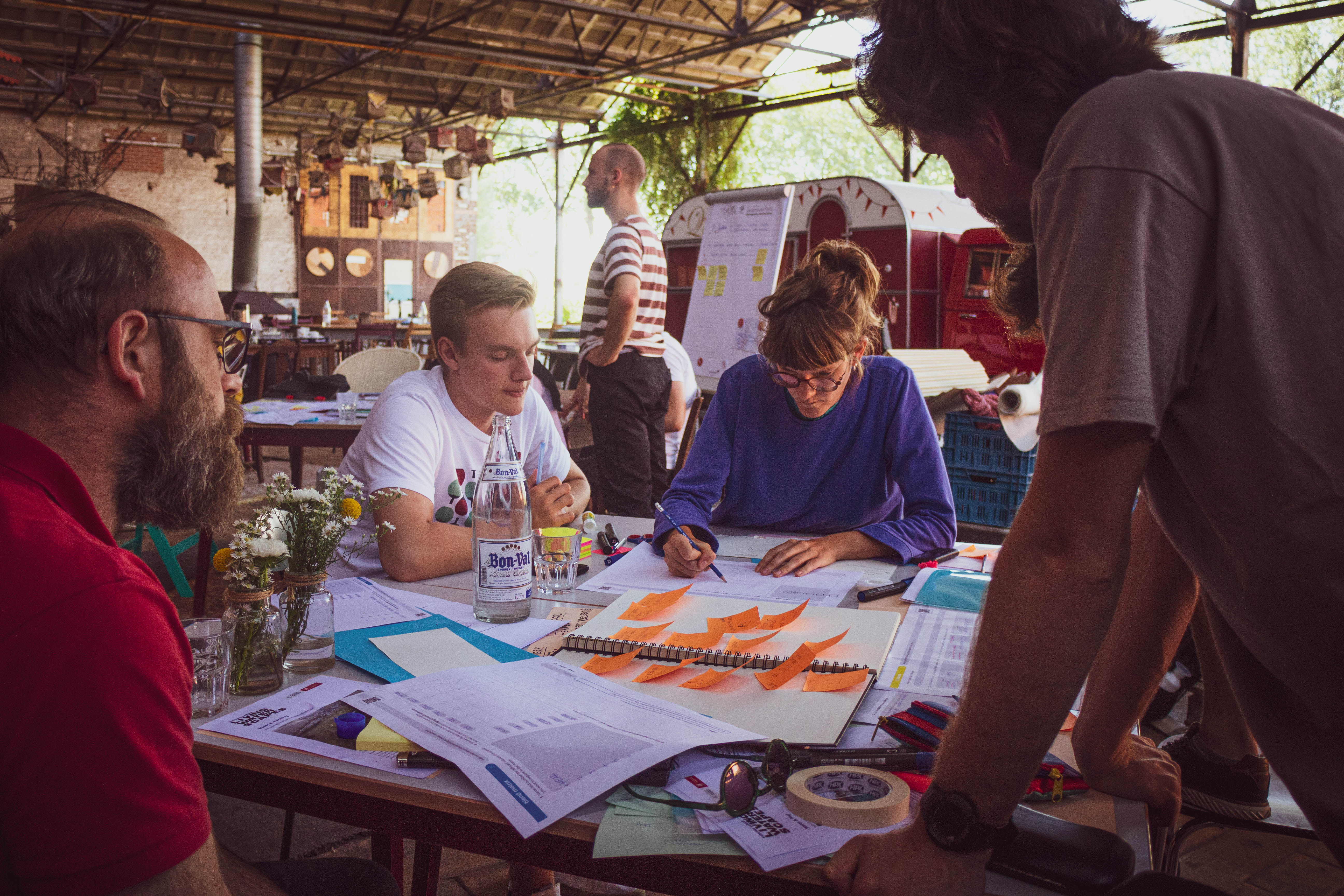
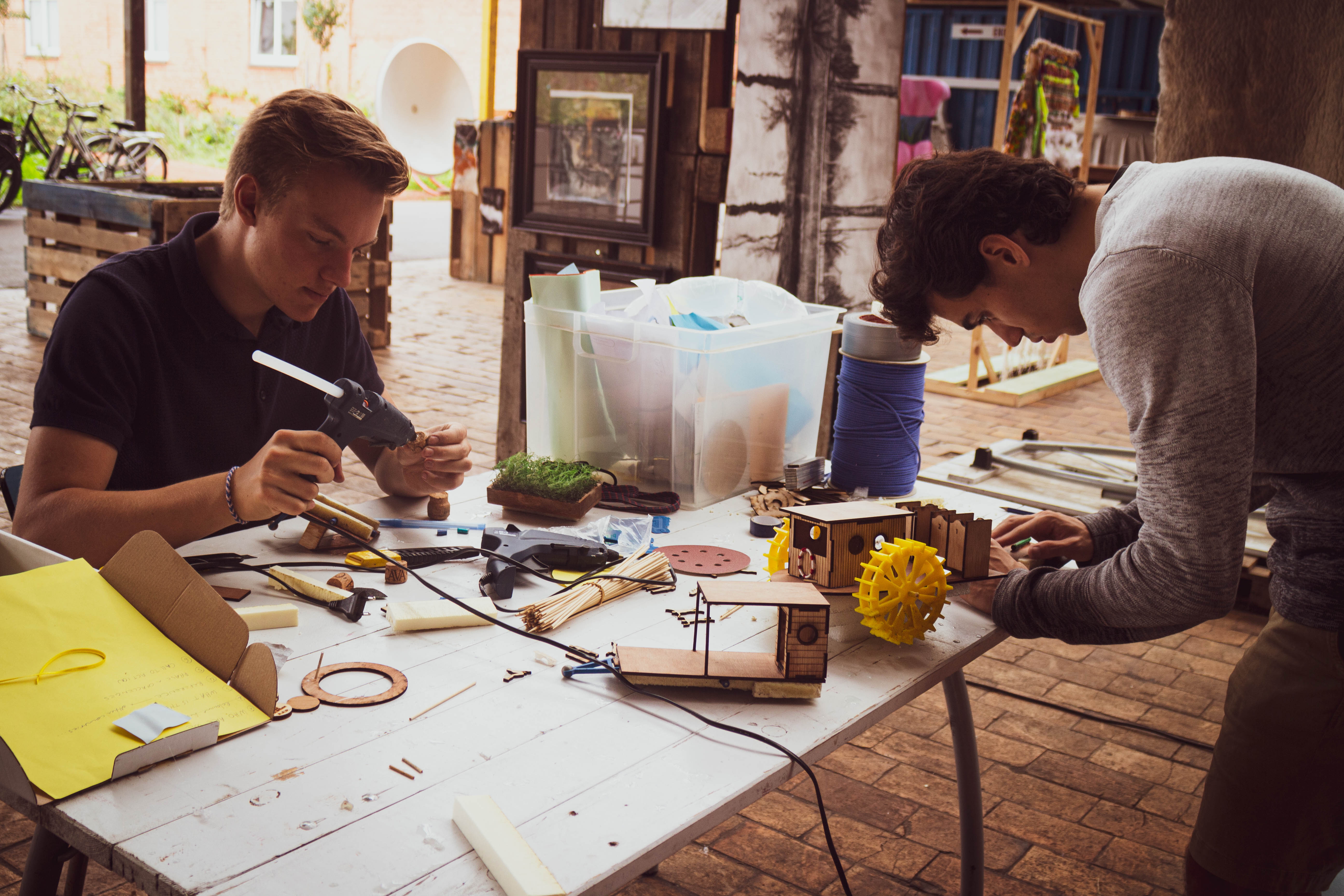
Project 2: Water & Resources
How might we mitigate the consequences of climate change for local farmers in a sustainable and community focussed way?
A model for using a nature-based filtration systems to collect and reuse rainwater, accompanied by a sculptural fountain to engage and activate citizens.
Our project proposes a potential future where we take the people along an experiential journey of functional green spaces that act a spaces of leisure but also teaches the people of the issues surrounding this area and how simple sustainable solutions can help sustain green spaces in an urban context. From green islands that promote natural infiltration techniques to depressed pools of water that catch rainwater before it runs off a nd evaporates.
Each landscape is connected to the sculptural tap that further filters the rain water caught in this connected system to be distributed to the public for free, but controlled to educate the public
on how high quality drinking water is not an infinite or readily available resource.
When water falls
in Kortrijk it is met
with mixed emotions of anxiety and relief.
From a region with a history of both drought and urban floods when current systems are overwhelmed. These dual realities open up conversations on how the city’s infrastructure manages excess rainwater and criticises the culture of relentless and unsustainable urban development and its effects. Our journey this week took us all over the city and culminated at the Broeltower steps where concrete landscapes of leisure have left the public unsatisfied with the lack of nature and greenery.
on how high quality drinking water is not an infinite or readily available resource.
When water falls
in Kortrijk it is met
with mixed emotions of anxiety and relief.
From a region with a history of both drought and urban floods when current systems are overwhelmed. These dual realities open up conversations on how the city’s infrastructure manages excess rainwater and criticises the culture of relentless and unsustainable urban development and its effects. Our journey this week took us all over the city and culminated at the Broeltower steps where concrete landscapes of leisure have left the public unsatisfied with the lack of nature and greenery.
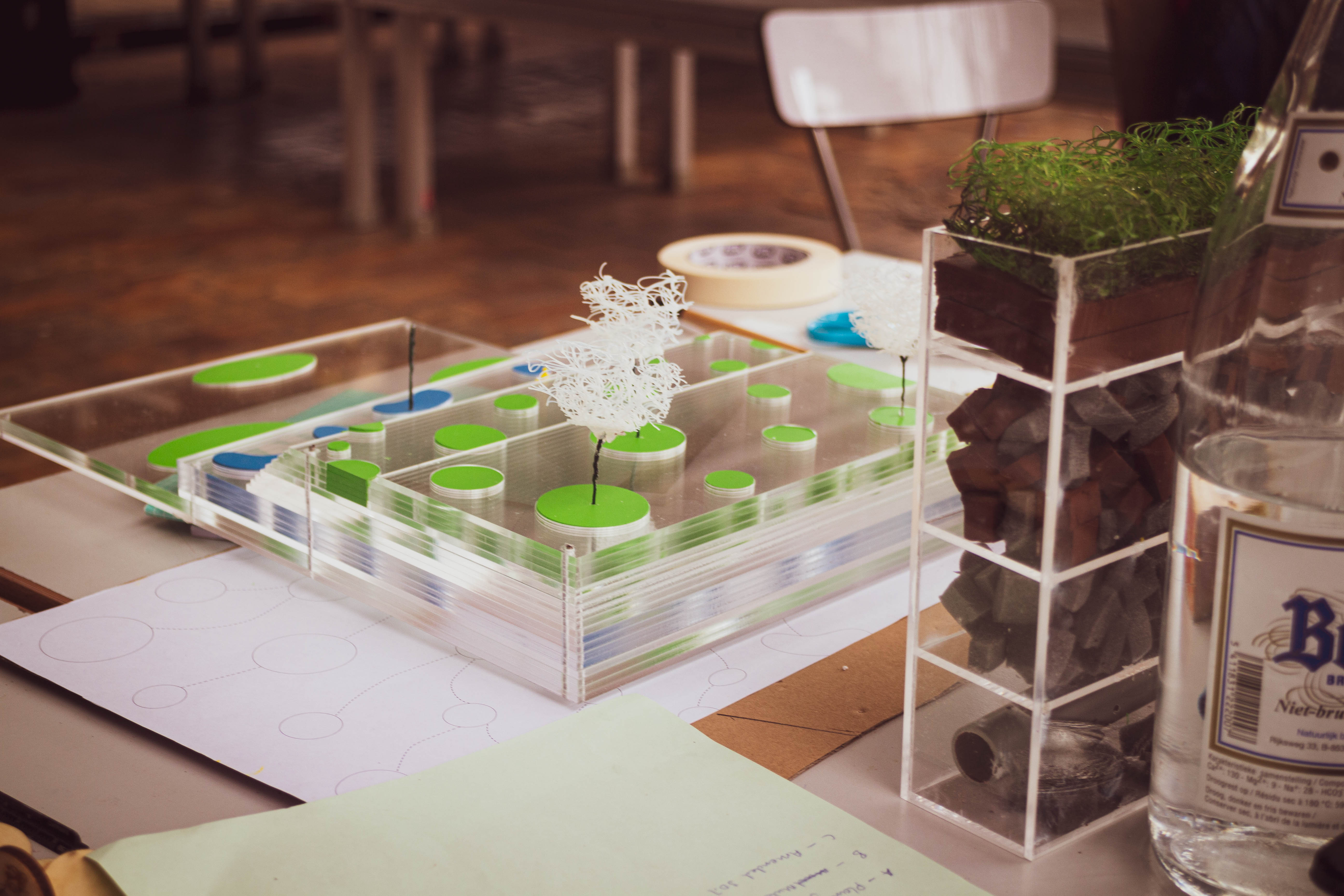
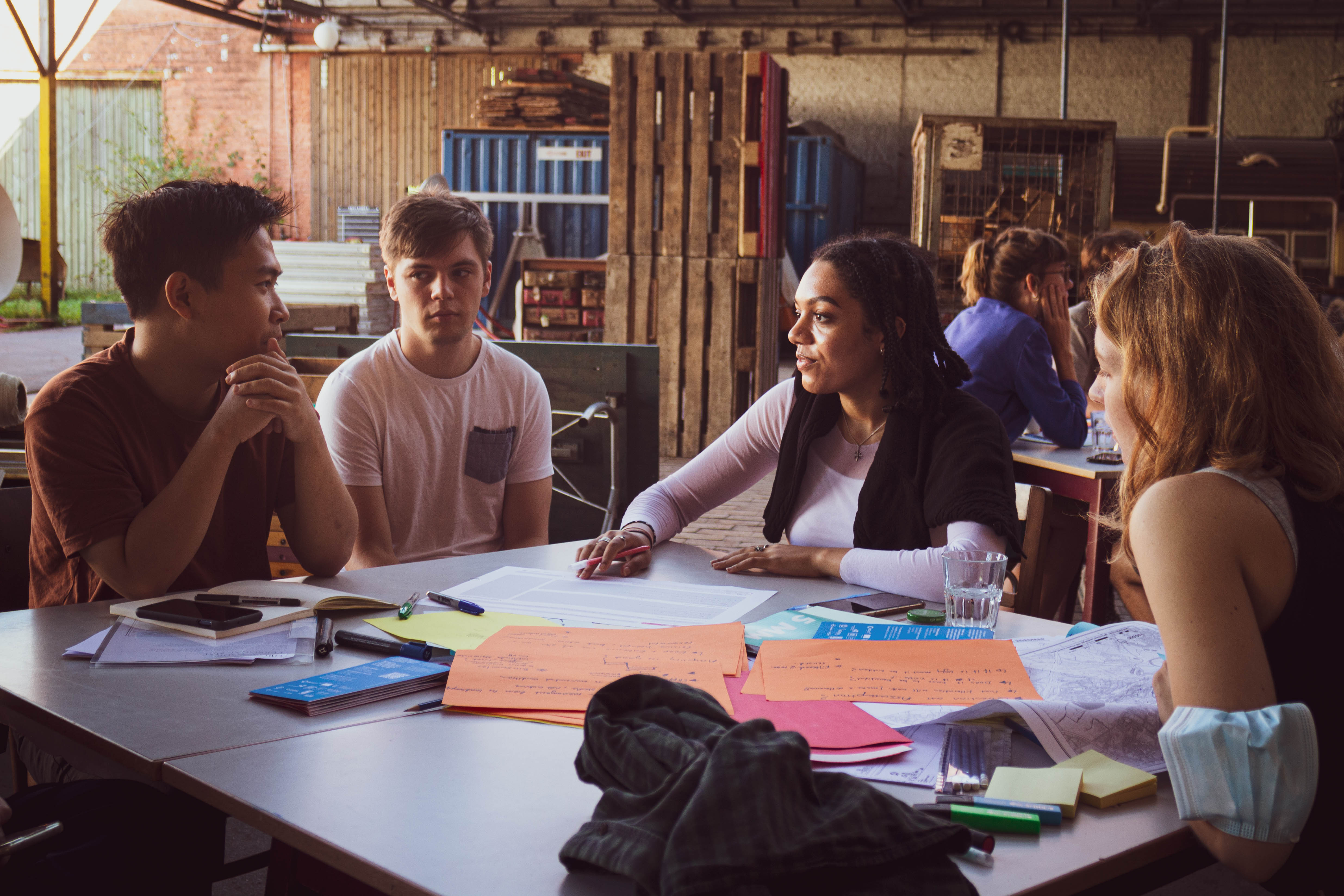
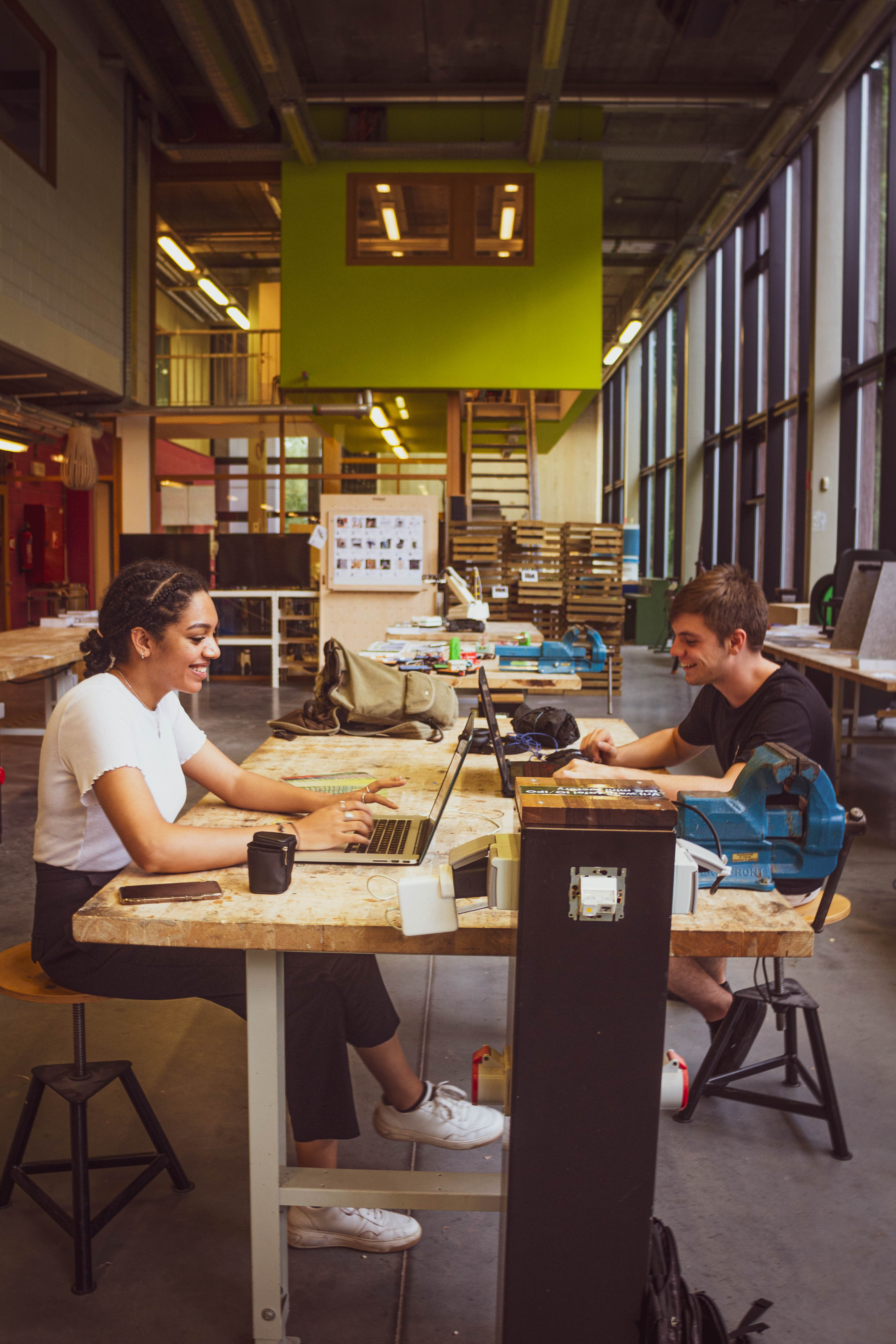

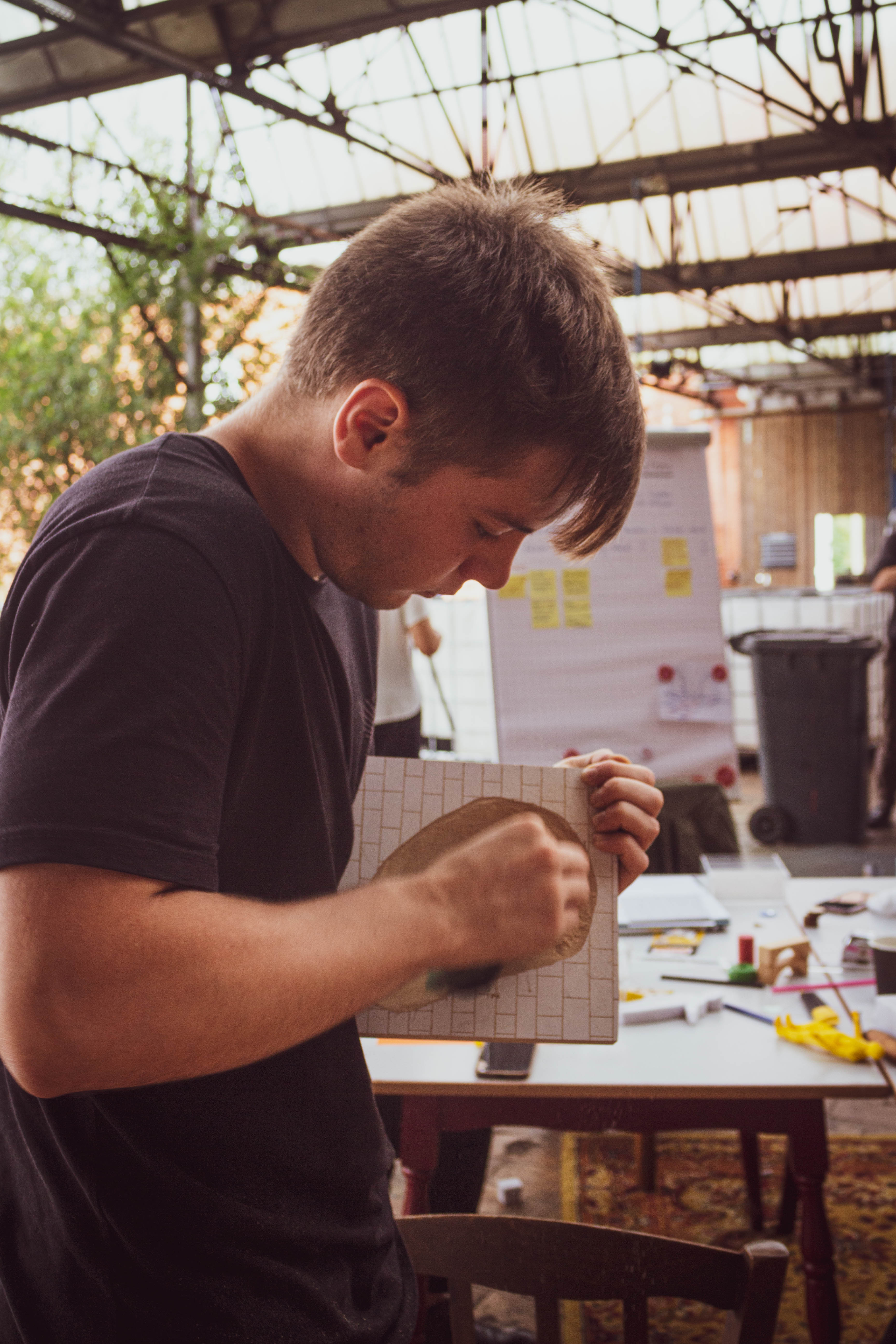
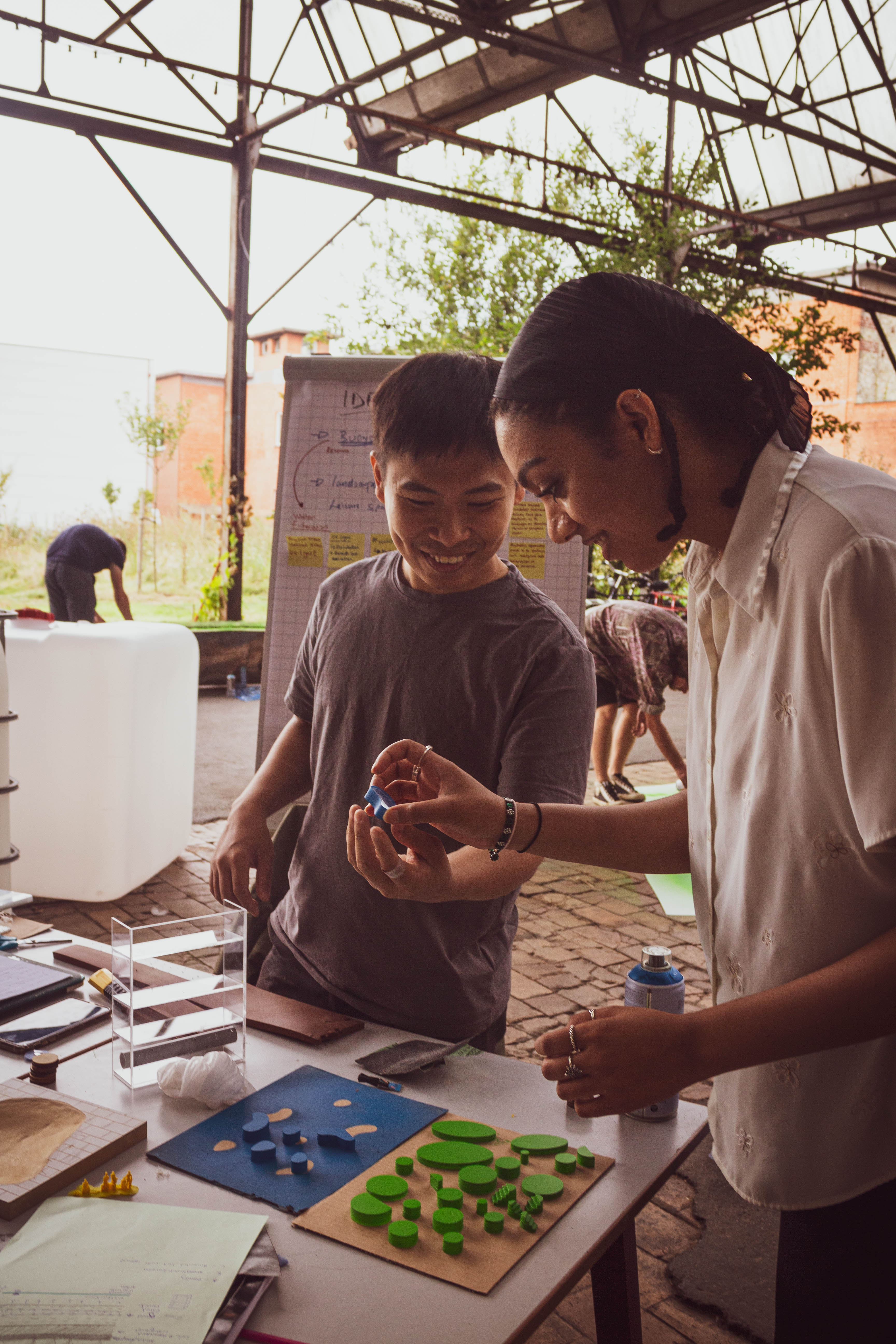
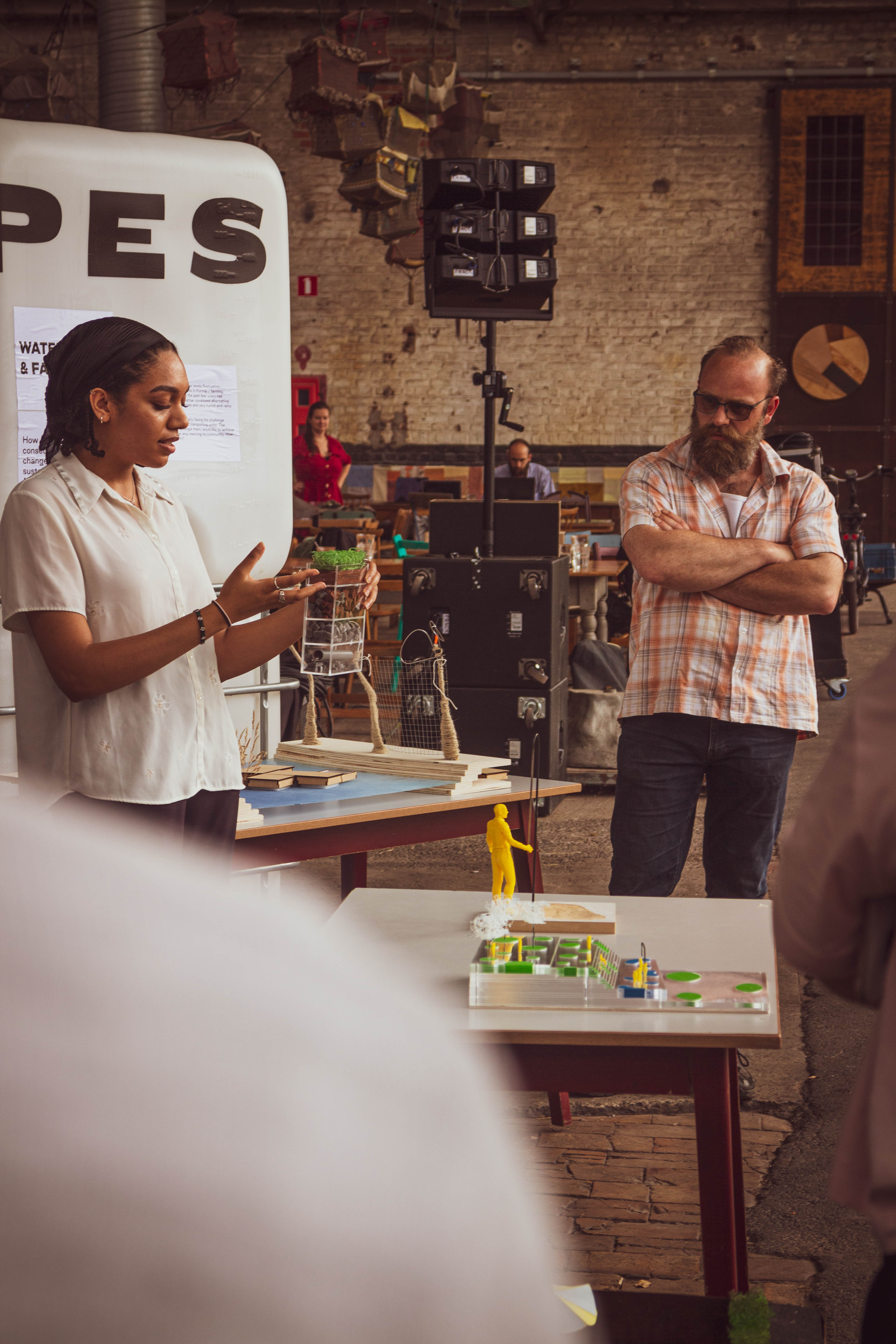
Project 3: Water & Farming
How might we mitigate the consequences of climate change for local farmers in a sustainable and community focussed way?
A modular system for cleaning and filtering water around the farm, paired with a suspended playground which doubles down as a net to catch leaves (main source of water contamination).
When we visited the Heerlijkheid Van Heule, we felt like the quality of water is the main concern for the people working there. One of the workers told us that his dream was to be able to swim in it.
They already tried making a filter made from scrap materials like the barrel of a washing machine, but it broke recently. Because filtering is an important aspect of keeping water healthy, we wanted to make sure our concept had a natural filtering system. We came up with a sustainable floating filter system. The main function would be to filter the water with local water plants, stones and other natural materials.
We also designed extra modules like walking decks, cleaning decks for the crops, decks to catch and clean up the leaves and to play on sunny days. We wanted to bring together the local community and other stakeholders to help work on the project as a social project for the neighborhood to create a fun place to learn, create and play.
We also designed extra modules like walking decks, cleaning decks for the crops, decks to catch and clean up the leaves and to play on sunny days. We wanted to bring together the local community and other stakeholders to help work on the project as a social project for the neighborhood to create a fun place to learn, create and play.
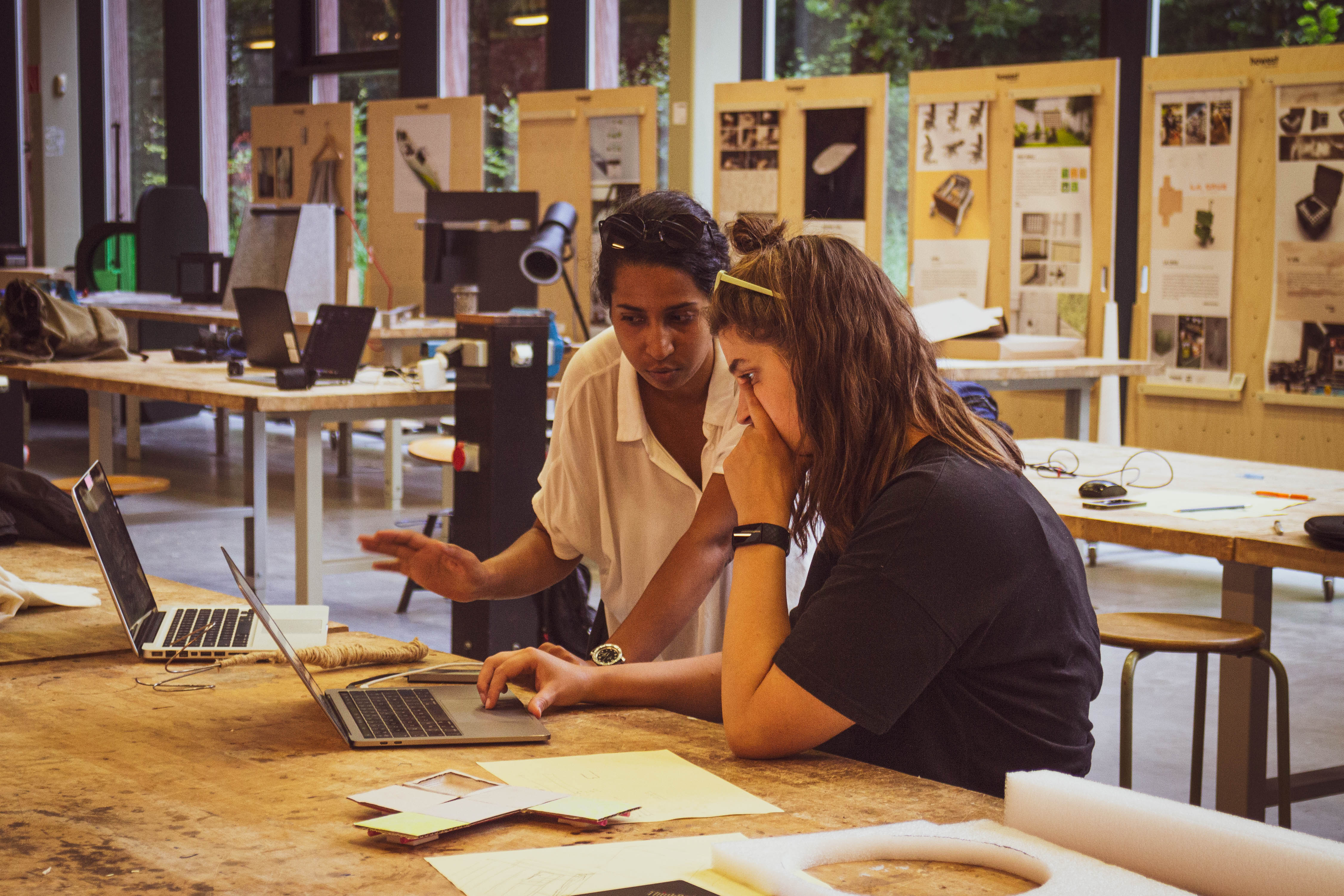
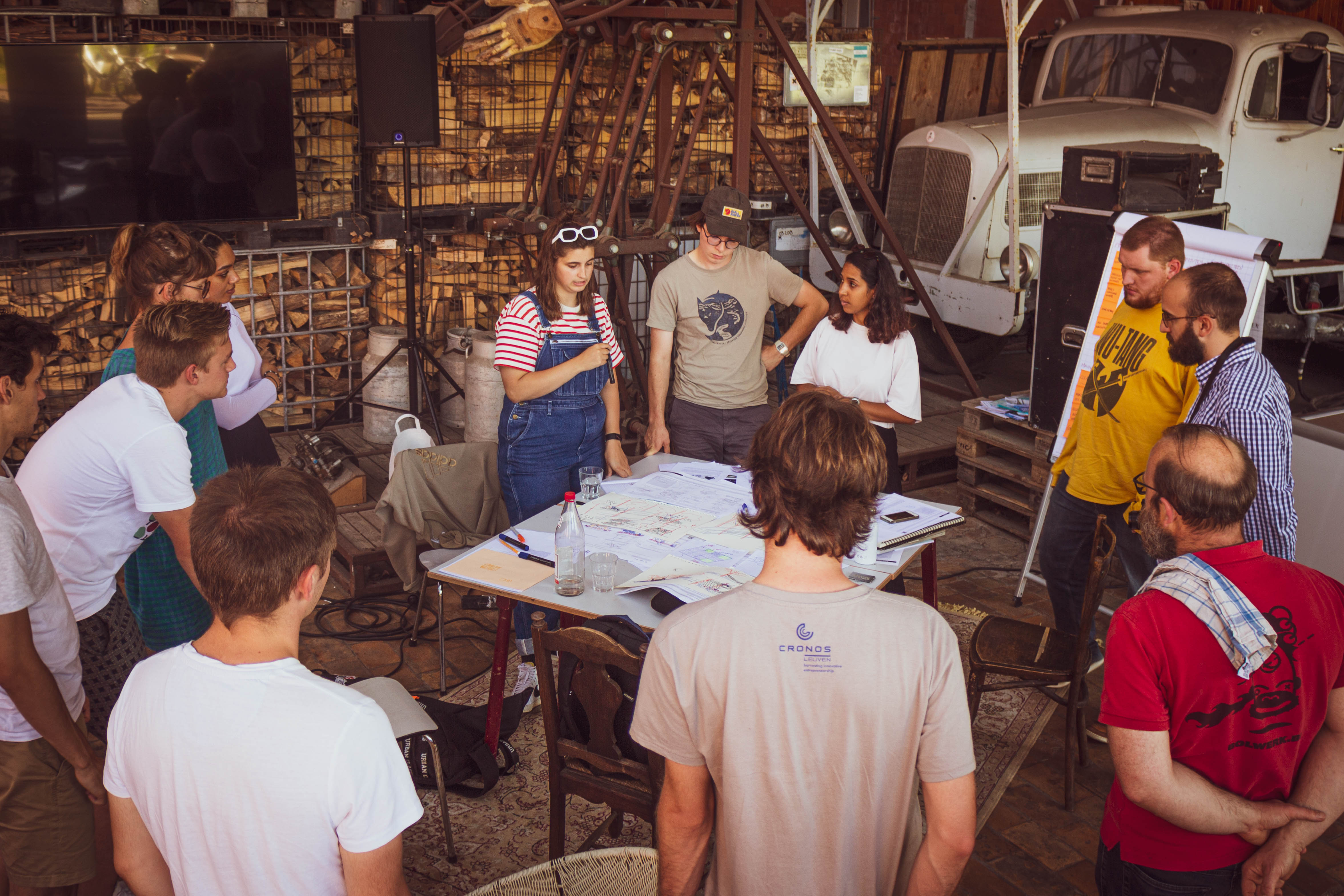

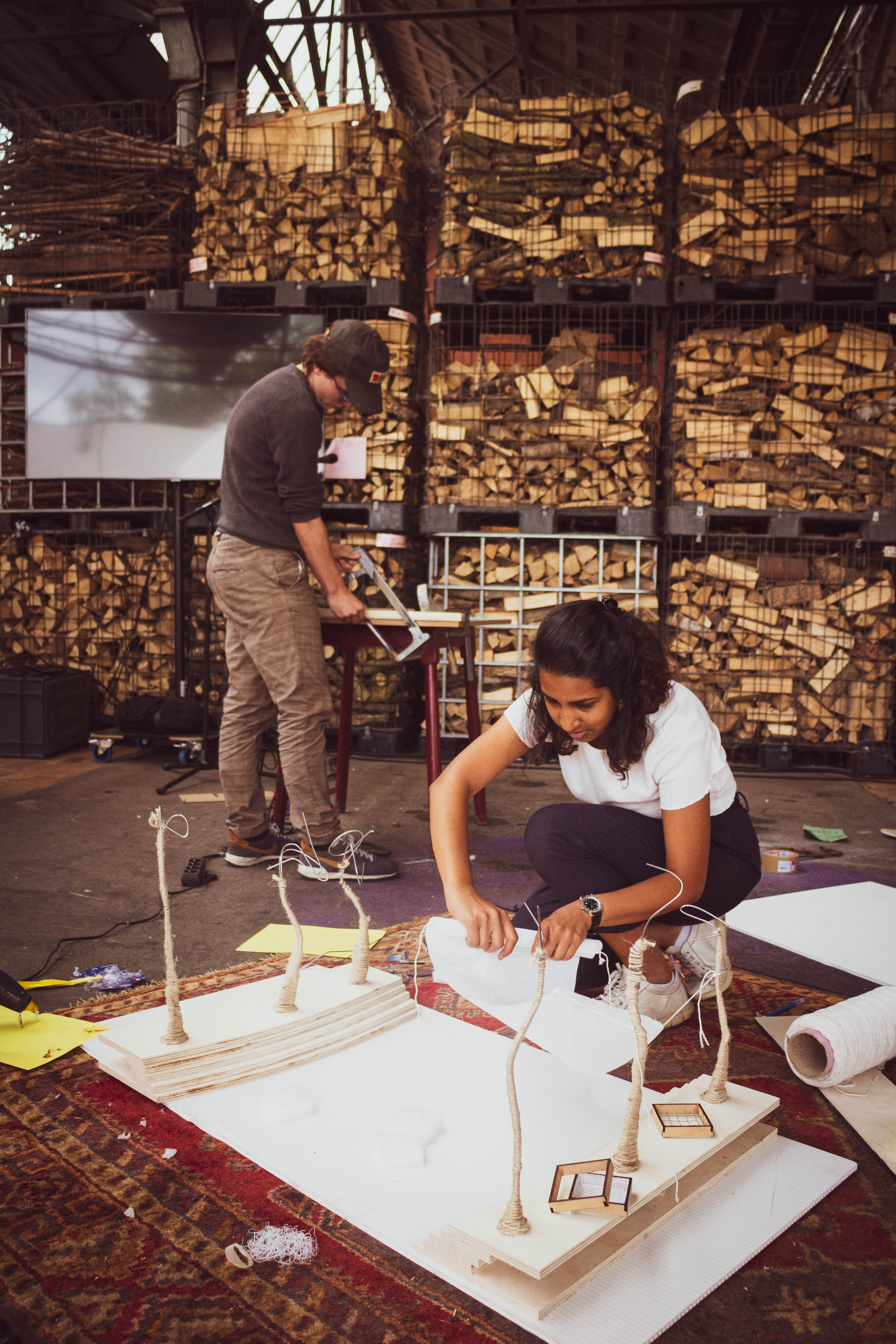

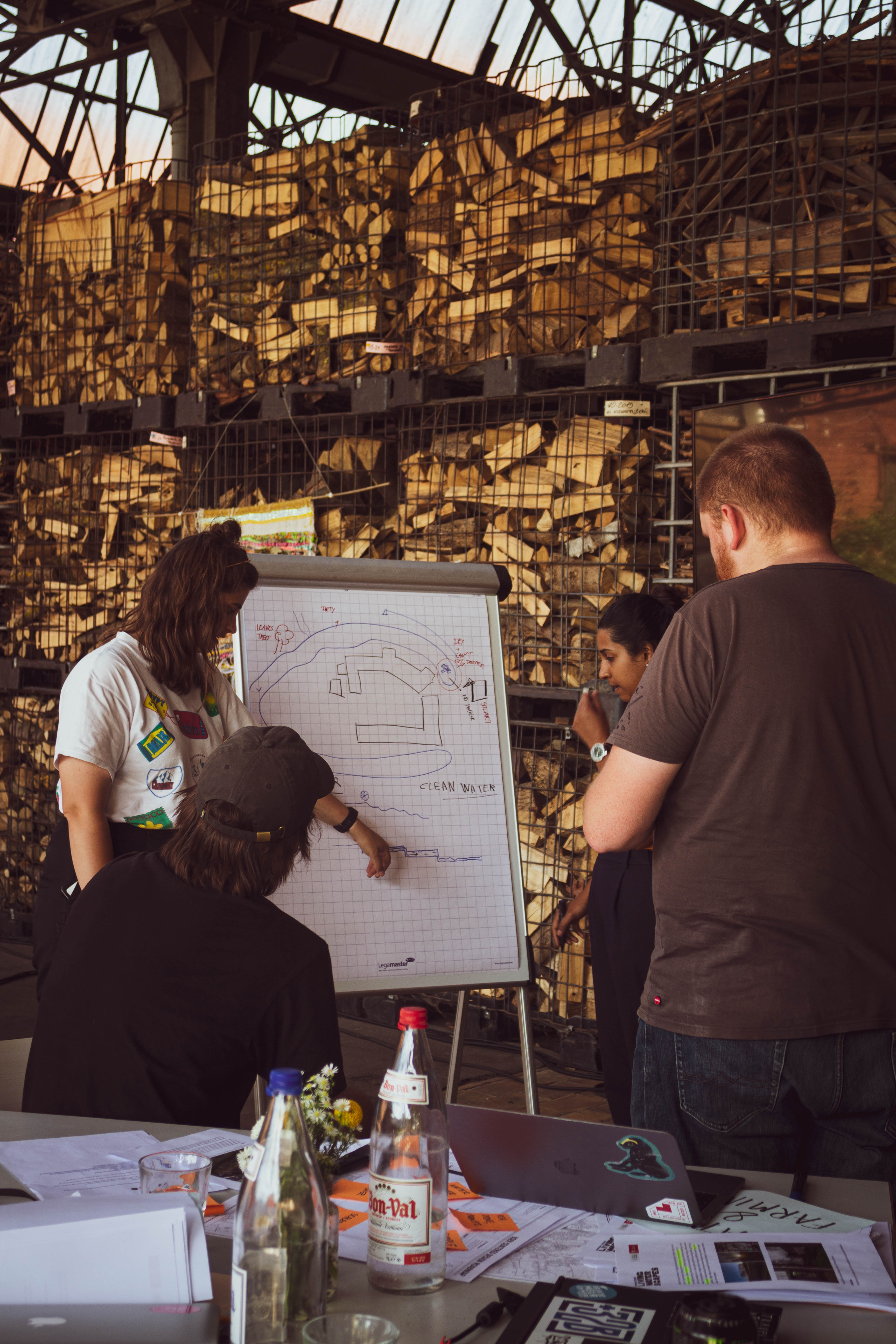

Participants

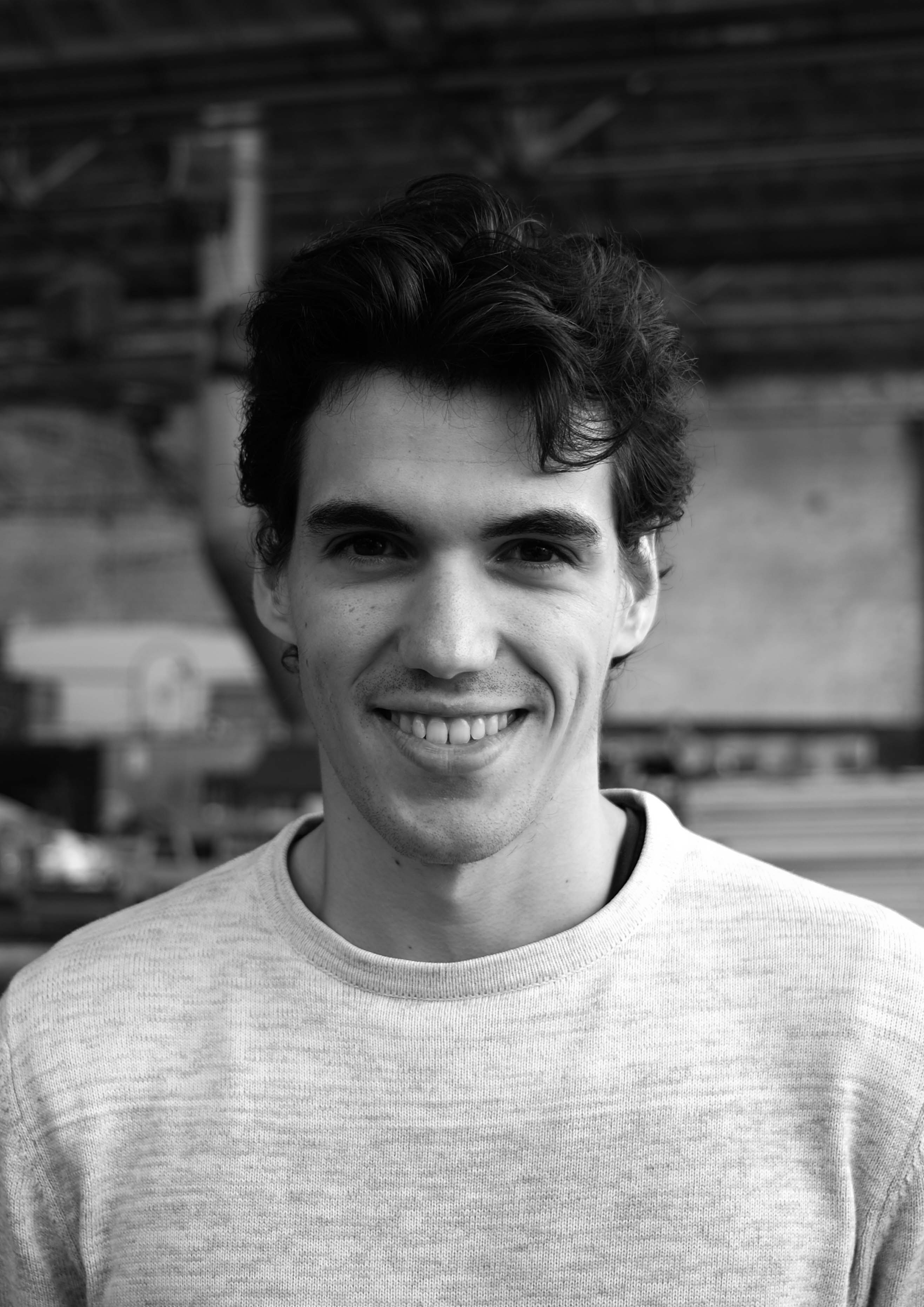
![Sofie DeckersSofie is an independent Graphic Designer and Scenographer. She graduated in 2019 from ‘HEAD’ in Geneva [Switzerland].](https://freight.cargo.site/t/original/i/6f72fc13a73e0248b920a468f27f3ae1e4c41b10bf10e411bf36c2f6a3e86a42/portraits-bw-7.jpg)
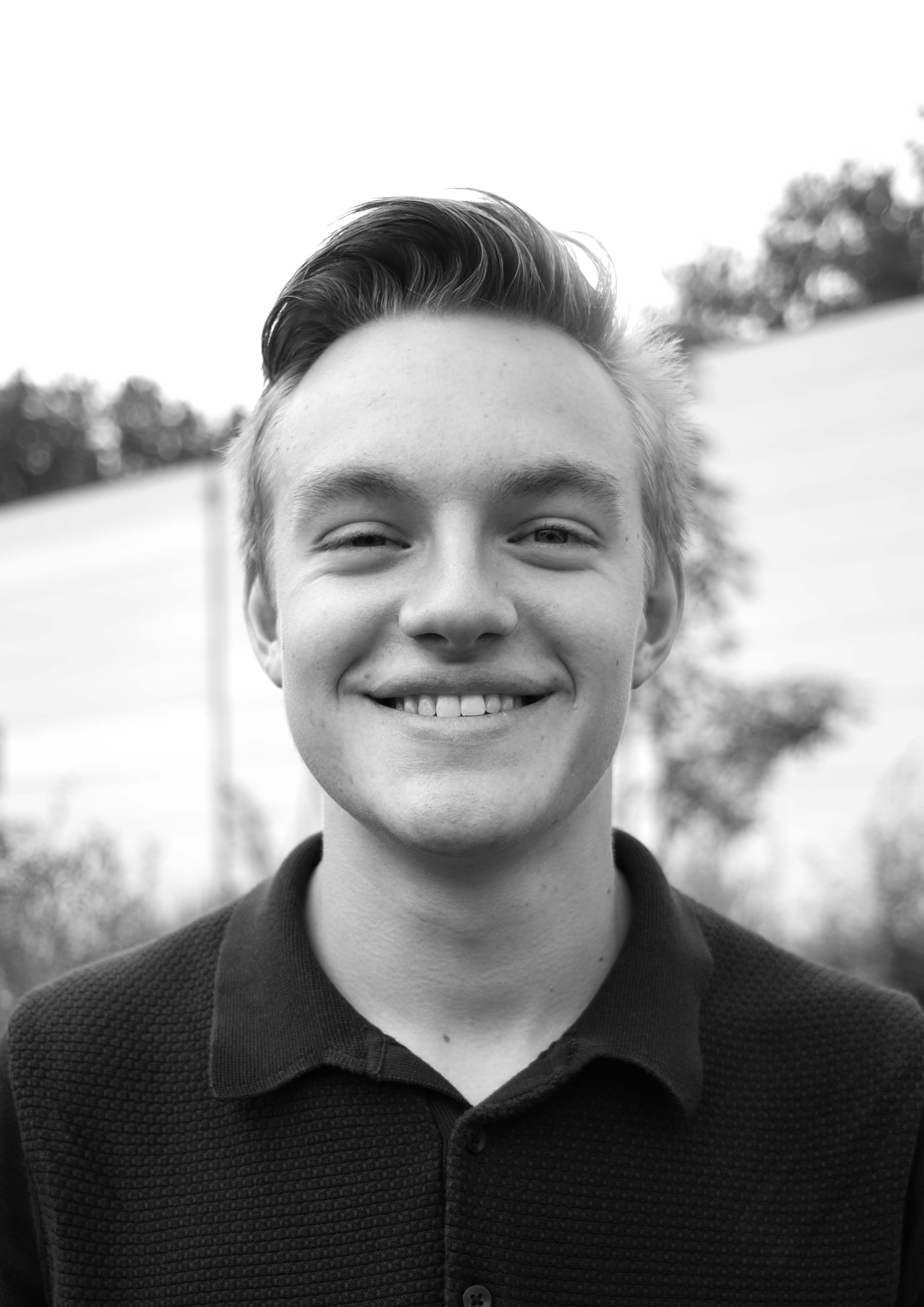
![Manon LambeensManon is a playful Belgian graphic and social designer [KASK, Ghent]. She focuses on accessible and engaging projects in public space.](https://freight.cargo.site/t/original/i/c10c15f45c6a5f90bdac18a809fff136bdd846d69d320242a817303bf2e1bb4e/portraits-bw-10.jpg)

![Tristan Isaac Tristan is a student in network economy, [Howest] passionate about music and media. Based in Kortrijk, he’s a volunteer at Quindo and De Stroate.](https://freight.cargo.site/t/original/i/59b2c0c5b582cd8e7edbf799e48da3a525c7bb775f31e412b264ce66ba0a4784/portraits-bw-11.jpg)

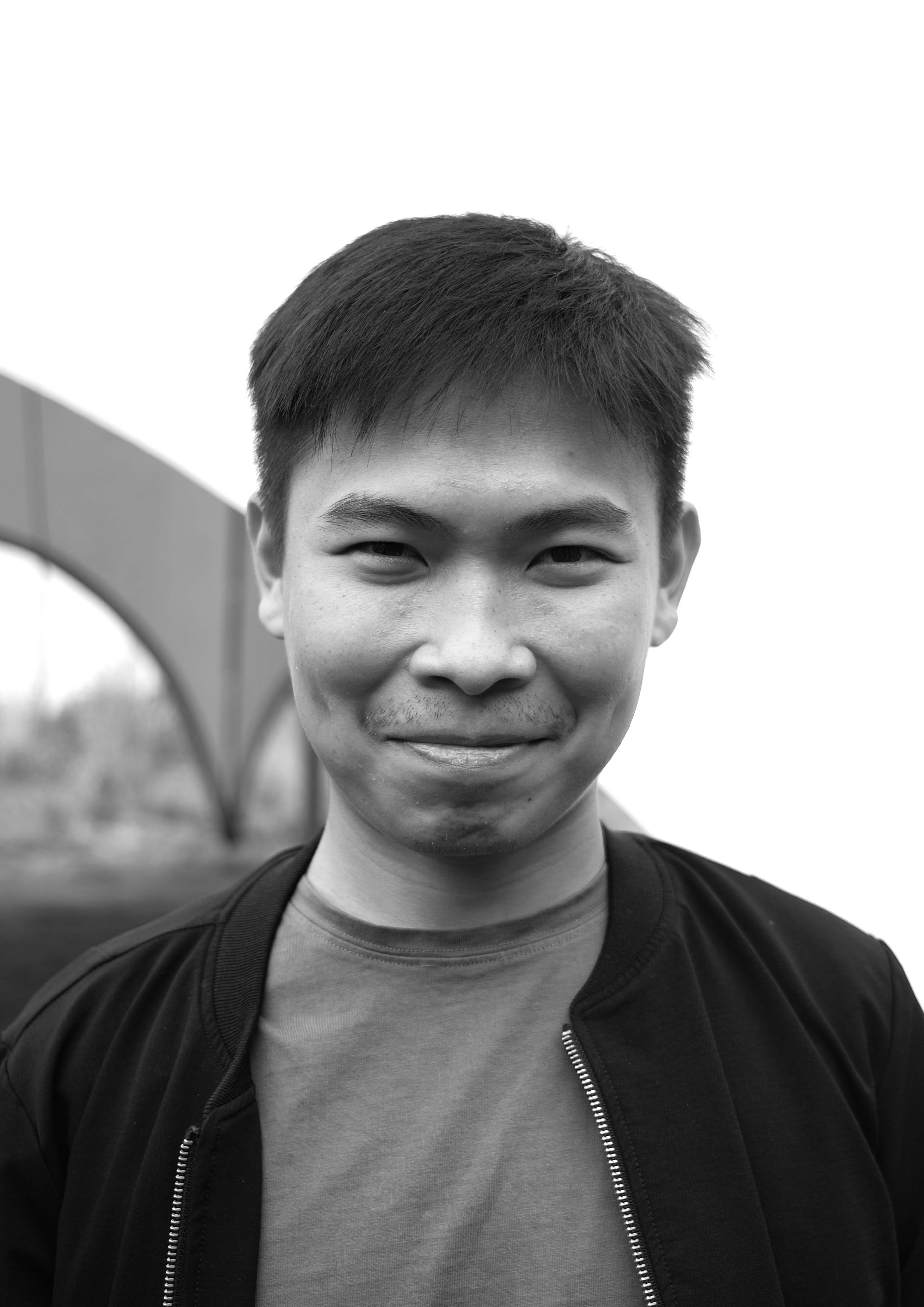
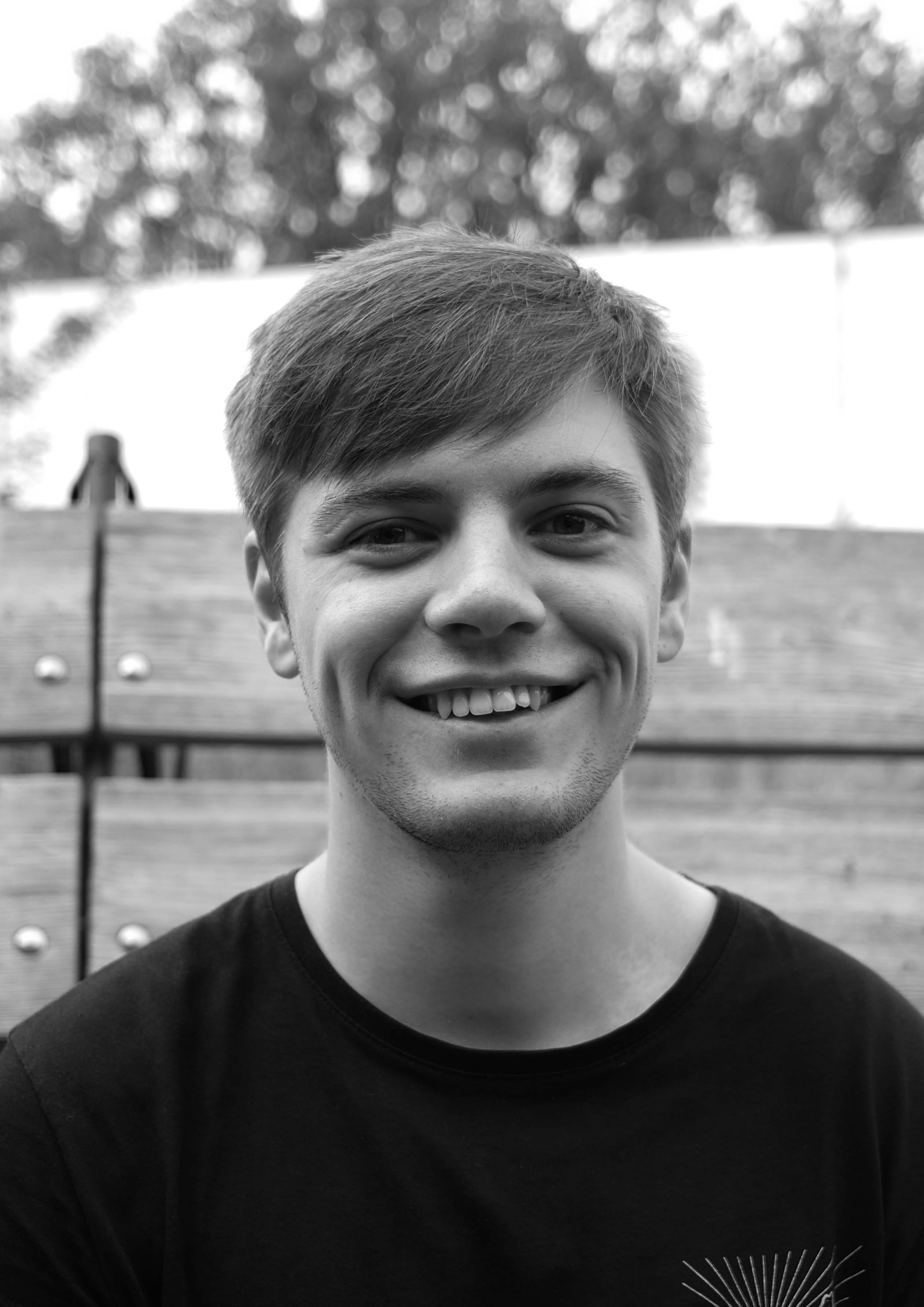
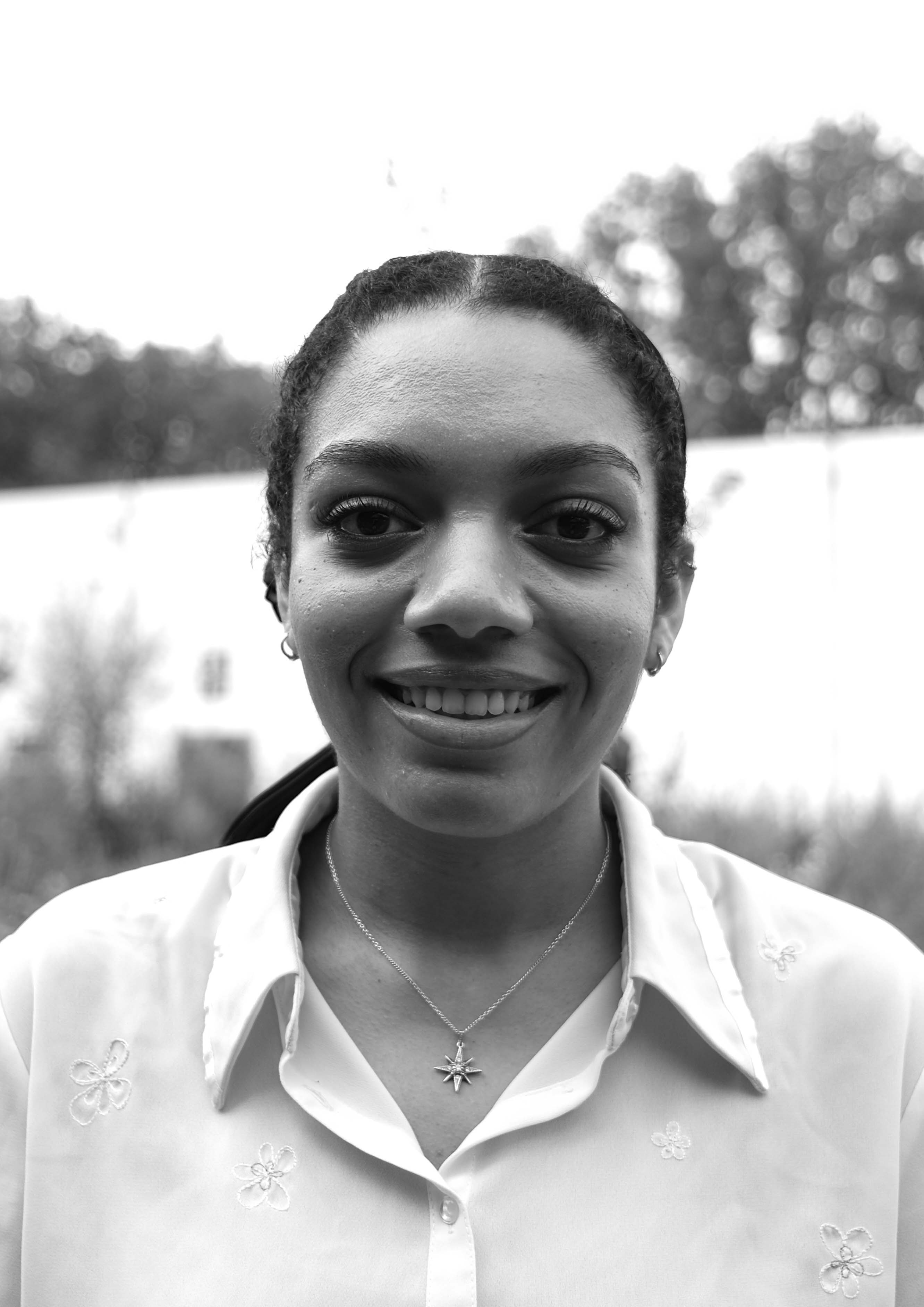
Exhibited at:
Seen on:


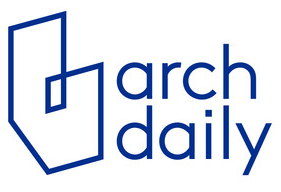
Partners:




